Shows
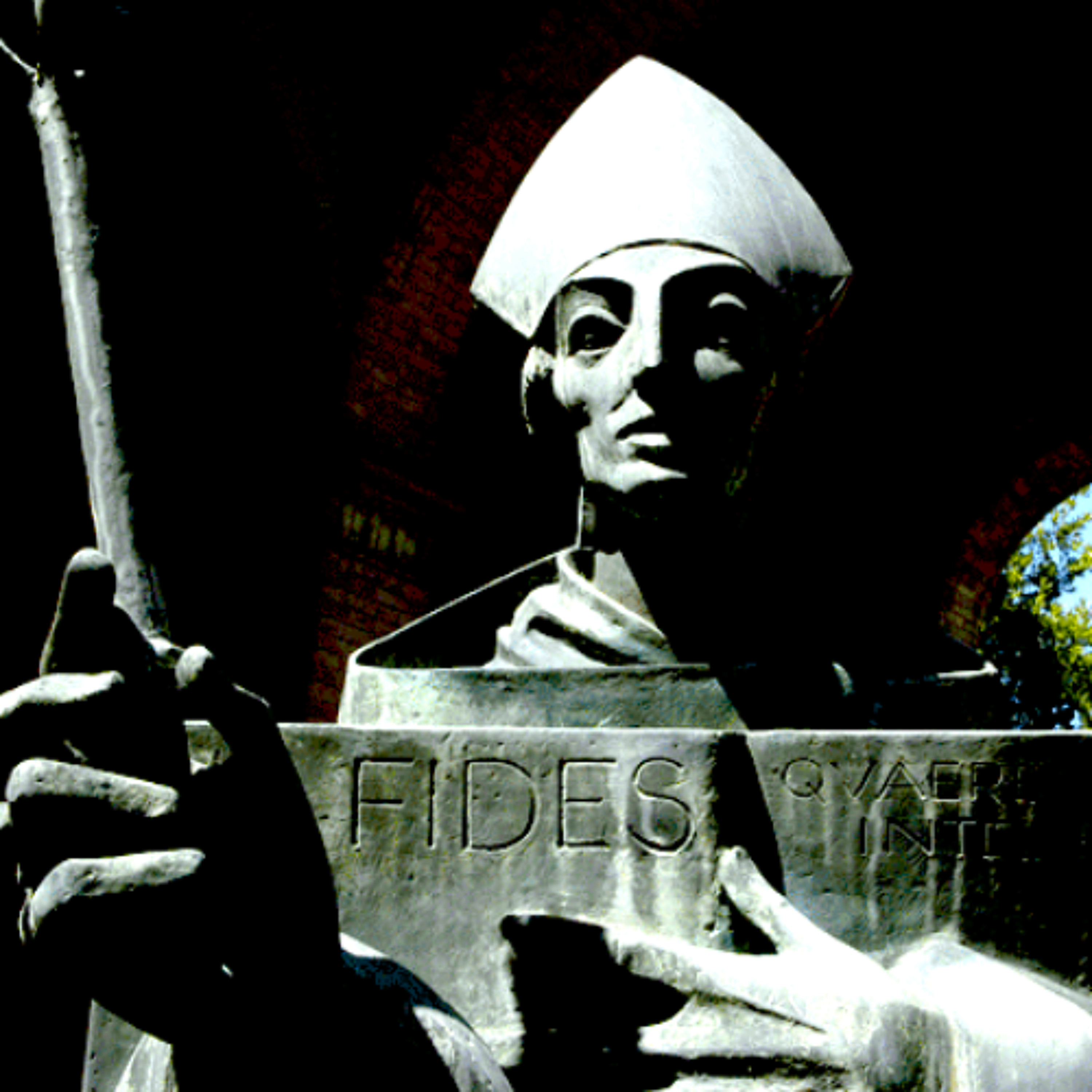
Sadler's LecturesDivine Justice, Mercy, and Intercession- The Innovative Structure of Anselm’s PrayersDivine Justice, Mercy, and Intercession- The Innovative Structure of Anselm’s Prayers by Lectures on classic and contemporary philosophical texts and thinkers by Gregory B. Sadler
2025-11-2125 min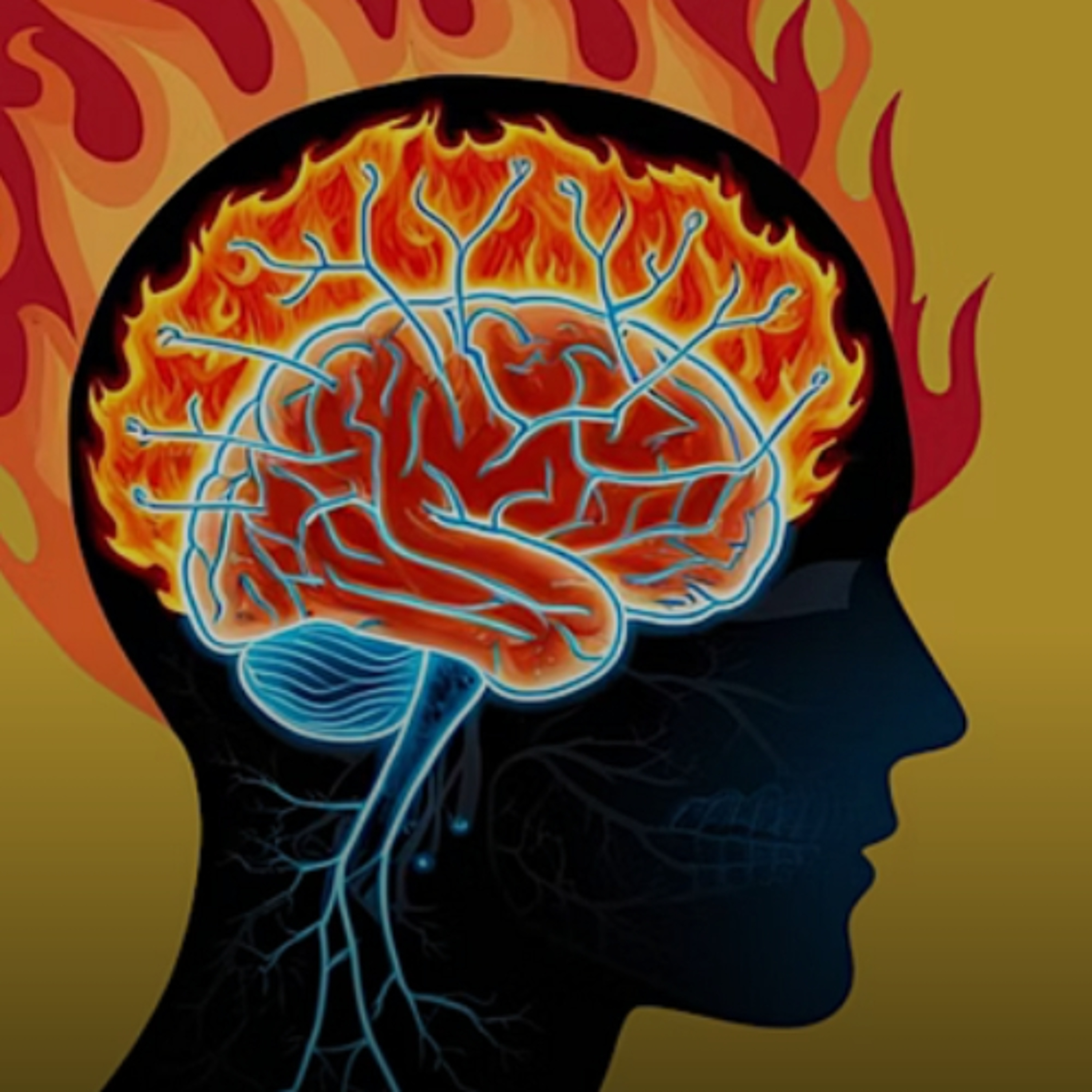
Sadler's LecturesEarly Christian Thinkers On Anger - Sadler's LecturesThis is my relatively short talk given during the 2025 Plato's Academy multidisciplinary conference: The Philosophy and Psychology of Anger, during which I discuss some of the useful insights and practices early Christian thinkers (2nd-5th Century CE) can provide us. These don't require one to be committed to Christianity and can be applied by a wide range of people.
I begin with a passage from Pierre Hadot's book Philosophy As A Way Of Life: "[Christians] believed they recognized spiritual exercises, which they had learned through philosophy, in specific scriptural passages . . . The reason why Christian authors paid attention to these particular...
2025-11-1815 min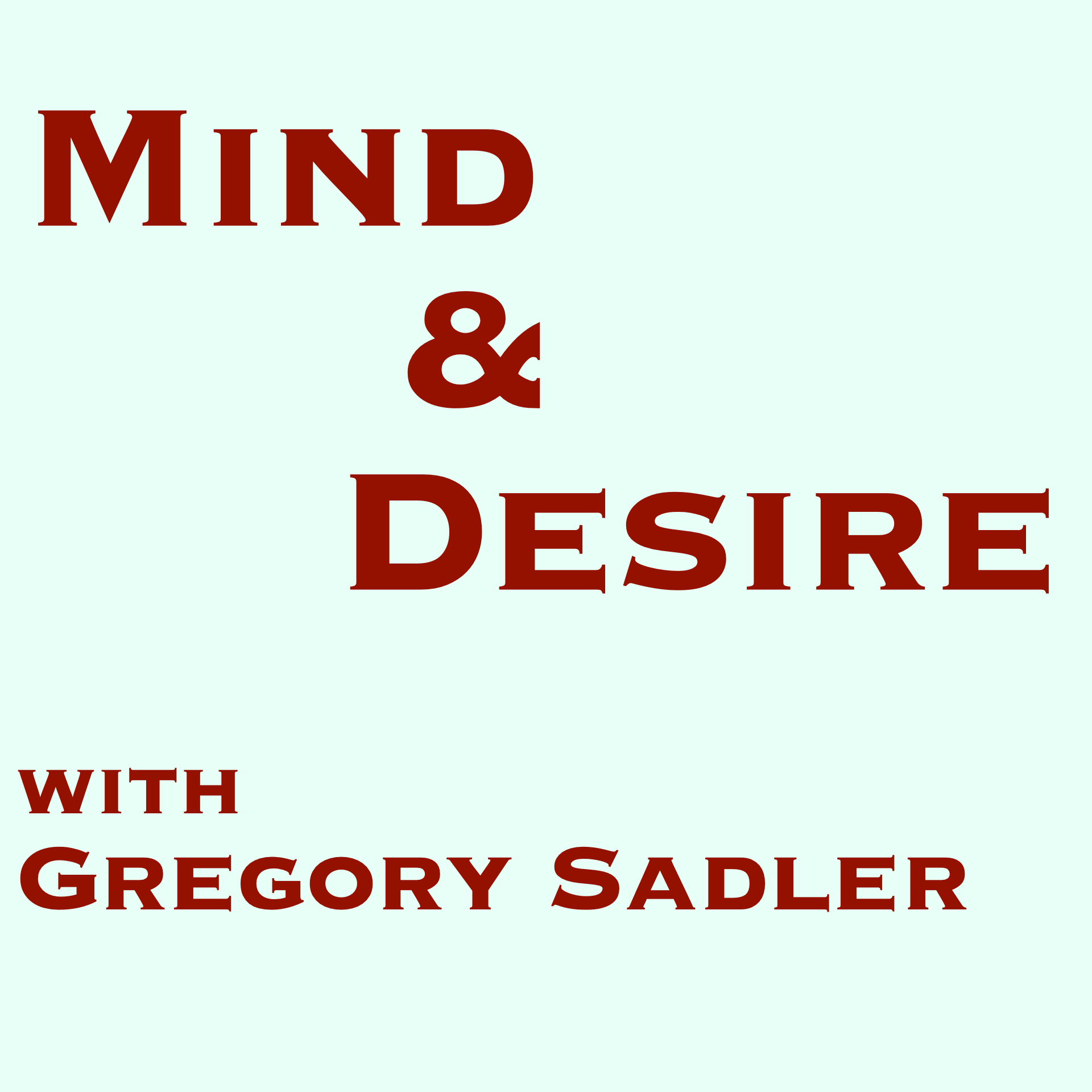
Mind & DesireEpisode 43 - Why I Like Teaching Cicero's On The Nature Of The GodsIn the last week or so, I have been editing a number of Sadler's Lectures podcast episodes on Cicero's On the Nature of the Gods book 2. And if you've been following my YouTube channel, then you're probably going to say, oh, I've seen those already. Well, yes, you've seen the videos, but what I do is take the sound files from the videos and And then I clean them up, take out all the filler words, long pauses, repetitions where I say the same word twice for some reason, just as I do for this Mind and Desire podcast...
2025-09-0614 min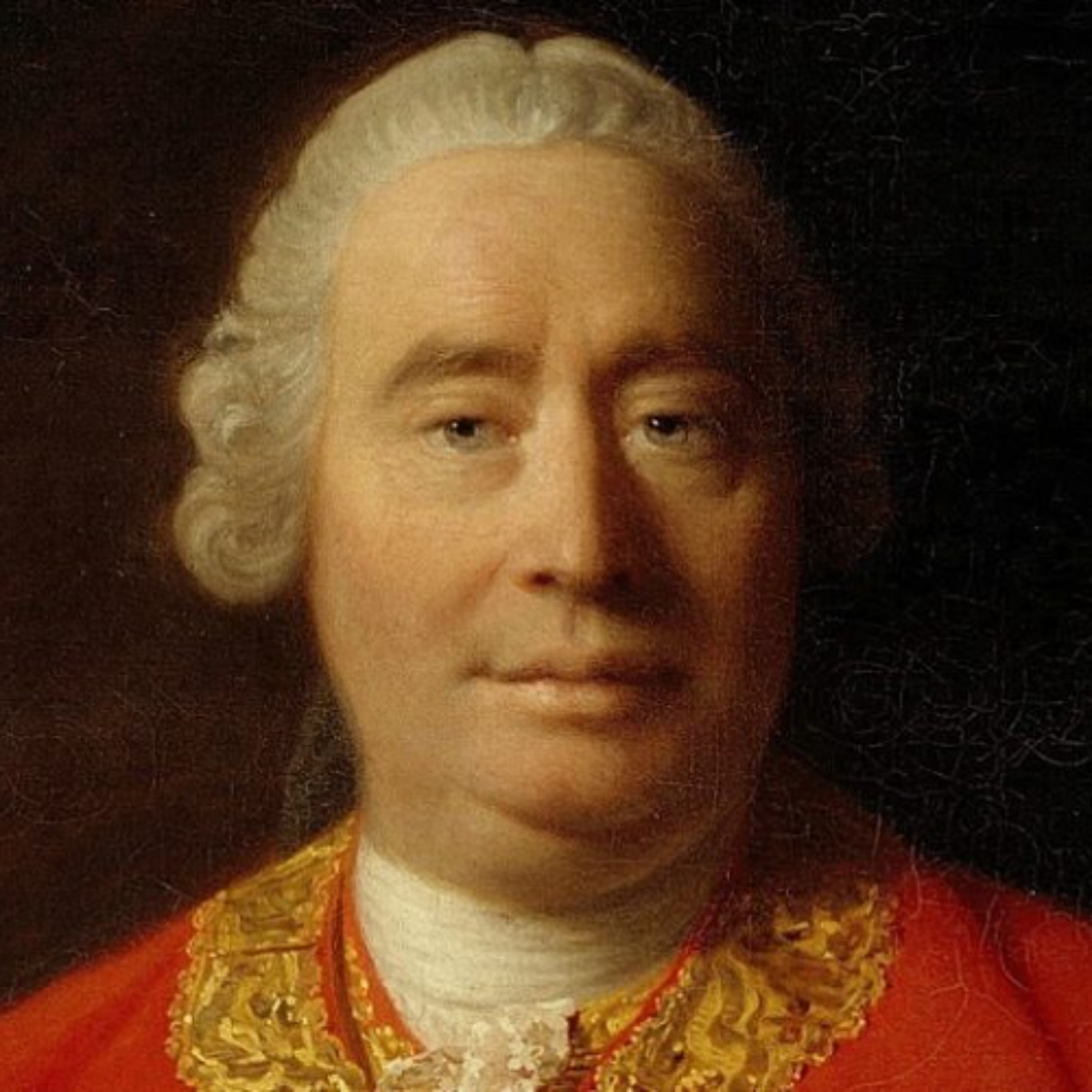
Sadler's LecturesDavid Hume, Essays Moral, Political, and Literary - The EpicureanDavid Hume, Essays Moral, Political, and Literary - The Epicurean by Lectures on classic and contemporary philosophical texts and thinkers by Gregory B. Sadler
2025-06-2815 min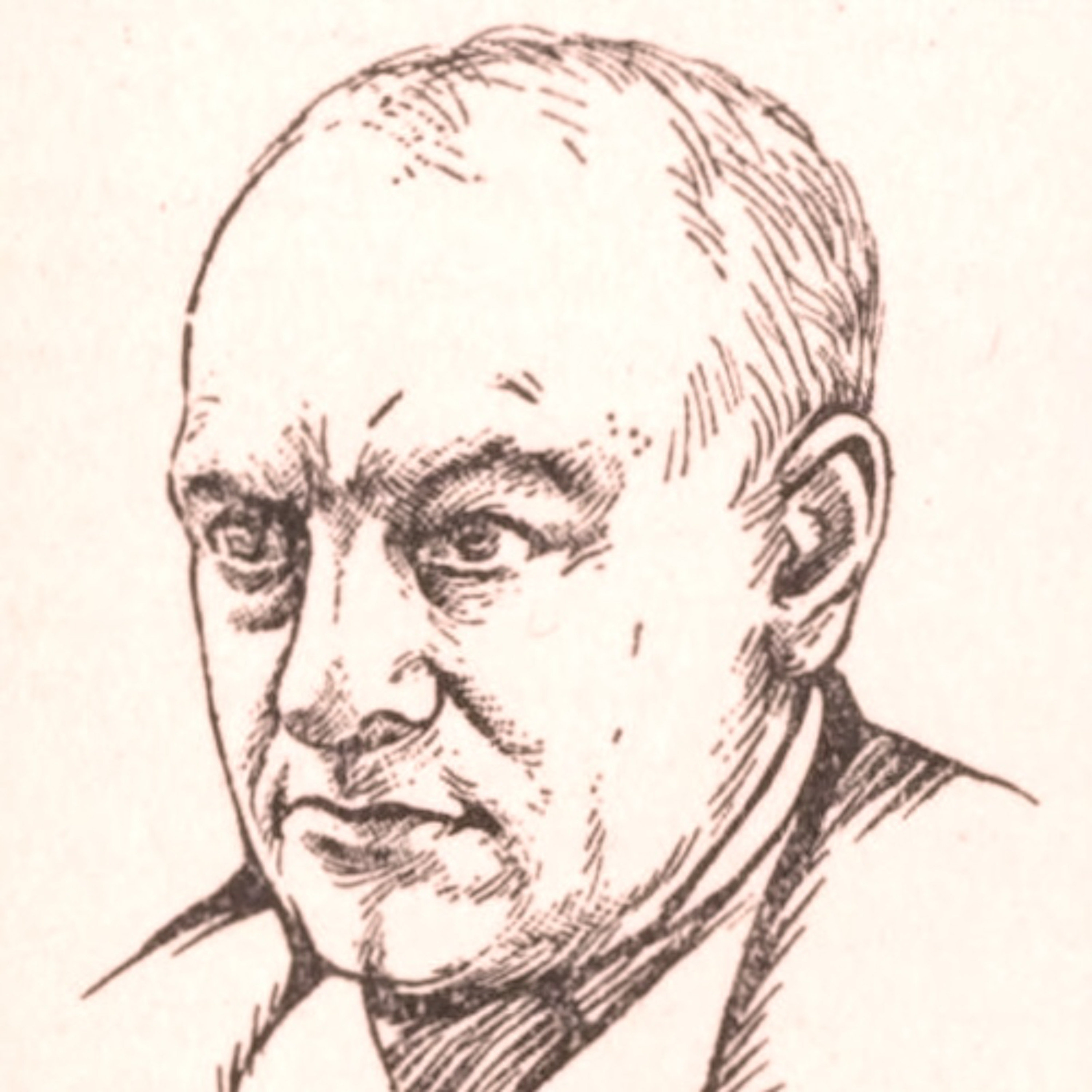
Sadler's LecturesMax Scheler, Ressentiment - Sources Of Ressentiment - Sadler's Lectures - Sadler's LecturesThis lecture discusses key ideas from the 20th century German philosopher, sociologist of knowledge, and phenomenologist, Max Scheler's work Ressentiment, which provides an interpretation of Friedrich Nietzsche's concept of that same name. It focuses on Scheler's analysis of two main sources of ressentiment, namely the desire for revenge, on the one hand, and envy, jealousy, and the competitive impulse. There are other affects that can figure into ressentiment as well, that Scheler identifies, such as hatred, malice, spite, the urge to detract, and schadenfreude.
To support my ongoing work, go to my Patreon site - www.patreon.com/sadler
If...
2025-05-0120 min
Mind & DesireEpisode 26 - Converting Theoretical Ideas Into Philosophical Practices (With Two Examples)As many of you listeners know, I teach classes both in traditional academic settings, in institutions that, you know, have a kind of formalized approach to education, and I do those face-to-face and online. And I also teach, in the Study with Sadler Academy, online classes and seminars to a much wider variety of people, in part because I open it up. You don't have to be enrolled in a particular school in order to take classes. And I also make them a good bit more affordable. Now, that's a totally different topic.Where am I going...
2025-02-2611 min
Mind & DesireEpisode 25 - Productivity, Prioritization, And A Sense Of ProportionIf you follow me on social media, you no doubt saw me posting a kind of funny meme about a workaholic. It actually shows a guy in heavy plate armor, and I suppose this is from some video game setting, as some people have pointed out. The caption of it is the part that we're really interested in, and it shows him with his head in his arms saying “workaholics when they run out of workahol”.And, you know, the point there is, of course, humorous. There is no such thing as workahol, but we could think of t...
2025-02-1114 min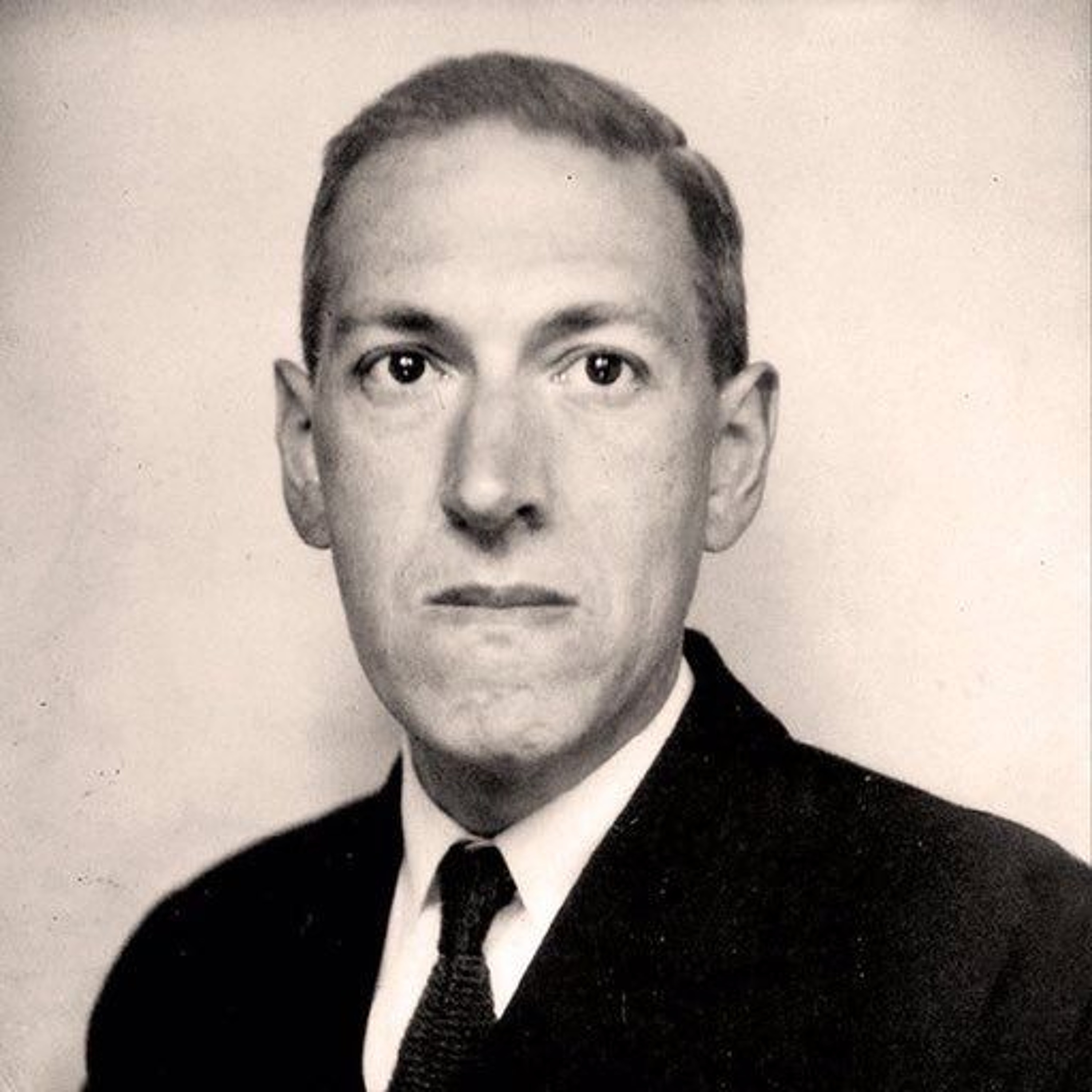
Sadler's LecturesH.P. Lovecraft, The Call Of Cthulhu - Inspector Legrasses AccountH.P. Lovecraft, The Call Of Cthulhu - Inspector Legrasses Account by Lectures on classic and contemporary philosophical texts and thinkers by Gregory B. Sadler
2024-10-2313 min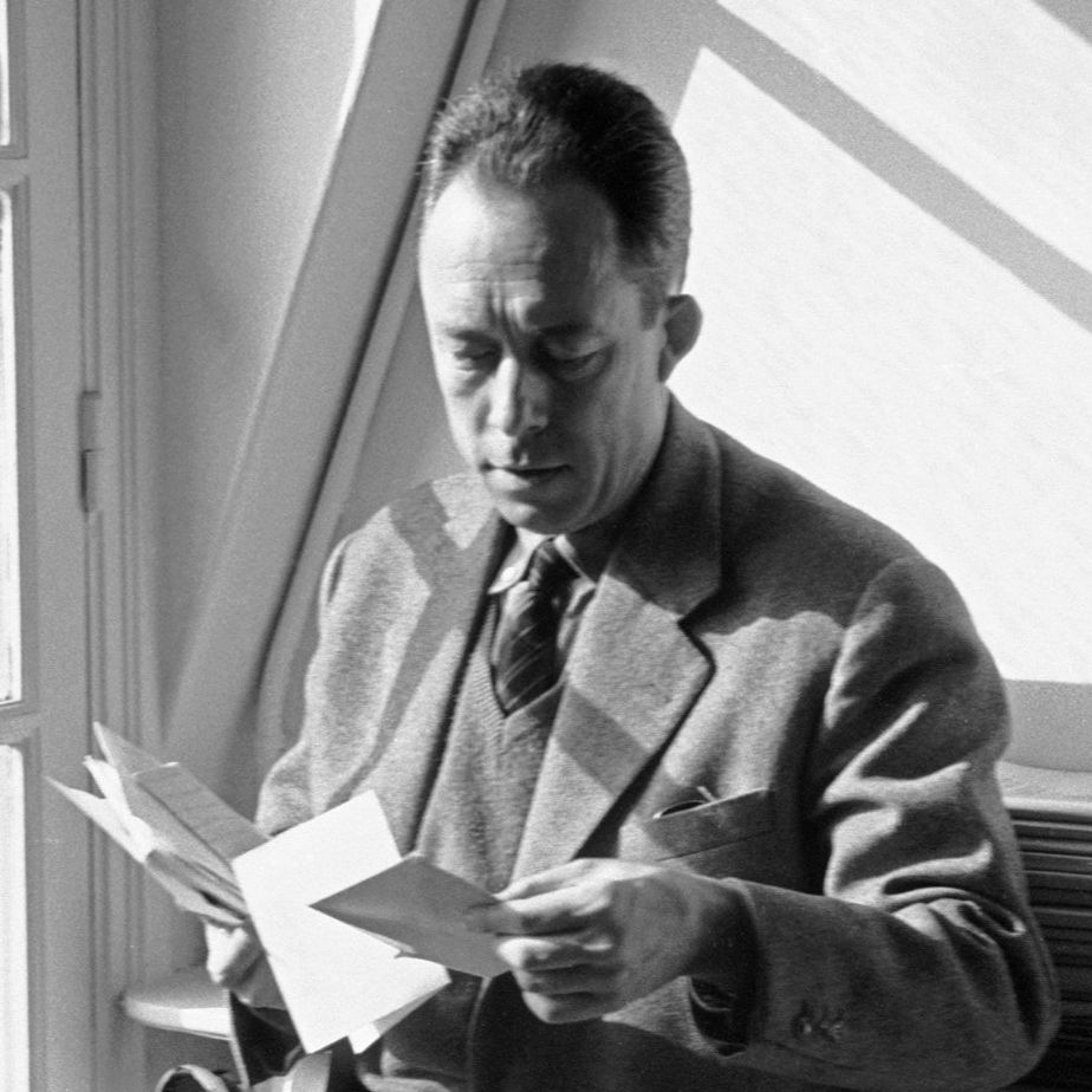
Sadler's LecturesAlbert Camus, The Myth Of Sisyphus - Ethics Faced With The Absurd - Sadler's LecturesThis lecture discusses key ideas from the 20th century philosopher, novelist, and essayist Albert Camus' work The Myth of Sisyphus
Specifically it examines his discussion in part 2, which develops a sort of ethics confronting the absurd in human existence. This ethics would be developed within the scope of a person's life, and would not be reducible to universal rules or principles.
To support my ongoing work, go to my Patreon site - www.patreon.com/sadler
If you'd like to make a direct contribution, you can do so here - www.paypal.me/ReasonIO - or at BuyMeACoffee - www...
2024-06-1322 min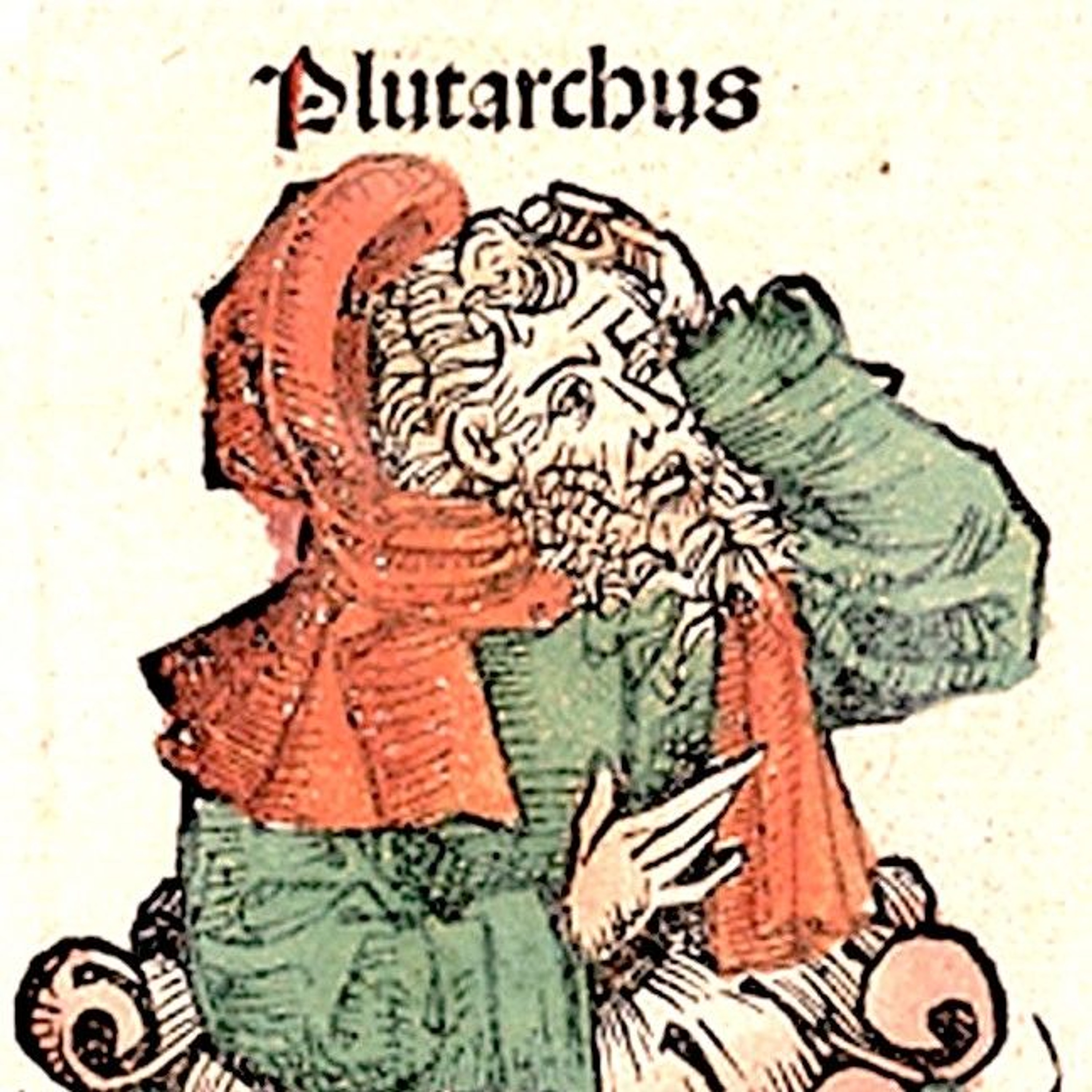
Sadler's LecturesPlutarch, How To Tell A Flatterer From A Friend - Moderating Frankness Of Speech - Sadler's LecturesThis lecture discusses key ideas from the ancient Middle Platonist philosopher and biographer Plutarch's essay How To Tell A Flatterer From A Friend
This episode focuses specifically on the importance of moderating, or placing some limits on frankness of speech (in ancient Greek, parrhesia) within the scope of genuine friendship. These include advice to avoid approaches that are likely to be insulting to the person being criticized, since frankness has room for graciousness. Frank criticism should also be avoided when a person is intoxicated, and one should avoid criticizing a person in front of certain audiences. Criticizing too often or...
2024-06-1118 min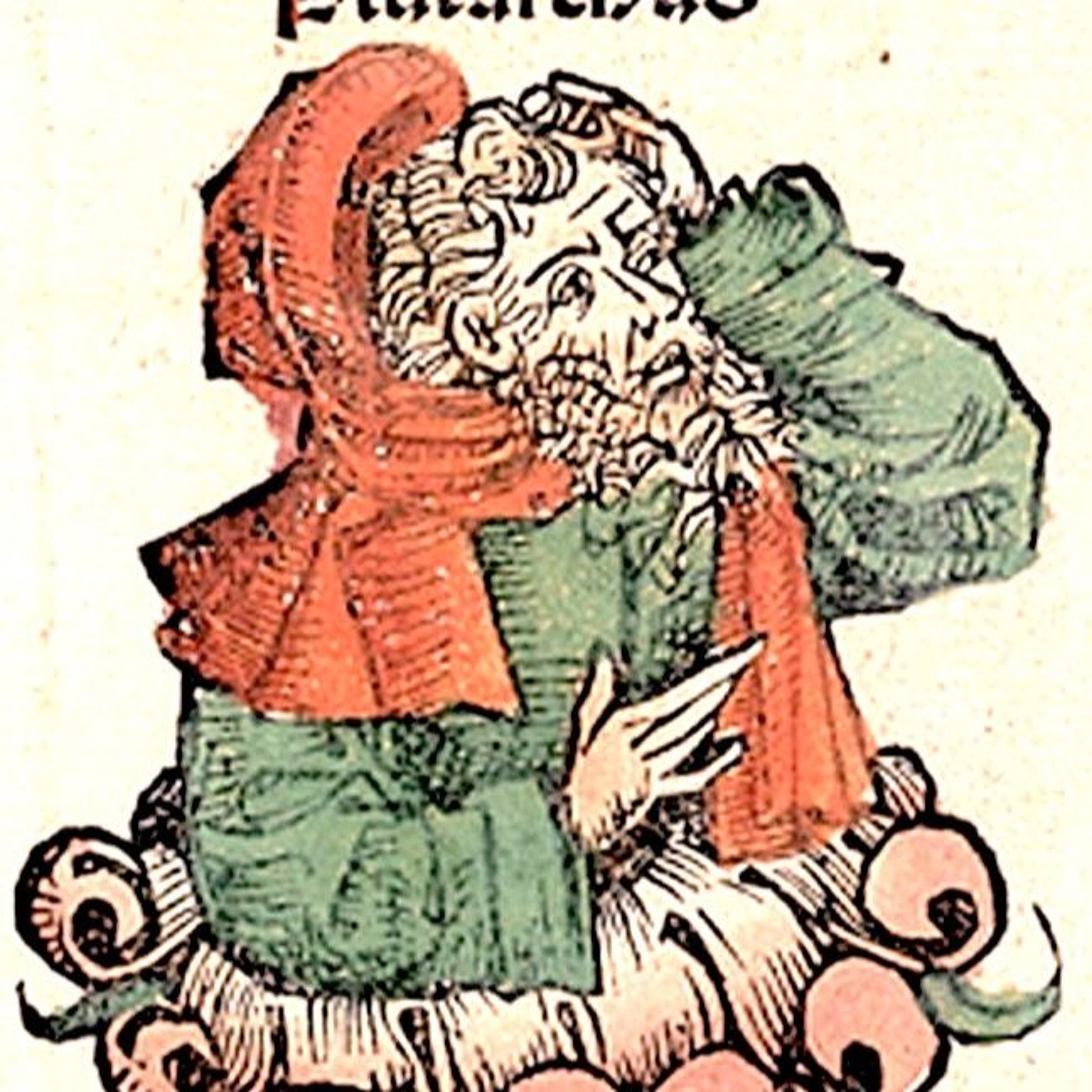
Sadler's LecturesPlutarch, How To Tell A Flatterer From A Friend - Tricks Flatterers Employ - Sadler's LecturesThis lecture discusses key ideas from the ancient Middle Platonist philosopher and biographer Plutarch's essay How To Tell A Flatterer From A Friend
This episode focuses specifically on his discussion of a number of tricks and techniques that more sophisticated flatterers use to attempt to imitate friendship. Among these are using a fake frankness of speech, imitating similarities with the person targeted, pretending to share the same problems or deficits, praising the person wrongly for their character rather than just their actions, and using a kind of "silent flattery" in actions.
You can find the copy of the text I...
2024-06-0717 min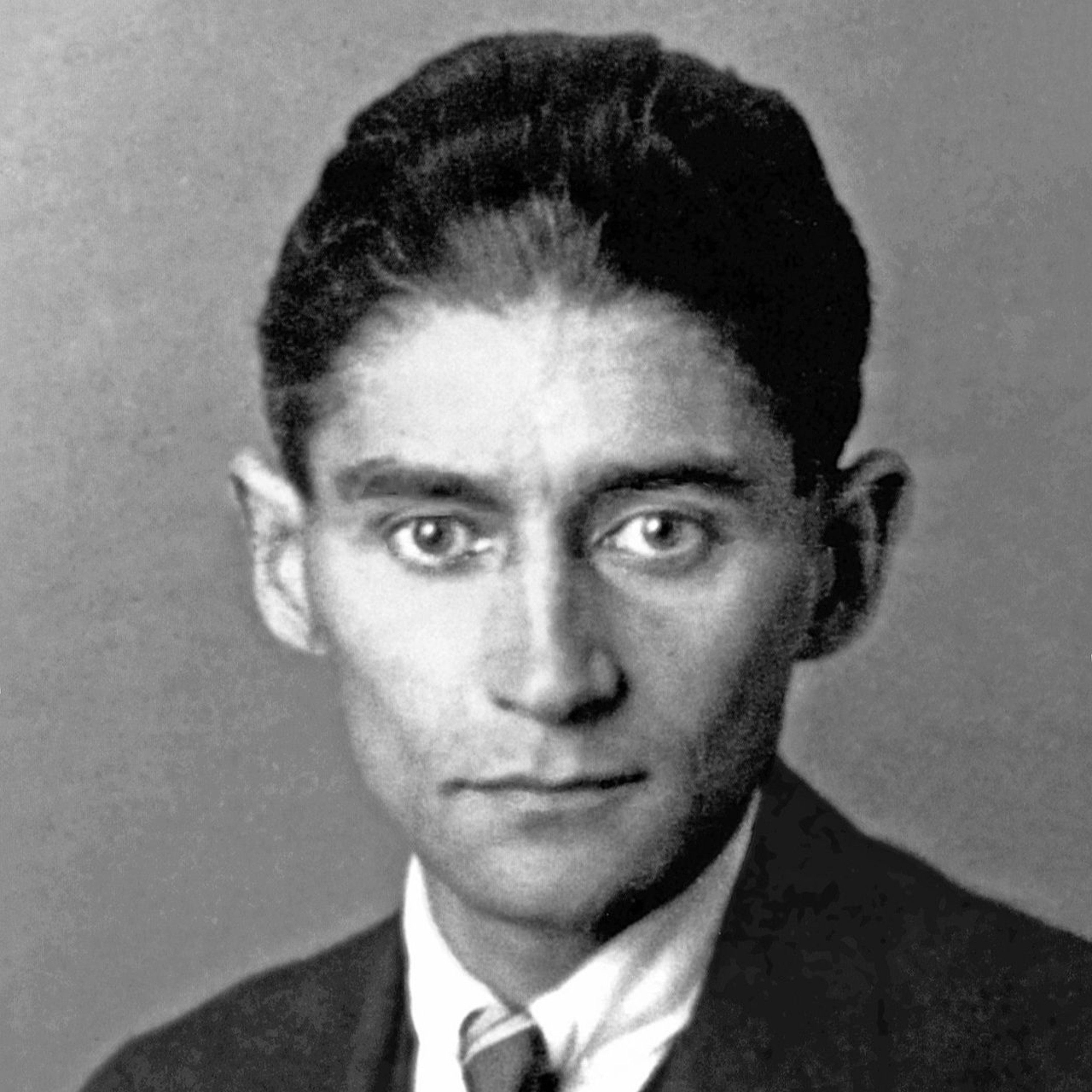
Sadler's LecturesFranz Kafka, The Metamorphosis - The Cook, Servant Girl, Lodgers, And Charwoman - Sadler's LecturesThis lecture discusses key ideas from the work of the 20th century novelist and short story writer, Franz Kafka, "The Metamorphosis"
This lecture discusses the responses and attitudes towards Gregor on the part of different minor characters in the short story, namely the cook and servant-girl who respond to Gregory with horror, the lodgers who pretend to be disgusted by him but really are just taking advantage of the situation, and the charwoman who exhibits a kind of rough friendliness towards him.
To support my ongoing work, go to my Patreon site - www.patreon.com/sadler
If you'd like...
2024-05-2915 min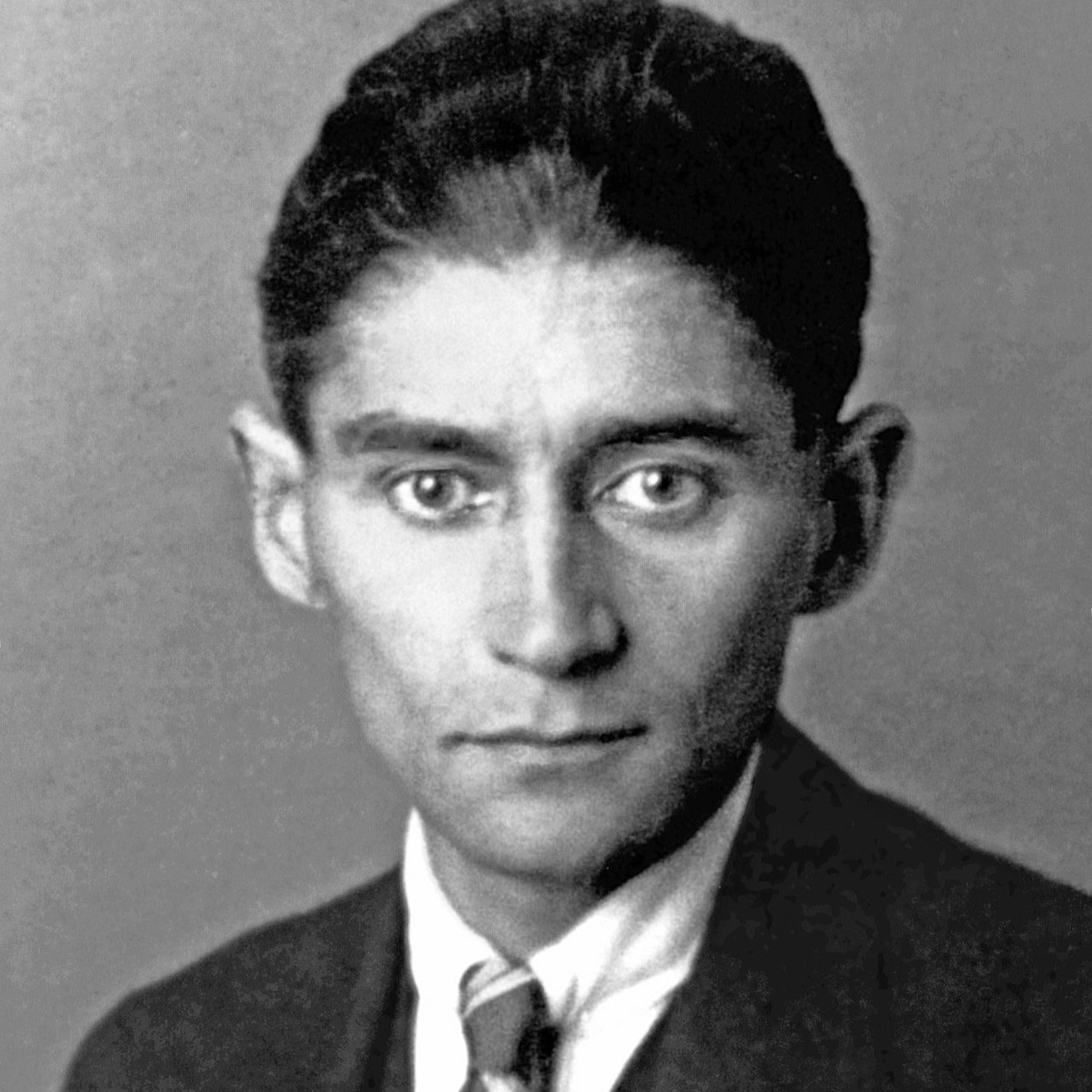
Sadler's LecturesFranz Kafka, The Metamorphosis - Gregor's Mother And Father - Sadler's LecturesThis lecture discusses key ideas from the work of the 20th century novelist and short story writer, Franz Kafka, "The Metamorphosis"
This lecture discusses two of the other important characters in the story, Gregors mother and father, simply referred to Mrs. and Mr. Samsa. Both of them are aged and in bad health, and dependent upon Gregor, at the start of the story. Mrs. Samsa remains prone to fainting spells, but does take thought about her son and takes on work that can be done in the home. Mr. Samsa goes back to work and becomes active and dynamic again.
...
2024-05-2817 min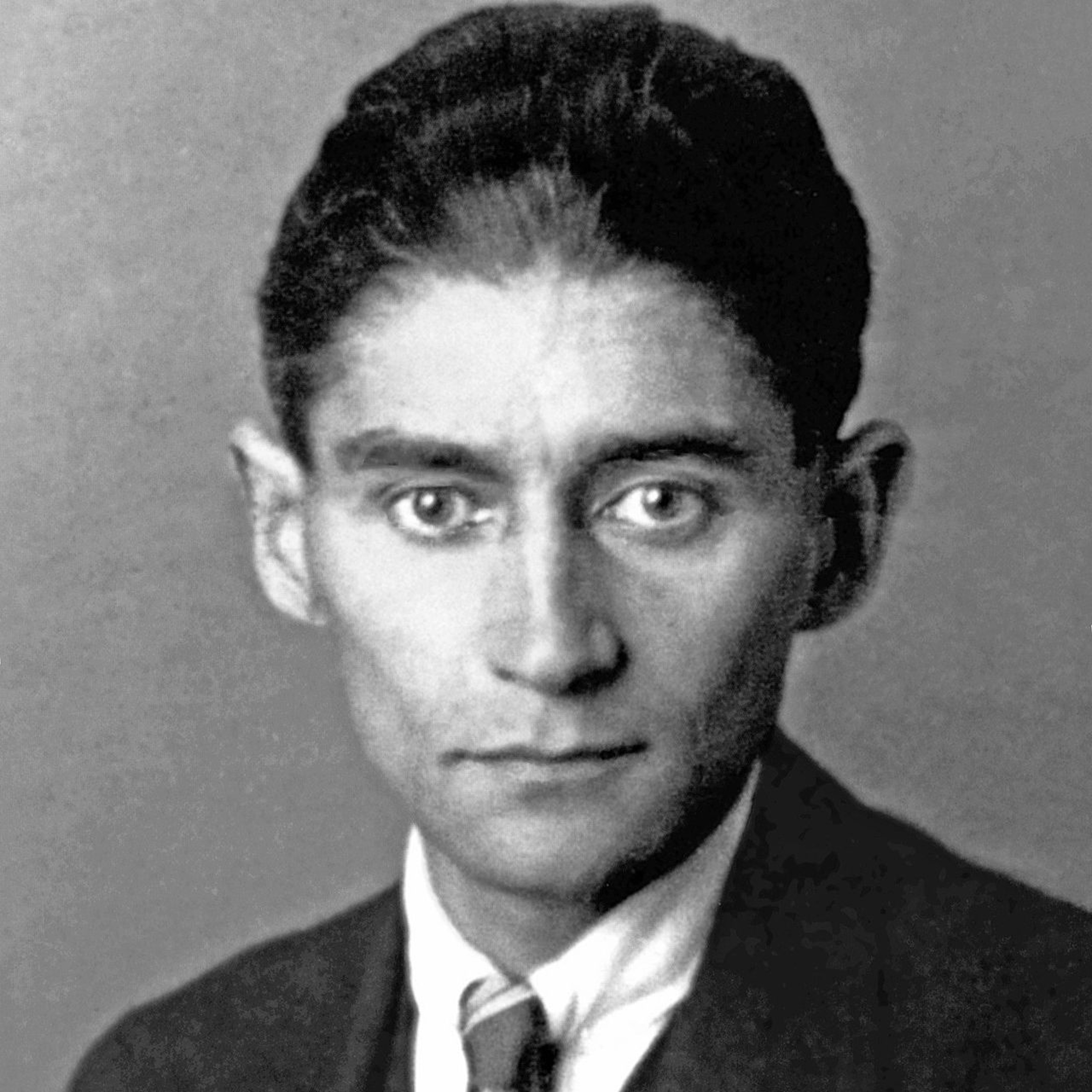
Sadler's LecturesFranz Kafka, The Metamorphosis - Gregor's Sister Grete - Sadler's LecturesThis lecture discusses key ideas from the work of the 20th century novelist and short story writer, Franz Kafka, "The Metamorphosis"
This lecture discusses the character Grete, who is Gregor's younger sister. At the beginning of the story, she is a teenager with minimal responsibilities and some musical talent. As she comes to take care of her brother after his metamorphosis, she takes on more responsibility and agency. By the end of the story, she argues that the creature is no longer her brother Gregor, and that they must get rid of it.
To support my ongoing work, go to...
2024-05-2613 min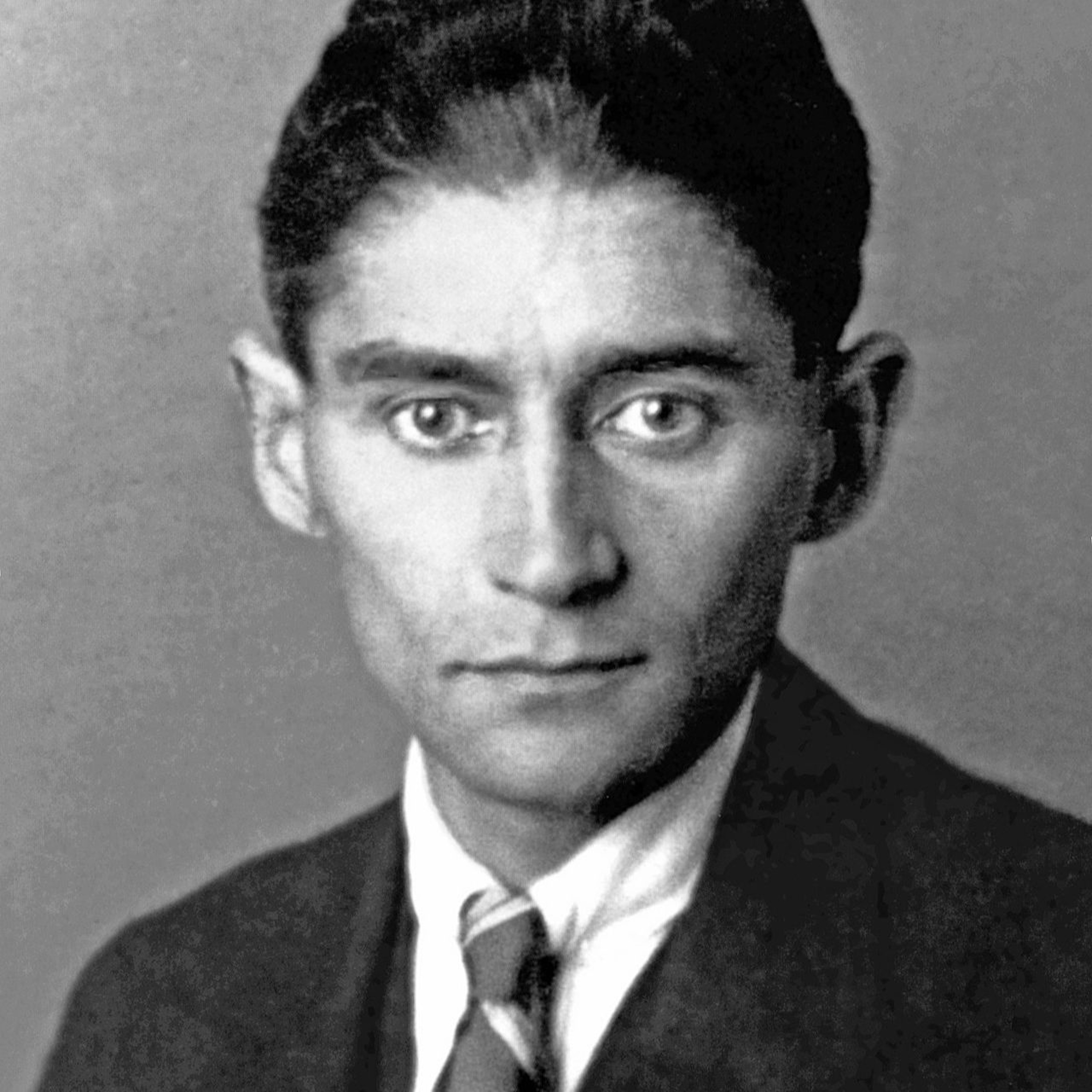
Sadler's LecturesFranz Kafka, The Metamorphosis - The Samsa Family's Circumstances - Sadler's LecturesThis lecture discusses key ideas from the work of the 20th century novelist and short story writer, Franz Kafka, "The Metamorphosis"
This lecture discusses the circumstances of Gregor's family, the Samsas. Initially, they are all dependent upon Gregor for their income, paying down debts, and even the decision-making around the house. As Gregor discovers after his transformation and losing his job, his father does have some money set aside, and his family members are all capable of taking on work suited to them. By the end, they all agree that their situation presents them with certain opportunities.
To support my...
2024-05-2416 min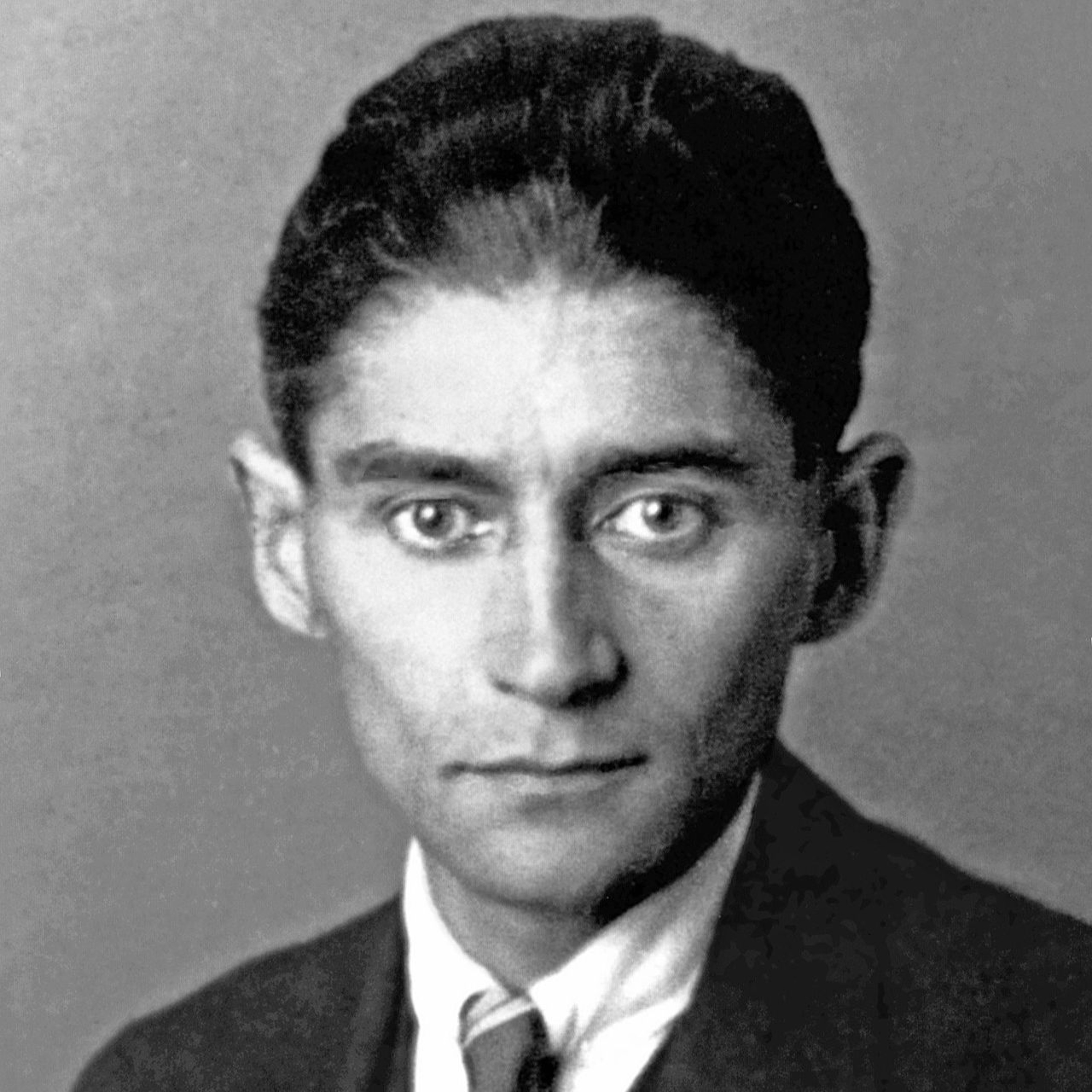
Sadler's LecturesFranz Kafka, The Metamorphosis - Gregor Samsa's Transformation - Sadler's LecturesThis lecture discusses key ideas from the work of the 20th century novelist and short story writer, Franz Kafka, "The Metamorphosis"
This lecture discusses the transformation or metamorphosis (Verwandlung) that Gregor Samsa experiences at the very beginning of the story, but also throughout the narrative. As it turns out it is not simply his physical form that is changed, but also his own capacities and possibilities, his relationships with other people, his senses and desires, and even his own viewpoint on himself.
To support my ongoing work, go to my Patreon site - www.patreon.com/sadler
If you'd like...
2024-05-2319 min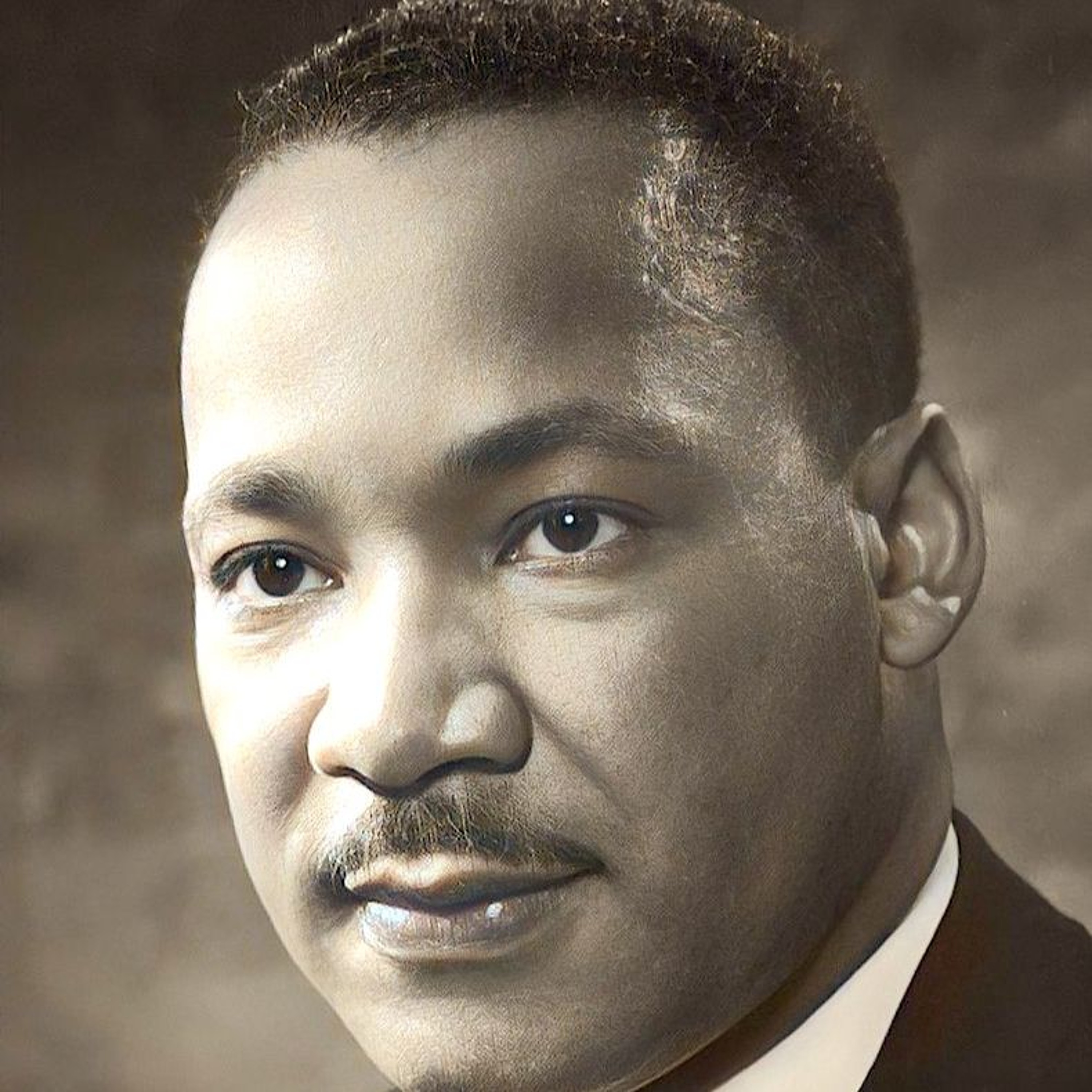
Sadler's LecturesMartin Luther King, Unfulfilled Hopes - Bitterness, Withdrawal, & Creative Will - Sadler's LecturesThis lecture discusses key ideas from the work of the 20th century theologian, social philosopher, and civil rights activist, Martin Luther King Jr.'s sermon "Unfulfilled Hopes"
It discusses the analysis he provides of three different characteristic responses to the tragic element of life, that dreams remain unrealized, hopes unfulfilled, and that cries for a solution go unanswered. Two of these responses, those of bitterness and withdrawal, are negative and motivated by anger and hate. The third response is that of creative and dynamic will.
To support my ongoing work, go to my Patreon site - www.patreon.com/sadler
...
2024-05-2119 min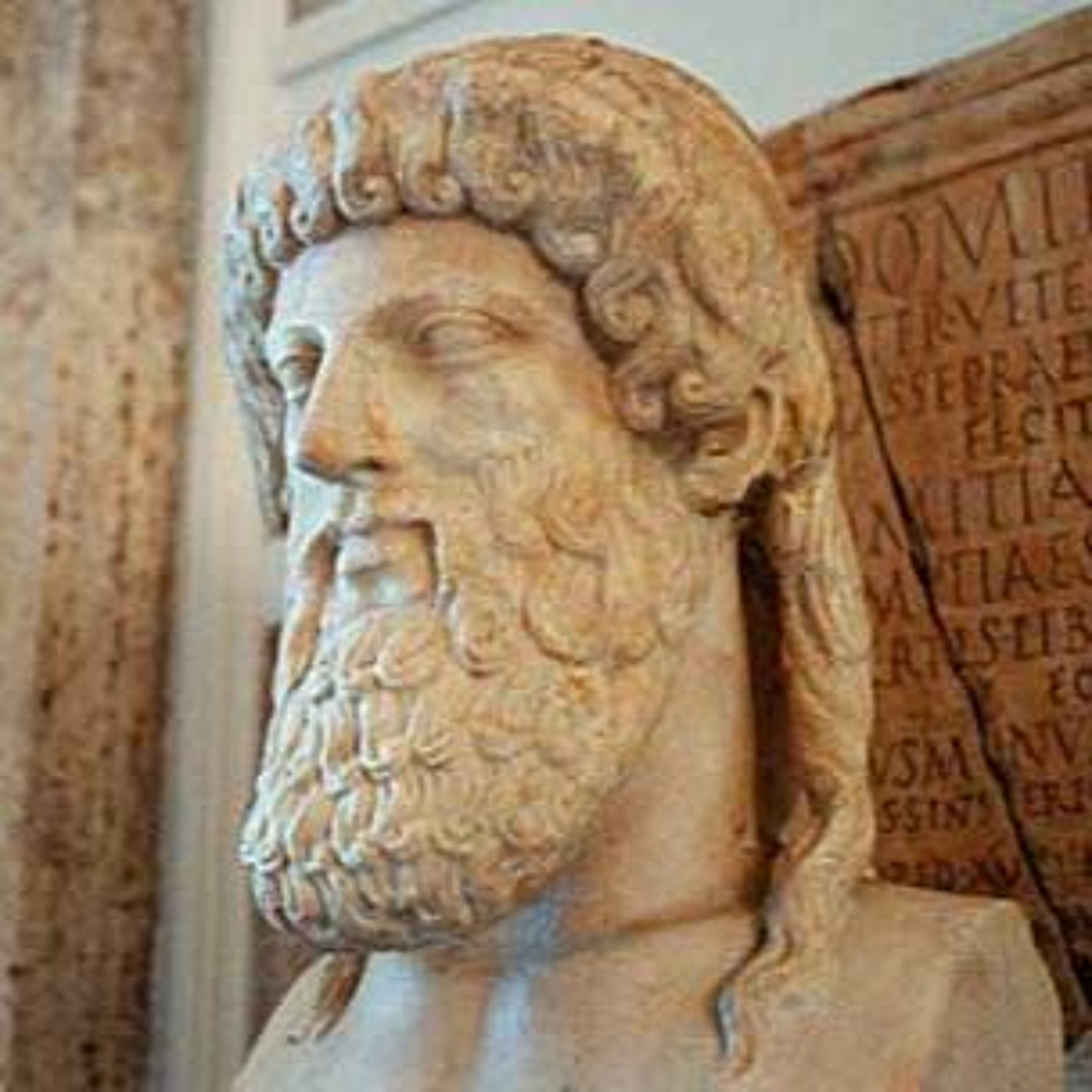
Sadler's LecturesPlato, Gorgias - Why People Get Angry In Discussions - Sadler's LecturesThis lecture discusses key ideas from the ancient philosopher Plato's dialogue, the Gorgias.
This lecture focuses specifically on a set of points that Socrates makes in his conversation with Gorgias, outlining a common dynamic that tends to produce anger and even lead to abusive language between people who are discussing or exploring a subject matter together. When subject matters or topics are difficult to define, people will accuse each other of being unclear or incorrect in what they say. It is easy for interlocutors to assume that the other person is arguing their position in bad faith, out of a...
2024-05-2012 min
Sadler's LecturesPlato, Gorgias - Knowledge, Good Will, And Frankness - Sadler's LecturesThis lecture discusses key ideas from the ancient philosopher Plato's dialogue, the Gorgias.
This lecture focuses specifically on a passage in the conversation between Socrates and the host of the evening's conversations, Callicles. After Callicles has told Socrates that philosophy is fine for children and young men, but that a mature man ought to leave it behind, Socrates ironically tells Callicles that he is certain to get a good assessment of his character from Callicles. Socrates claims that for a person who wants to be a good tester and judge of whether others are living their lives well, and whether...
2024-05-1912 min
Sadler's LecturesFranz Kafka, On Parables - Making Sense Of Parables and Meta-Parables - Sadler's LecturesThis lecture discusses key ideas from the work of the 20th century novelist and short story writer, Franz Kafka, "On Parables"
This lecture discusses the terminology used in the story, the distinction between the words of the wise which are parables and the needs and cares of our daily lives, and a metaparable that this short story ends on.
Here is the story in its entirety:
Many complain that the words of the wise are always merely parables and of no use in daily life, which is the only life we have. When the sage says: ‘Go over,’ he does not...
2024-05-1815 min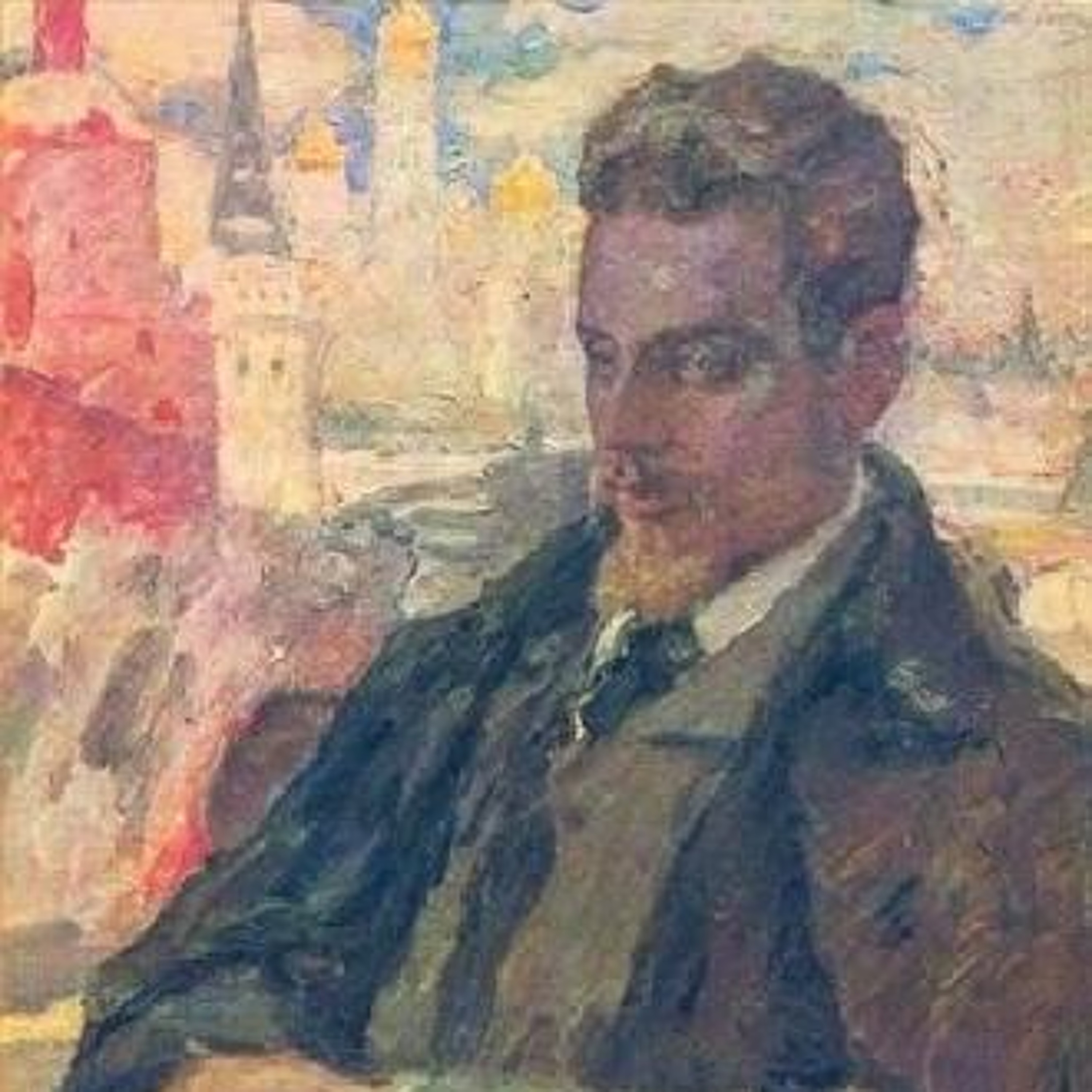
Sadler's LecturesRainer Maria Rilke, Letters To A Young Poet - Trust In Things - Sadler's LecturesThis lecture discusses the 20th century poet, novelist, and philosopher, Rainer Maria Rilke's work Letters to a Young Poet, and examines in particular advocation of trusting (halten) in what is difficult, and trusting in things. The range of "things" includes those of nature, even the smallest things, but also matters like love and death
To support my ongoing work, go to my Patreon site - www.patreon.com/sadler
If you'd like to make a direct contribution, you can do so here - www.paypal.me/ReasonIO
You can find over 3,000 philosophy videos in my main YouTube channel - www...
2024-05-1816 min
Sadler's LecturesPlutarch, On Having Many Friends - Problems With Having Many Friends - Sadler's LecturesThis lecture discusses key ideas from the ancient philosopher and biographer Plutarch's short work On Having Many Friends.
This episode focuses specifically on the reasonings he provides for the impossibility or impracticability of having many friends (poluphilia) in any genuine sense of the term. Some of these stem from the difficulties involved in doing justice to all of our relationships. Others arise from the variance we are bound to encounter among the people we would like to call friends. Yet others are due to the demands that genuine friendships place upon us to support our friends.
You can find the...
2024-05-1415 min
Sadler's LecturesPlutarch, On Having Many Friends - Trying And Testing Friends - Sadler's LecturesThis lecture discusses key ideas from the ancient philosopher and biographer Plutarch's short work On Having Many Friends.
This episode focuses specifically on his advice that, if we want to have good friendships, we need to try and test people before becoming fully friends with them. This echoes advice given earlier by authors like Cicero, Aristotle, and Seneca. Unfortunately, Plutarch says, many people make friends first, and then come to regret their commitment to people whose characters are not particularly good.
You can find the copy of the text I am using for this sequence on Plutarch's On Having Many...
2024-05-1412 min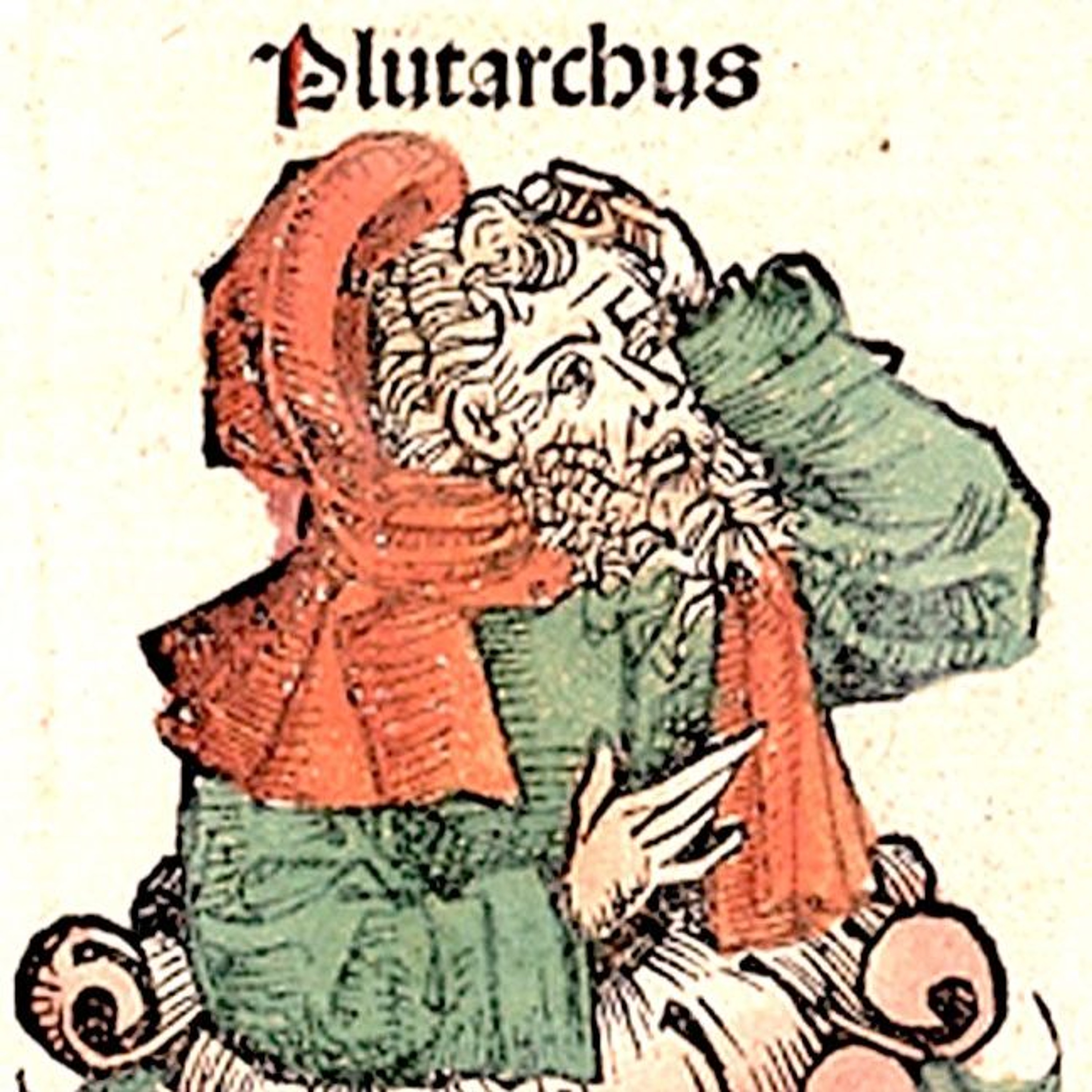
Sadler's LecturesPlutarch, On Having Many Friends - What Genuine Friendship Involves - Sadler's LecturesThis lecture discusses key ideas from the ancient philosopher and biographer Plutarch's short work On Having Many Friends.
This episode focuses specifically on a number of features of true or genuine friendship that he discusses in the work. Some of these are his own later interpretation of earlier authors who discuss friendship, like Aristotle and Cicero.
You can find the copy of the text I am using for this sequence on Plutarch's On Having Many Friends here - https://amzn.to/48LBGZ2
To support my ongoing work, go to my Patreon site - www.patreon.com/sadler
If you'd like...
2024-05-1312 min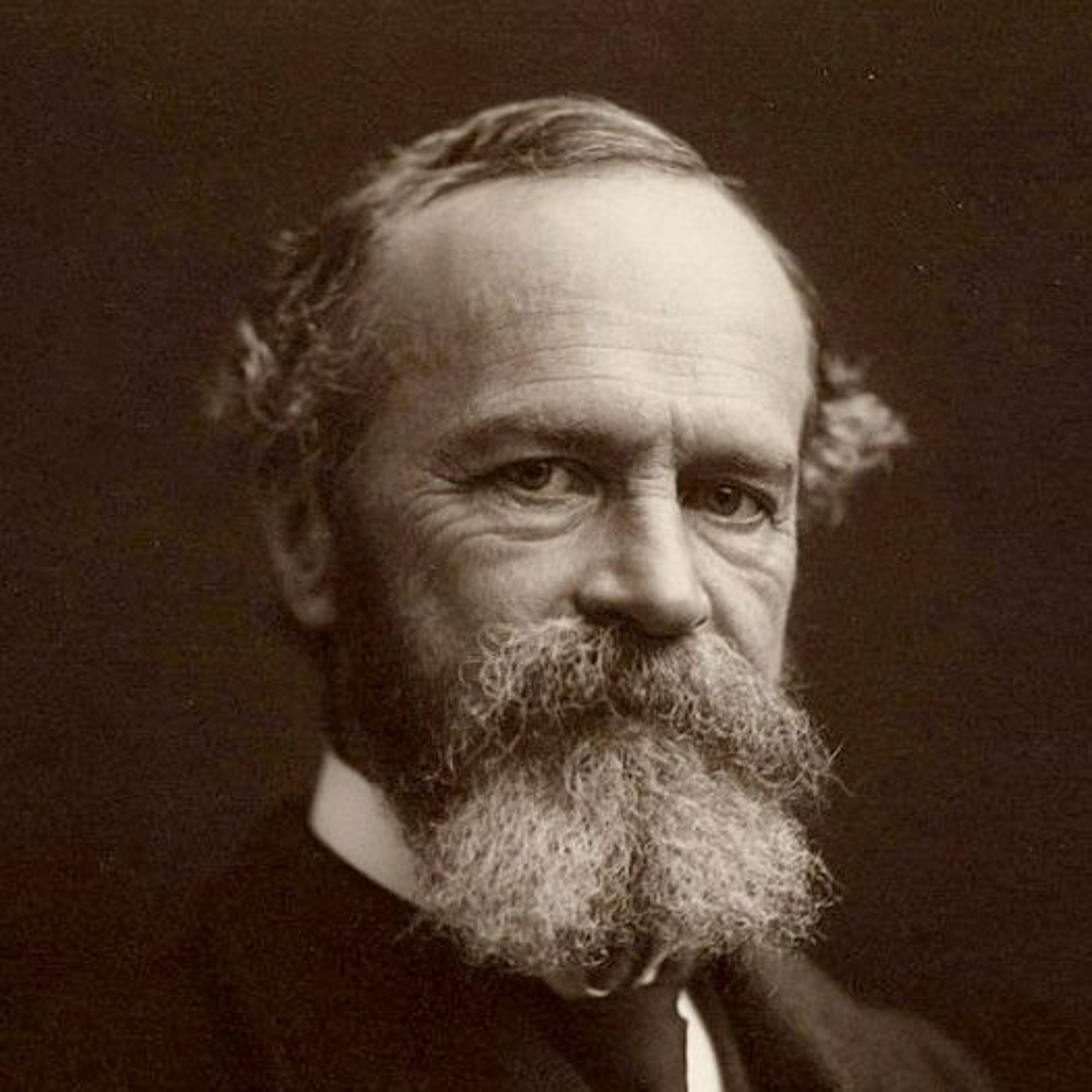
Sadler's LecturesWilliam James, The Will To Be - Certitude And Truth - Sadler's LecturesThis lecture discusses the 19th-20th century philosopher and psychologist, William James, and focuses on his essay, "The Will To Believe". Specifically it discusses the relationship between certitude or certainty and truth. James distinguishes two different orientations towards these, which he calls empiricism and absolutism. Absolutism holds that we can attain some absolute certainty, and that we can know with certainty that we know the truth. Empiricism about philosophy notes that there is no criterion for truth about which there has been a consensus.
To support my ongoing work, go to my Patreon site - www.patreon.com/sadler
If...
2024-05-1121 min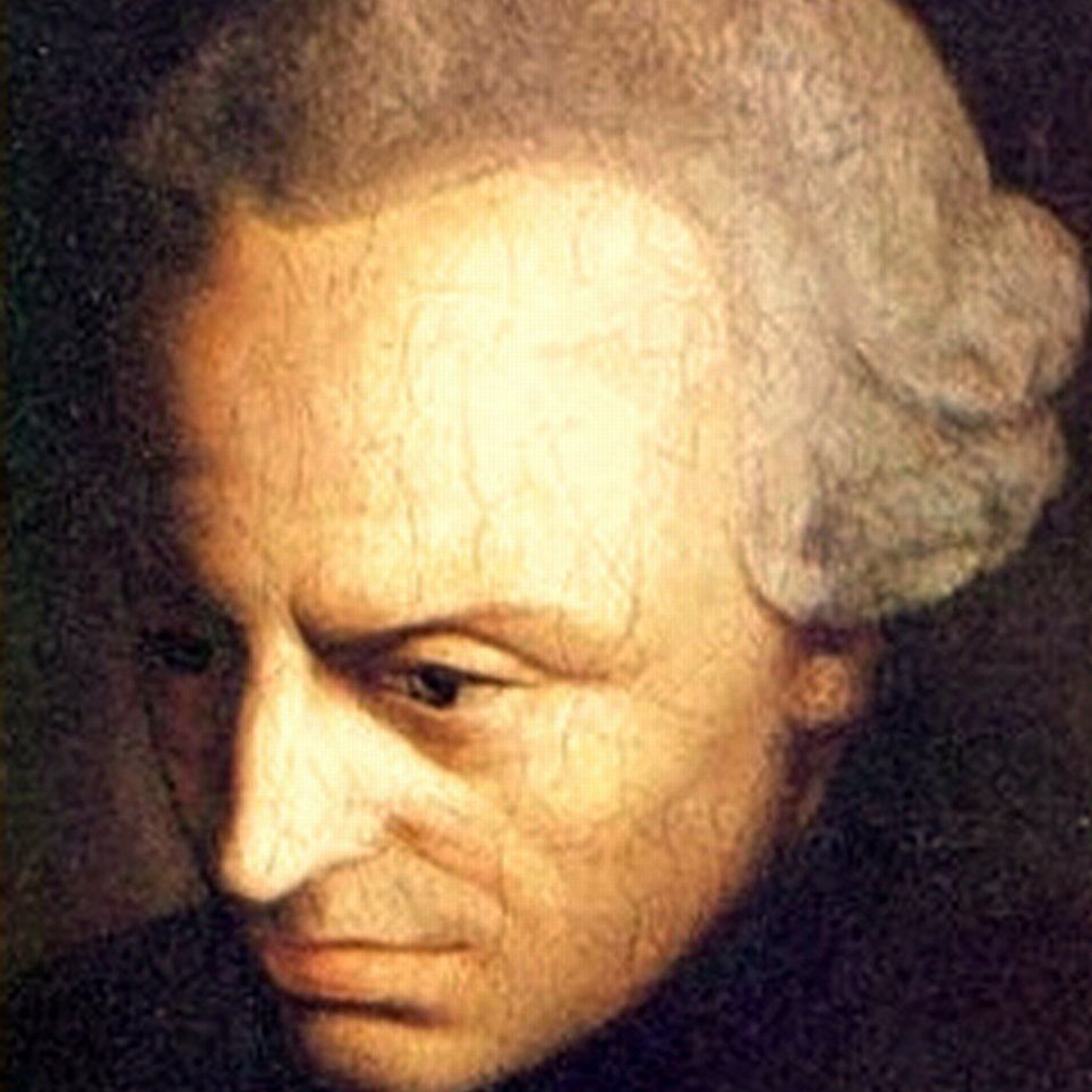
Sadler's LecturesImmanuel Kant, Prolegomena - Pure And Empirical Laws Of Nature - Sadler's LecturesThis lecture discusses key ideas from the 18th century philosopher Immanuel Kant's work, The Prolegomena to Any Future Metaphysics.
Specifically it focuses on his discussion in the Second Part Of The Transcendental Problem: How Is Pure Natural Science Possible? Specifically this bears upon Kant's distinction between pure or universal laws of nature, which can be known a priori and which are the conditions for the possibility of experience, and empirical laws of nature, which can be grasped through experience.
To support my ongoing work, go to my Patreon site - www.patreon.com/sadler
If you'd like to make a...
2024-05-1014 min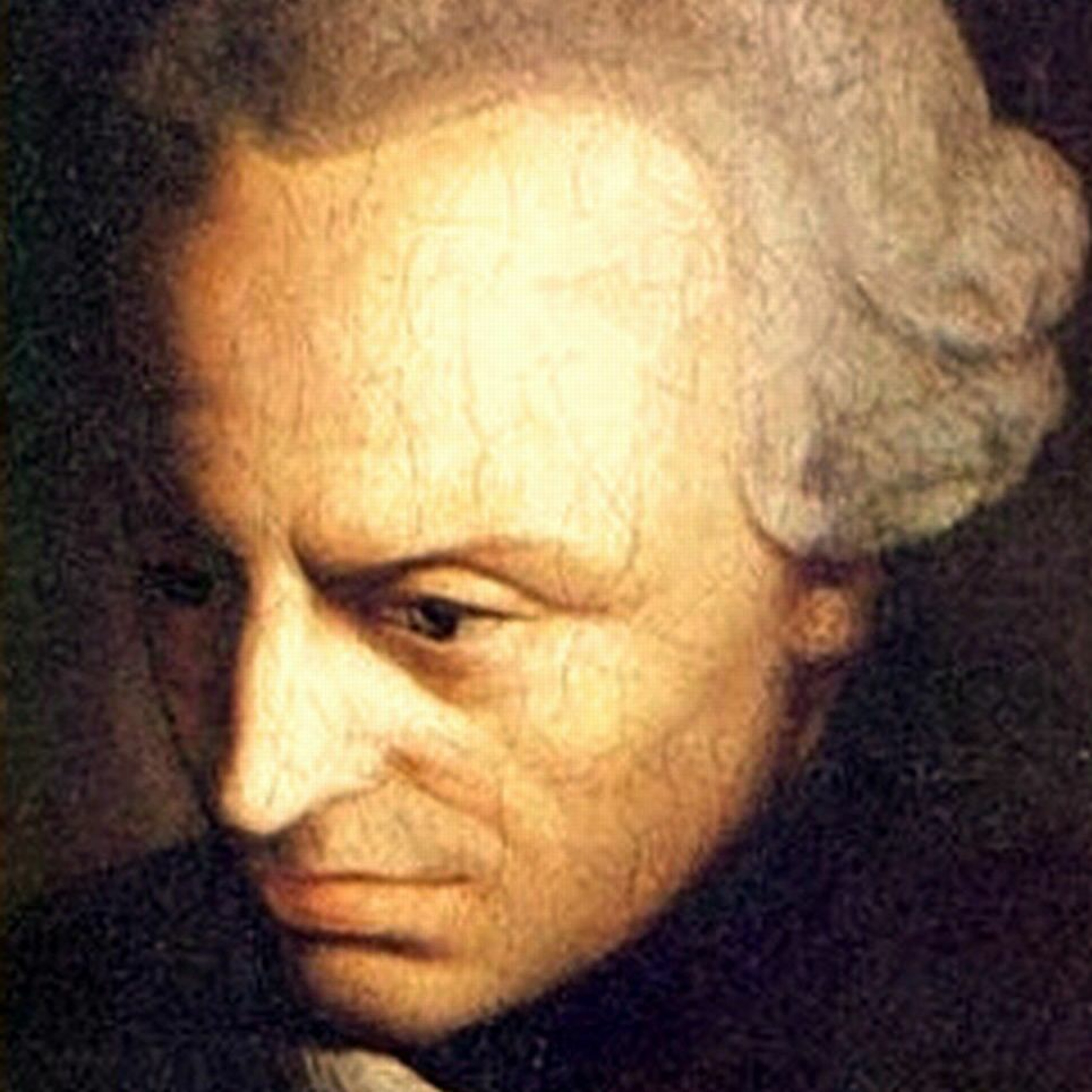
Sadler's LecturesImmanuel Kant, Prolegomena - Metaphysics And The Other Sciences - Sadler's LecturesThis lecture discusses key ideas from the 18th century philosopher Immanuel Kant's work, The Prolegomena to Any Future Metaphysics.
Specifically it focuses on the Appendix, specifically the relations and differences that Kant says metaphysics has with the other sciences (Wissenschaften) and branches of knowledge (Kentnisse), including Mathematics, Natural Science, Theology, Medicine, Jurisprudence, and Morality
To support my ongoing work, go to my Patreon site - www.patreon.com/sadler
If you'd like to make a direct contribution, you can do so here - www.paypal.me/ReasonIO - or at BuyMeACoffee - www.buymeacoffee.com/A4quYdWoM
You can find...
2024-05-0921 min
Sadler's LecturesImmanuel Kant, Prolegomena - Clarifications About Idealism - Sadler's LecturesThis lecture discusses key ideas from the 18th century philosopher Immanuel Kant's work, The Prolegomena to Any Future Metaphysics.
Specifically it focuses on the "Appendix", specifically the discussion distinguishing Kant's own critical or transcendental idealism from other, earlier forms of idealism ranging from that of Parmenides all the way down to Berkeley. Kant asserts that on some matters concerning space, time, experience, the understanding, and reason his idealism is in fact the reverse of the other sort of idealism, and resolves problems that they cannot address.
To support my ongoing work, go to my Patreon site - www.patreon.com...
2024-05-0812 min
Sadler's LecturesImmanuel Kant, Prolegomena - Probability, Common Sense, And Metaphysics - Sadler's LecturesThis lecture discusses key ideas from the 18th century philosopher Immanuel Kant's work, The Prolegomena to Any Future Metaphysics.
Specifically it focuses on the "Solution of the General Problem of the Prolegomena", specifically his discussion of two common philosophical approaches that will not work for developing a genuine metaphysics, or even just producing one valid a priori synthetic proposition. One of these is appealing to probability (Wahrscheinlichkeit) or conjecture (Mutmaßung). The other is appealing to sound common sense (Menchenverstand).
To support my ongoing work, go to my Patreon site - www.patreon.com/sadler
If you'd like to make a...
2024-05-0616 min
Sadler's LecturesImmanuel Kant, Prolegomena - Critique And Metaphysics As Science - Sadler's LecturesThis lecture discusses key ideas from the 18th century philosopher Immanuel Kant's work, The Prolegomena to Any Future Metaphysics.
Specifically it focuses on the "Solution of the General Problem of the Prolegomena", where Kant contrasts the kind of metaphysics that can be developed after the critique of pure reason (by itself) with what passes as metaphysics (dogmatic or "school" metaphysics), and discusses how critique can carry us beyond the skepticism the dialectic of reason inevitably leads to if we do not engage in critique.
To support my ongoing work, go to my Patreon site - www.patreon.com/sadler
If...
2024-05-0417 min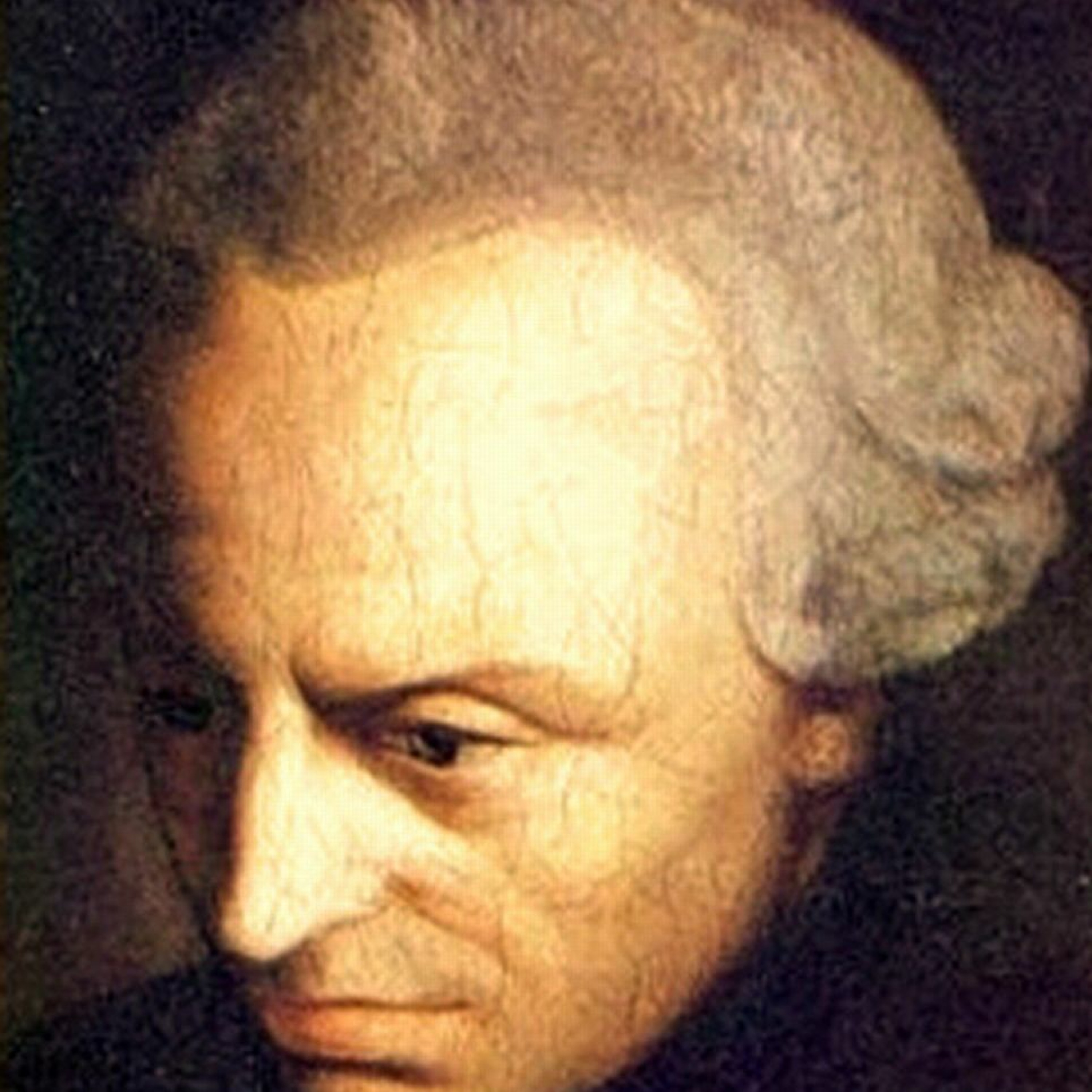
Sadler's LecturesImmanuel Kant, Prolegomena - How Does Reason Set Boundaries? - Sadler's LecturesThis lecture discusses key ideas from the 18th century philosopher Immanuel Kant's work, The Prolegomena to Any Future Metaphysics.
Specifically it focuses on he conclusion of the third part, specifically his discussion of the boundaries (Grenzen) for reason. These limits take place where we go beyond the field of experience into the "empty space" that is the field of the noumena or things in themselves. Reason not only recognizes these limits but also imposes them upon itself and on the faculty of understanding.
To support my ongoing work, go to my Patreon site - www.patreon.com/sadler
If you'd...
2024-05-0312 min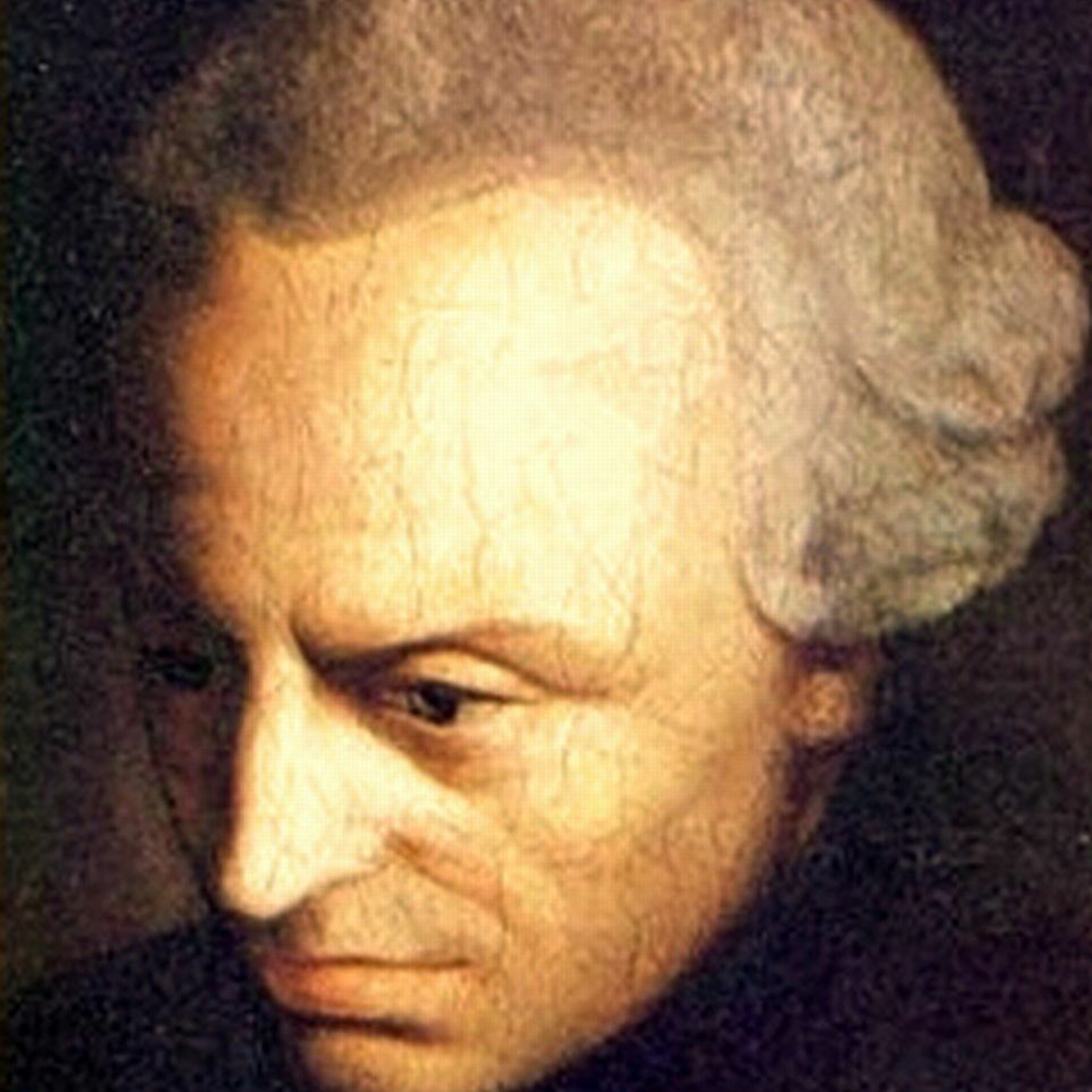
Sadler's LecturesImmanuel Kant, Prolegomena - Natural Ends Of Reason's Transcendent Concepts - Sadler's LecturesThis lecture discusses key ideas from the 18th century philosopher Immanuel Kant's work, The Prolegomena to Any Future Metaphysics.
Specifically it focuses on the conclusion of the third part, specifically what he calls the "natural ends of reason's uses of transcendent concepts." Kant notes that what he is engaging in is conjecture rather than deriving knowledge. He also clarifies whether or not this study fits into the domain of metaphysics proper.
To support my ongoing work, go to my Patreon site - www.patreon.com/sadler
If you'd like to make a direct contribution, you can do so here...
2024-05-0114 min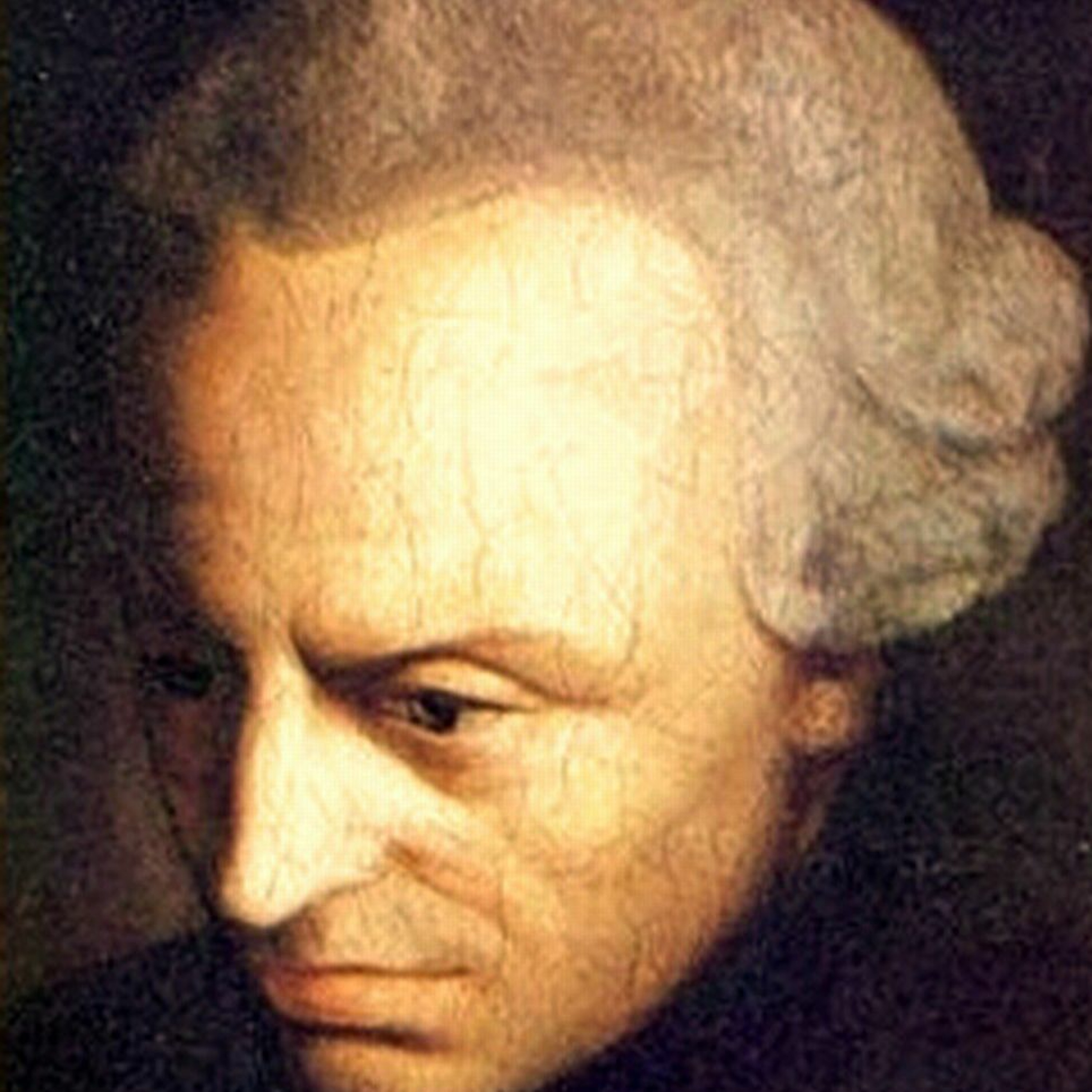
Sadler's LecturesImmanuel Kant, Prolegomena - Deism, Theism, And Anthropomorphism - Sadler's LecturesThis lecture discusses key ideas from the 18th century philosopher Immanuel Kant's work, The Prolegomena to Any Future Metaphysics.
Specifically it focuses on the conclusion of the third part, specifically his discussion of the distinction between deism and theism, and David Hume's critique of both standpoints for, among other things, engaging in "anthropomorphism". Kant argues that deism involves only a "symbolic anthropomorphism", and that it relies upon analogy properly defined and understood
To support my ongoing work, go to my Patreon site - www.patreon.com/sadler
If you'd like to make a direct contribution, you can do so here...
2024-04-3022 min
Sadler's LecturesImmanuel Kant, Prolegomena - Completion, Satisfaction, And Noumena - Sadler's LecturesThis lecture discusses key ideas from the 18th century philosopher Immanuel Kant's work, The Prolegomena to Any Future Metaphysics.
Specifically it focuses on the conclusion of the third part, specifically on his discussion of how transcending the limits of possible experience, while problematic, is something that is a draw and desire for reason, because it seeks out not only the unrealizable completion of matters of experience in the psychological, cosmological, and theological ideas, but also aims at a kind of satisfaction as well. Reason seeks these in the unknowable things in themselves or noumena
To support my ongoing work, go...
2024-04-2913 min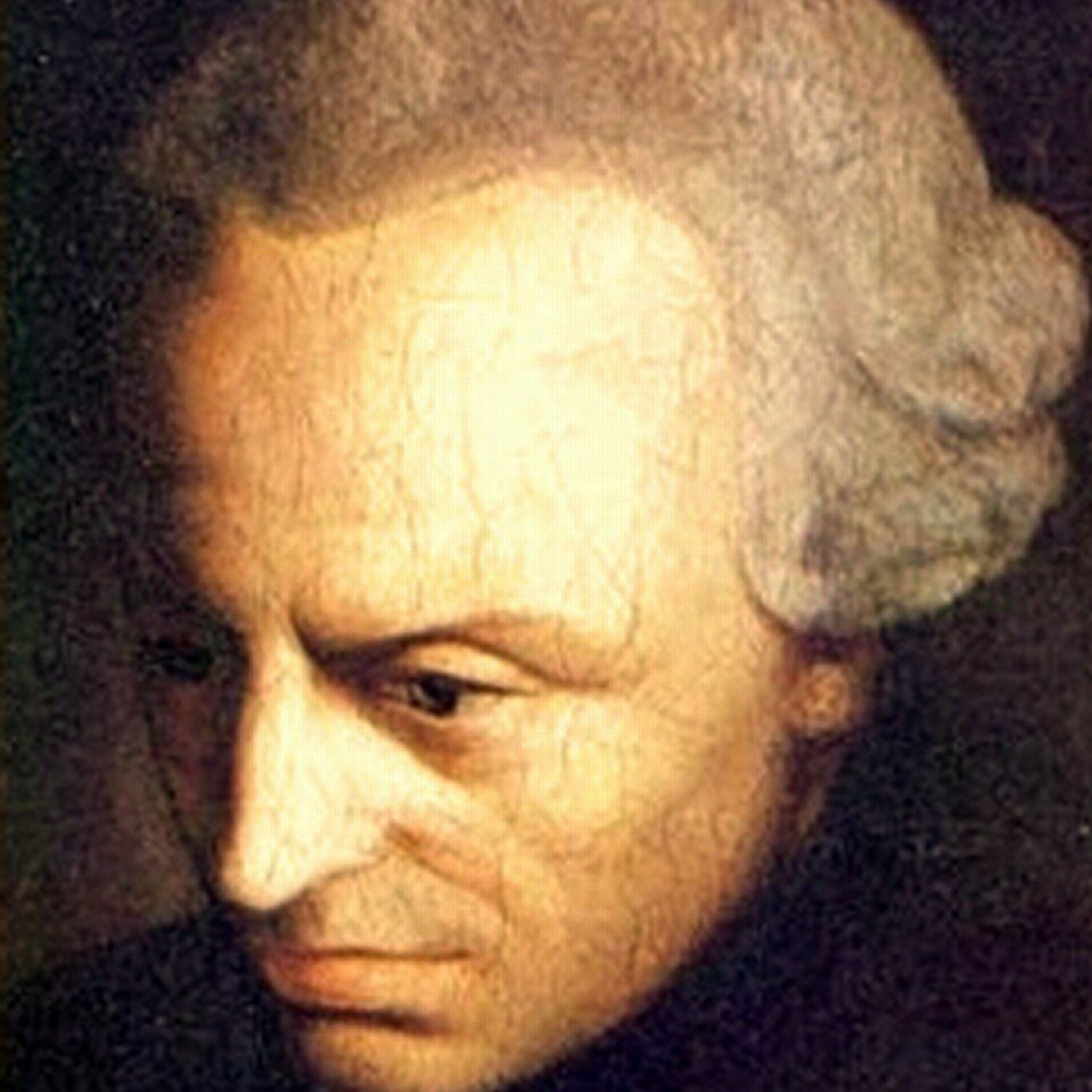
Sadler's LecturesImmanuel Kant, Prolegomena - Bounds And Limits Of Reason - Sadler's LecturesThis lecture discusses key ideas from the 18th century philosopher Immanuel Kant's work, The Prolegomena to Any Future Metaphysics.
Specifically it focuses on the conclusion of the third part, specifically the distinction that Kant makes between bounds or boundaries (Grenzen) and limits (Schranken). Pure mathematics and pure natural science have limits but not bounds, because they deal with what is homogenous (gleichartig), whereas the field of metaphysics has both bounds and limits
To support my ongoing work, go to my Patreon site - www.patreon.com/sadler
If you'd like to make a direct contribution, you can do so here...
2024-04-2713 min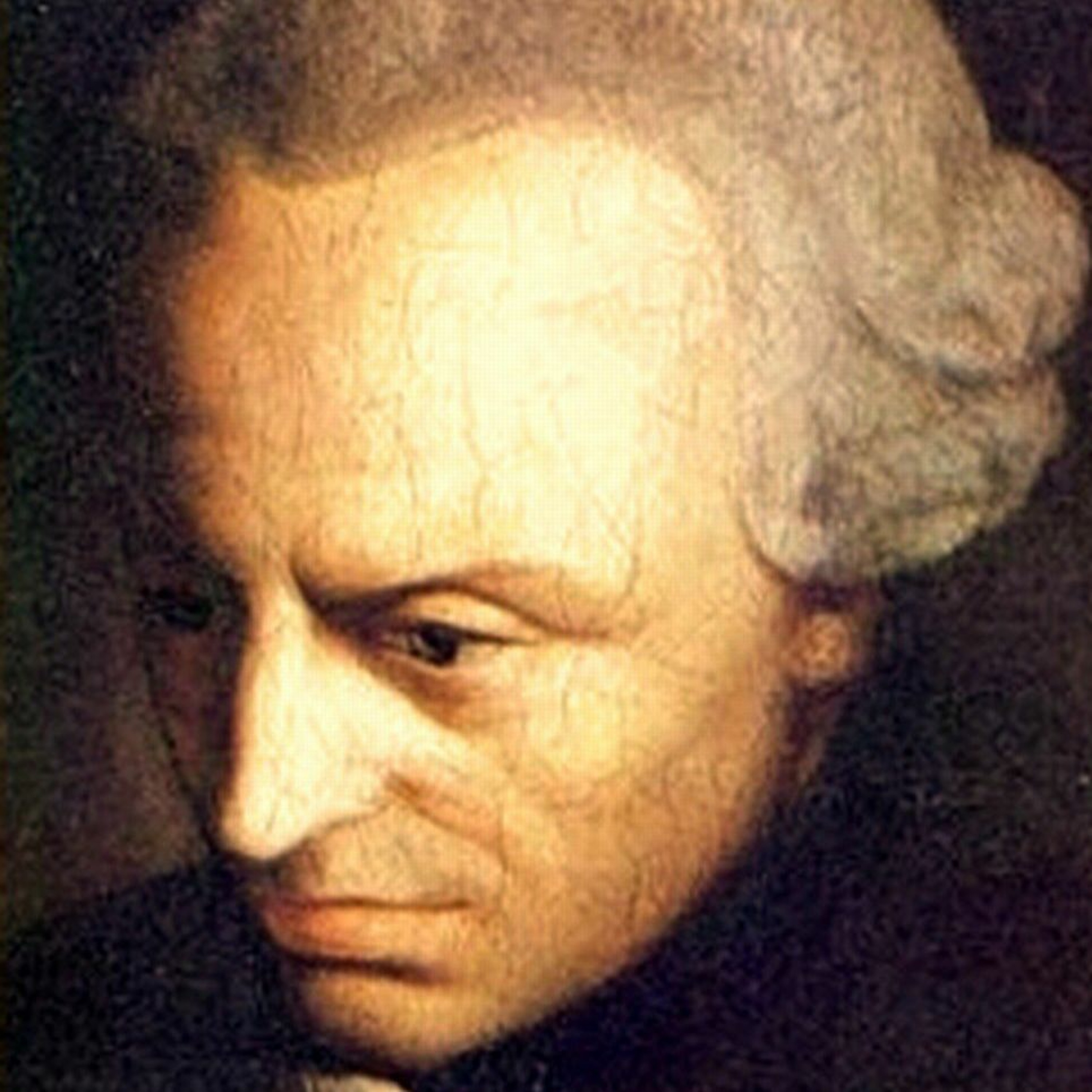
Sadler's LecturesImmanuel Kant, Prolegomena - Dogmatism, Skepticism, And Critique - Sadler's LecturesThis lecture discusses key ideas from the 18th century philosopher Immanuel Kant's work, The Prolegomena to Any Future Metaphysics.
Specifically it focuses on the conclusion of the third part, specifically Kant's discussion of how skepticism is bound to arise from the dialectic of pure reason, with critical philosophy, that is, a critical use of reason to examine itself, as the remedy for skepticism and the dogmatism it arises out of.
To support my ongoing work, go to my Patreon site - www.patreon.com/sadler
If you'd like to make a direct contribution, you can do so here - www...
2024-04-2614 min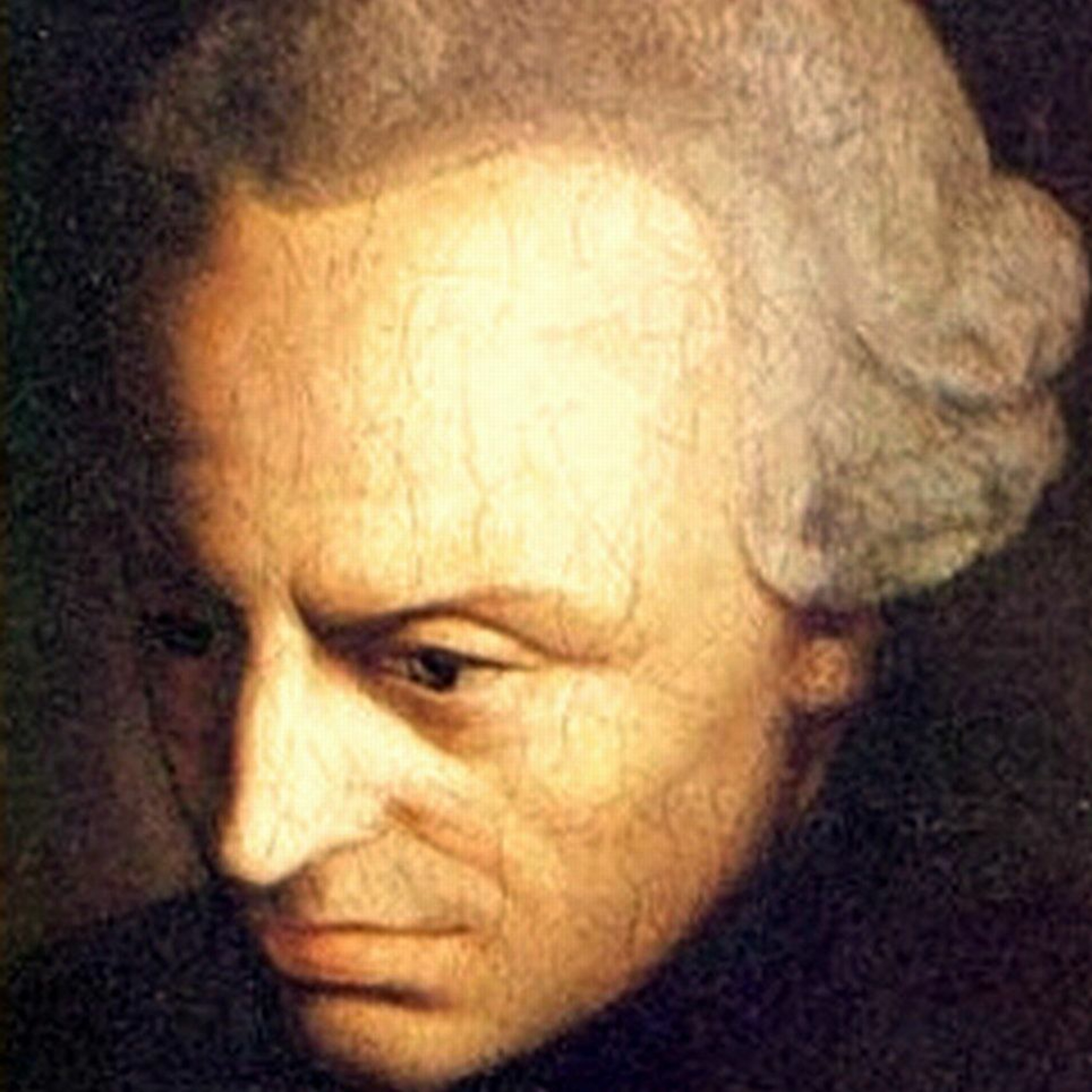
Sadler's LecturesImmanuel Kant, Prolegomena - Transcendental Ideas And Systematic Unity - Sadler's LecturesThis lecture discusses key ideas from the 18th century philosopher Immanuel Kant's work, The Prolegomena to Any Future Metaphysics.
Specifically it focuses on the section finishing the third part, before the conclusion, titled "General Remark on the Transcendental Ideas." Kant writes:
"The objects, which are given us by experience, are in many respects incomprehensible, and many questions, to which the law of nature leads us, when carried beyond a certain point (though quite conformably to the laws of nature), admit of no answer; as for example the question: why substances attract one another? But if we entirely quit nature, or...
2024-04-2413 min
Sadler's LecturesImmanuel Kant, Prolegomena - The Theological Idea or The Ideal of Reason - Sadler's LecturesThis lecture discusses key ideas from the 18th century philosopher Immanuel Kant's work, The Prolegomena to Any Future Metaphysics.
Specifically it focuses on his discussion in the Third Part Of The Transcendental Problem: How is metaphysics in general possible? Specifically this bears upon what he calls the "theological idea". Kant writes:
"The third transcendental Idea, which affords matter for the most important, but, if pursued only speculatively, transcendent and thereby dialectical use of reason, is the ideal of pure reason. Reason in this case does not, as with the psychological and the cosmological Ideas, begin from experience, and err by...
2024-04-2213 min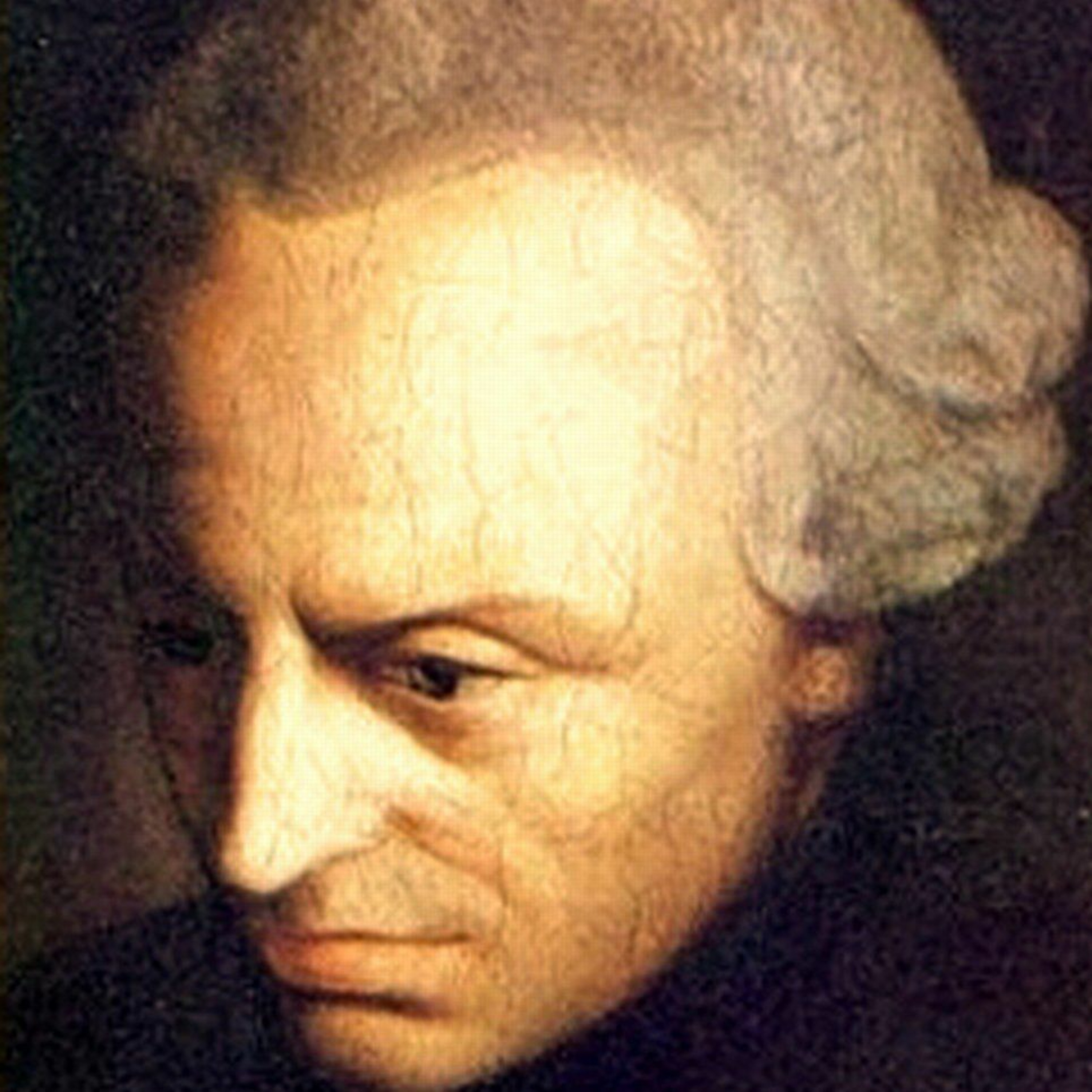
Sadler's LecturesImmanuel Kant, Prolegomena - The Dynamic Antinomies - Sadler's LecturesThis lecture discusses key ideas from the 18th century philosopher Immanuel Kant's work, The Prolegomena to Any Future Metaphysics.
Specifically it focuses on his discussion in the Third Part Of The Transcendental Problem: How is metaphysics in general possible? Specifically this bears upon the third and fourth of the antinomies Kant discusses in that section, which he calls "dynamical" antinomies
To support my ongoing work, go to my Patreon site - www.patreon.com/sadler
If you'd like to make a direct contribution, you can do so here - www.paypal.me/ReasonIO - or at BuyMeACoffee - www.buymeacoffee...
2024-04-2116 min
Sadler's LecturesImmanuel Kant, Prolegomena - The Mathematical Antinomies - Sadler's LecturesThis lecture discusses key ideas from the 18th century philosopher Immanuel Kant's work, The Prolegomena to Any Future Metaphysics.
Specifically it focuses on his discussion in the Third Part Of The Transcendental Problem: How is metaphysics in general possible? Specifically this bears upon the two "mathematical" antinomies Kant examines in the section on the Cosmological Ideas. These are:
First Antinomy. Thesis: The world has a temporal and spatial beginning or limit. Antithesis: The world does not have a temporal and spatial beginning or limit.
Second Antinomy. Thesis: Everything in the world consists of something that is simple. Antithesis: Everything in...
2024-04-1714 min
Sadler's LecturesImmanuel Kant, Prolegomena - Cosmological Ideas And Antinomies - Sadler's LecturesThis lecture discusses key ideas from the 18th century philosopher Immanuel Kant's work, The Prolegomena to Any Future Metaphysics.
Specifically it focuses on his discussion in the Third Part Of The Transcendental Problem: How is metaphysics in general possible? Specifically this bears upon his discussion of the cosmological ideas, which Kant frames in terms of antinomies of pure reason. Two of these are "mathematical" and concern limits of space and time, and simplicity or composition of things. Two of these are "dynamical" and concern freedom or causal determinism, and necessity and contingency
To support my ongoing work, go to my...
2024-04-1618 min
Sadler's LecturesImmanuel Kant, Prolegomena - The Psychological Ideas - Sadler's LecturesThis lecture discusses key ideas from the 18th century philosopher Immanuel Kant's work, The Prolegomena to Any Future Metaphysics.
Specifically it focuses on his discussion in the Third Part Of The Transcendental Problem: How is metaphysics in general possible? Specifically this bears upon what Kant terms the "psychological idea" or "ideas" of pure reason, which have to do primarily with the consciousness or soul of a human being, and the idea that it is a substance that has permanency. This is an idea of reason which cannot be encountered or confirmed in any experience we could have
To support my...
2024-04-1522 min
Sadler's LecturesImmanuel Kant, Prolegomena - The System Of The Categories - Sadler's LecturesThis lecture discusses key ideas from the 18th century philosopher Immanuel Kant's work, The Prolegomena to Any Future Metaphysics.
Specifically it focuses on his discussion in the Second Part Of The Transcendental Problem: How Is Pure Natural Science Possible? Specifically this bears upon his "Appendix to pure natural science. On the system of the categories." Kant contrasts his own systematic deduction of the table of the categories of the understanding against the unsystematic "rhapsody" of Aristotle's ten categories.
To support my ongoing work, go to my Patreon site - www.patreon.com/sadler
If you'd like to make a direct...
2024-04-1216 min
Sadler's LecturesImmanuel Kant, Prolegomena - Experience And Pure Ideas Of Reason - Sadler's LecturesThis lecture discusses key ideas from the 18th century philosopher Immanuel Kant's work, The Prolegomena to Any Future Metaphysics.
Specifically it focuses on his discussion in the Third Part Of The Transcendental Problem: How is metaphysics in general possible? Specifically this bears upon his discussion about how the ideas of reason involve and aim at a completeness to experience that can never be found in experience itself. He discusses what use these ideas of reason are, and also clarifies the term "noumena"
To support my ongoing work, go to my Patreon site - www.patreon.com/sadler
If you'd like...
2024-04-1015 min
Sadler's LecturesImmanuel Kant, Prolegomena - Syllogisms And Pure Ideas Of Reason - Sadler's LecturesThis lecture discusses key ideas from the 18th century philosopher Immanuel Kant's work, The Prolegomena to Any Future Metaphysics.
Specifically it focuses on his discussion in the Third Part Of The Transcendental Problem: How is metaphysics in general possible? Specifically this bears upon Kant's discussion of the ideas or pure concept of reason, derived from his consideration of three main types of syllogisms (Verstandschlüsse): categorical, hypothetical, and disjunctive. These correspond to the psychological, cosmological, and theological ideas, which figure into the dialectic of reason.
To support my ongoing work, go to my Patreon site - www.patreon.com/sadler
I...
2024-04-0915 min
Sadler's LecturesImmanuel Kant, Prolegomena - The Peculiarity Of Metaphysics - Sadler's LecturesThis lecture discusses key ideas from the 18th century philosopher Immanuel Kant's work, The Prolegomena to Any Future Metaphysics.
Specifically it focuses on his discussion in the Third Part Of The Transcendental Problem: How is metaphysics in general possible? Specifically this bears upon what is distinctive, specific, or peculiar to metaphysics by contrast to pure mathematics and pure natural science.
To support my ongoing work, go to my Patreon site - www.patreon.com/sadler
If you'd like to make a direct contribution, you can do so here - www.paypal.me/ReasonIO - or at BuyMeACoffee - www.buymeacoffee...
2024-04-0814 min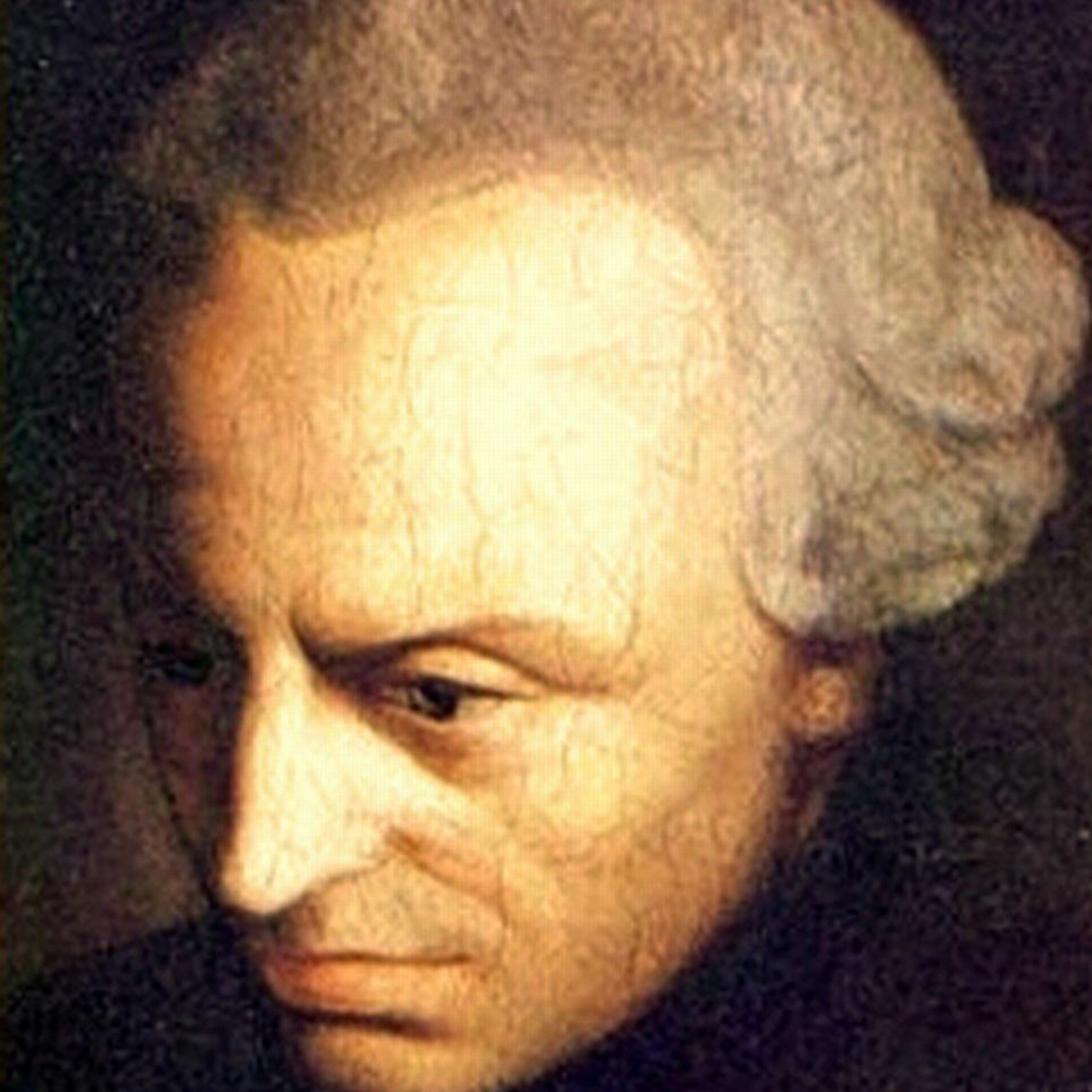
Sadler's LecturesImmanuel Kant, Prolegomena - Phenomena And Noumena - Sadler's LecturesThis lecture discusses key ideas from the 18th century philosopher Immanuel Kant's work, The Prolegomena to Any Future Metaphysics.
Specifically it focuses on his discussion in the Second Part Of The Transcendental Problem: How Is Pure Natural Science Possible? Specifically this bears upon the distinction between phenomena and noumena, that is things of sense or appearances, and beings of the understanding. Kant argues that we cannot have any determinate knowledge of the noumena, but we also can know that the phenomena are grounded upon the noumena
To support my ongoing work, go to my Patreon site - www.patreon.com...
2024-04-0514 min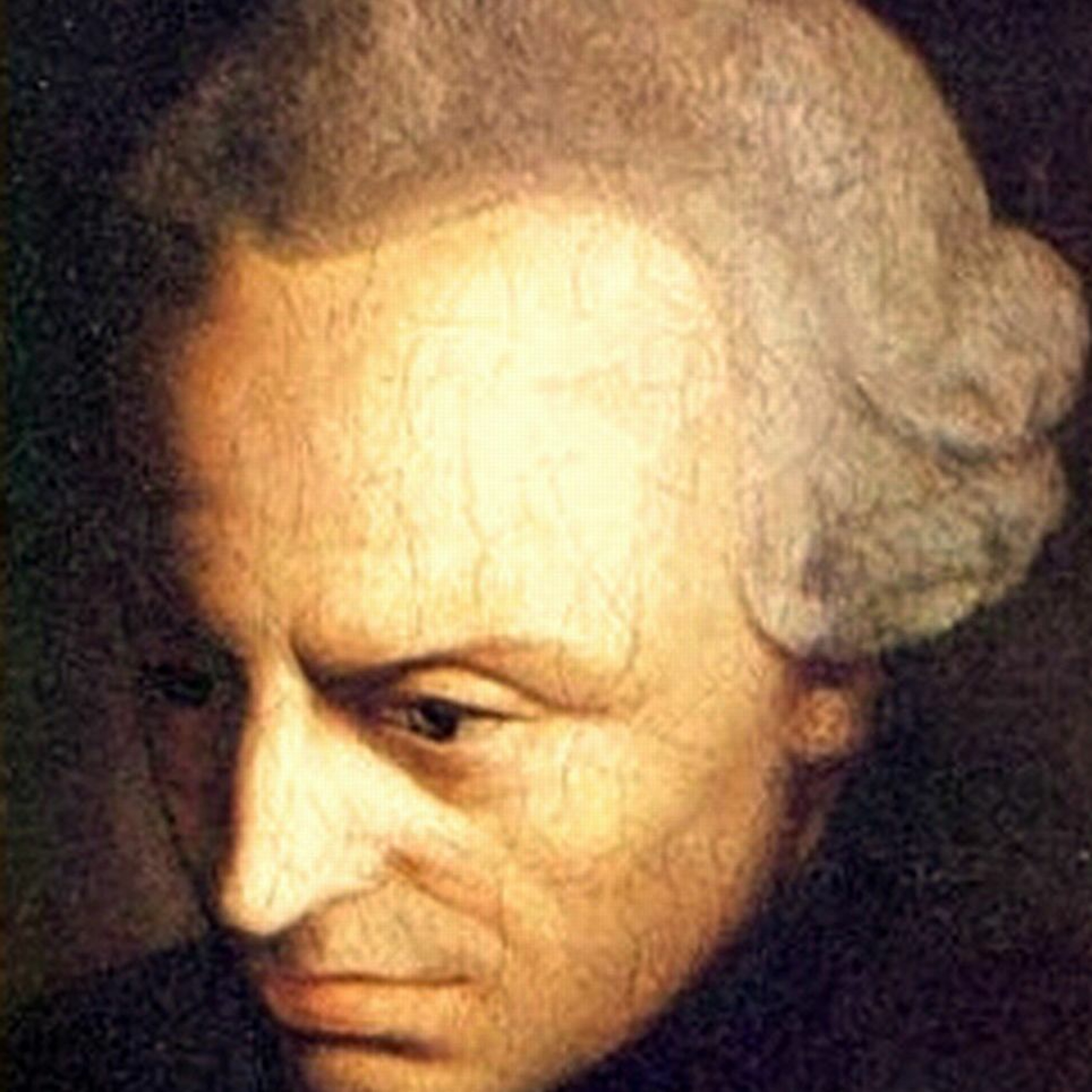
Sadler's LecturesImmanuel Kant, Prolegomena - Removing Hume's Doubt About Causality - Sadler's LecturesThis lecture discusses key ideas from the 18th century philosopher Immanuel Kant's work, The Prolegomena to Any Future Metaphysics.
Specifically it focuses on his discussion in the Second Part Of The Transcendental Problem: How Is Pure Natural Science Possible? Specifically this bears upon Kant's situating himself in relation to his predecessor David Hume, who argues that we have no experience of causality as such, and that we can and should have doubts about the relationship between what we think to be cause and effect.
To support my ongoing work, go to my Patreon site - www.patreon.com/sadler
If...
2024-04-0314 min
Sadler's LecturesImmanuel Kant, Prolegomena - Principles Of Possible Experience - Sadler's LecturesThis lecture discusses key ideas from the 18th century philosopher Immanuel Kant's work, The Prolegomena to Any Future Metaphysics.
Specifically it focuses on his discussion in the Second Part Of The Transcendental Problem: How Is Pure Natural Science Possible? Specifically this bears upon what Kant calls "principles of possible experience". Principles (Grundsatze) are rules that are not determined by other rules, and these correspond to pure concepts of the understanding. Taken as a totality, they comprise a system which provides the laws of nature, and a pure natural science
To support my ongoing work, go to my Patreon site...
2024-04-0216 min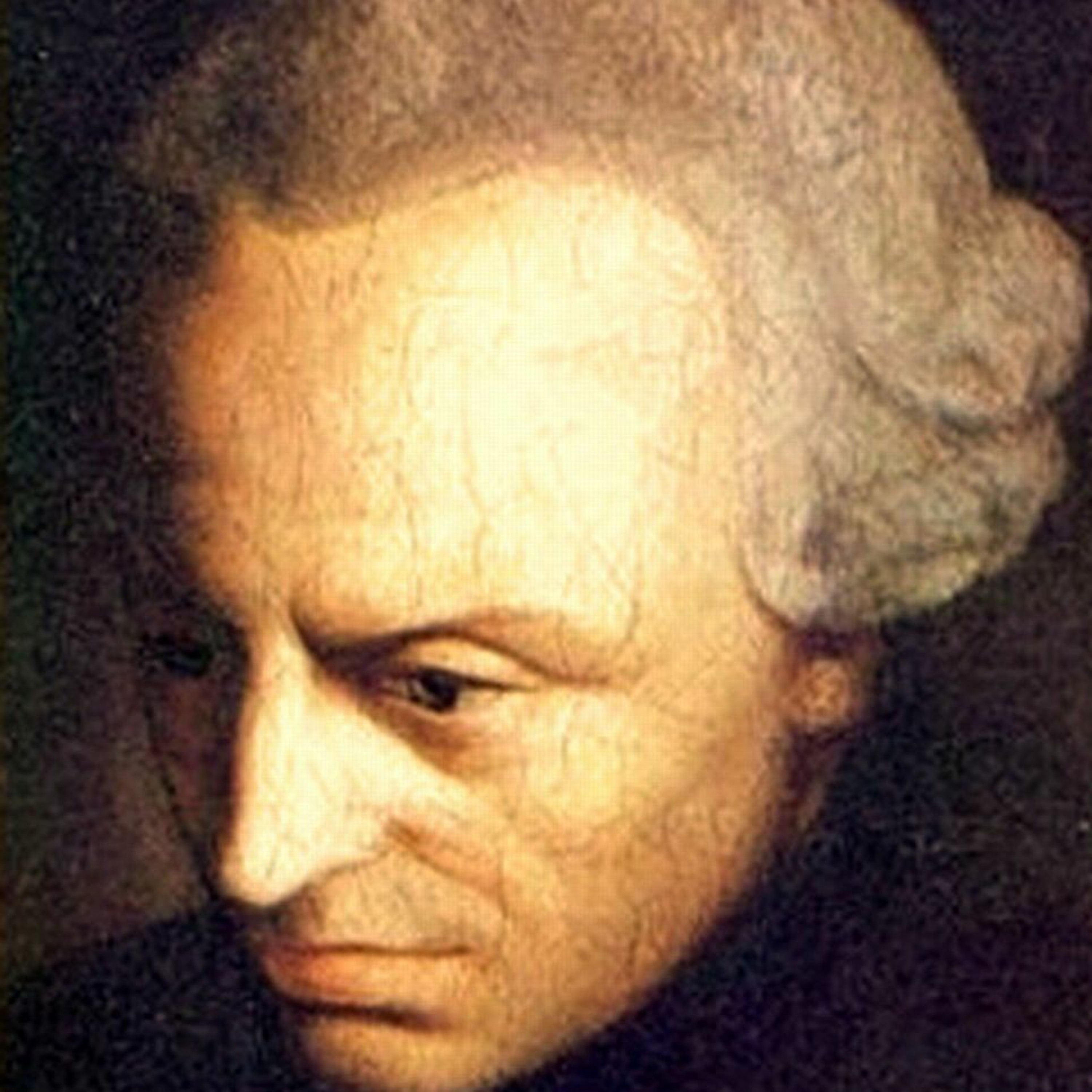
Sadler's LecturesImmanuel Kant, Prolegomena - Pure Concepts Of The Understanding - Sadler's LecturesThis lecture discusses key ideas from the 18th century philosopher Immanuel Kant's work, The Prolegomena to Any Future Metaphysics.
Specifically it focuses on his discussion in the Second Part Of The Transcendental Problem: How Is Pure Natural Science Possible? Specifically this bears upon his exposition of what he identifies as pure concepts of the understanding (Verstandsbegriffe), which, as he tells us, make possible for us universal, objectively valid judgements. These correspond to the logical table of judgements and to the transcendental table of the concepts of the understanding
To support my ongoing work, go to my Patreon site - www...
2024-04-0114 min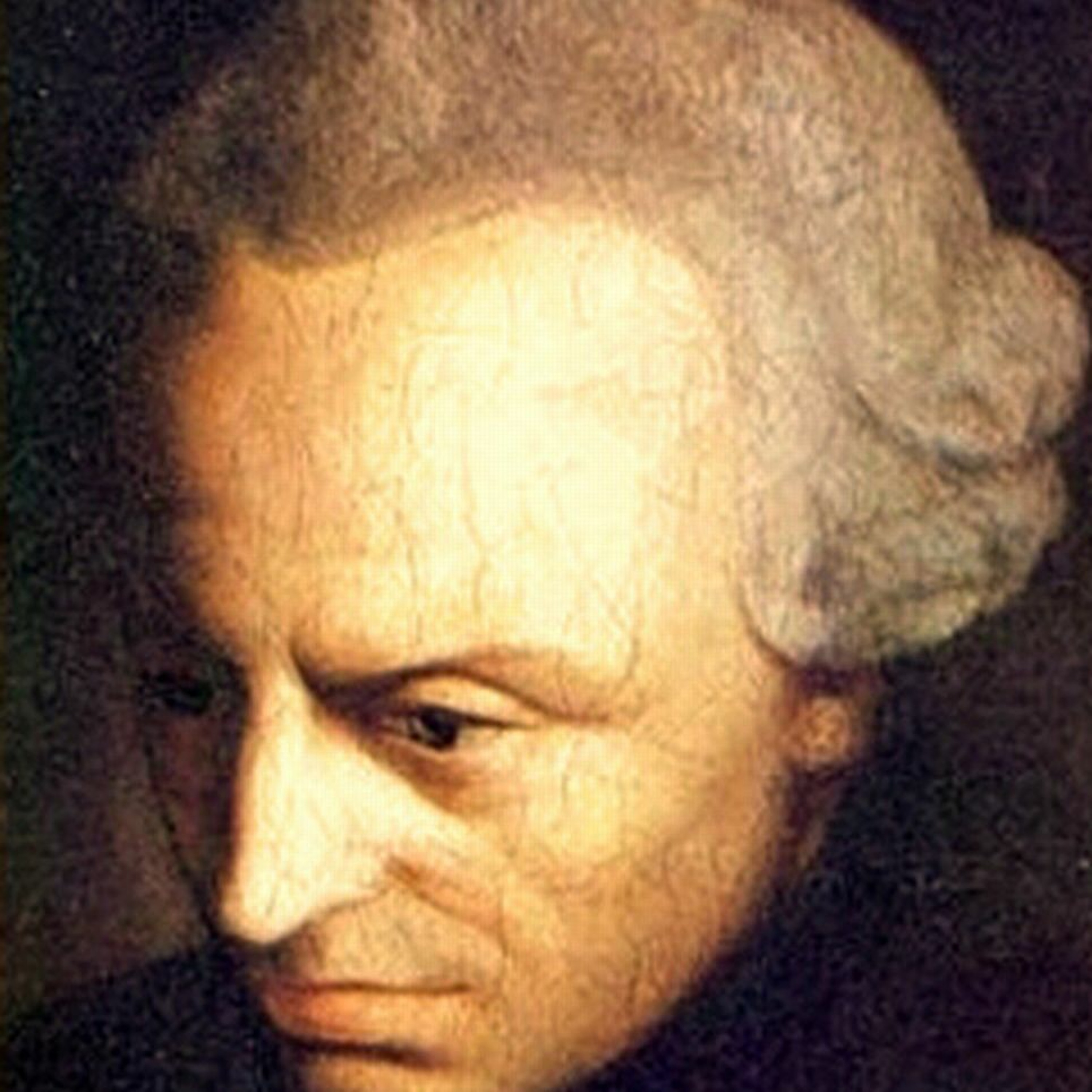
Sadler's LecturesImmanuel Kant, Prolegomena - Judgements Of Perception And Experience - Sadler's LecturesThis lecture discusses key ideas from the 18th century philosopher Immanuel Kant's work, The Prolegomena to Any Future Metaphysics.
Specifically it focuses on his discussion in the Second Part Of The Transcendental Problem: How Is Pure Natural Science Possible? Specifically this bears upon the distinction Kant makes between two kinds of judgements, those of perception (Wahrnehmungsurteile) and those of experience (Erfarhungsurteille). The latter involve the addition of pure concepts of the understanding, and can yield us a priori cognitions
To support my ongoing work, go to my Patreon site - www.patreon.com/sadler
If you'd like to make a...
2024-03-3014 min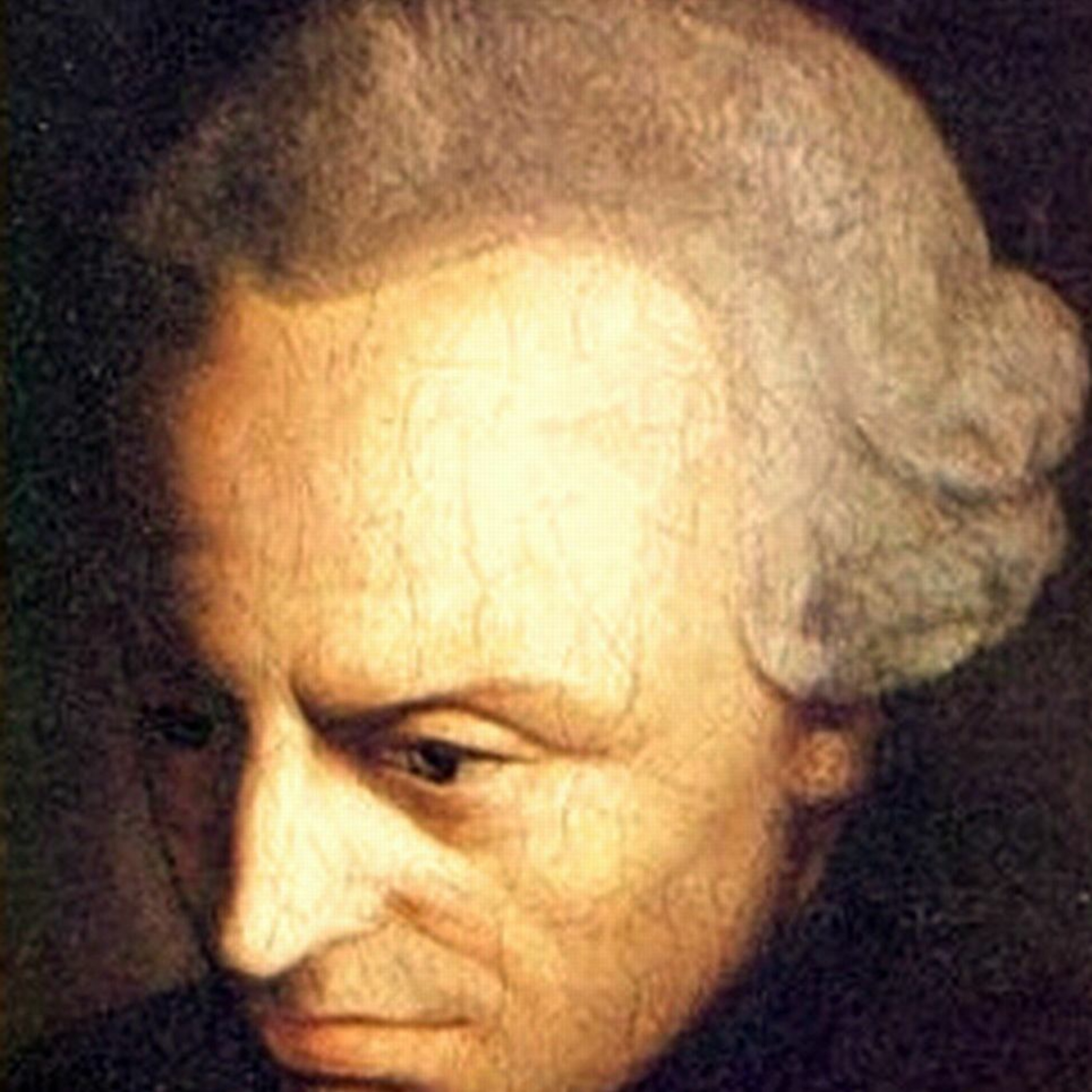
Sadler's LecturesImmanuel Kant, Prolegomena - Nature And Pure Natural Science - Sadler's LecturesThis lecture discusses key ideas from the 18th century philosopher Immanuel Kant's work, The Prolegomena to Any Future Metaphysics.
Specifically it focuses on his discussion in the Second Part Of The Transcendental Problem: How Is Pure Natural Science Possible? Specifically this bears upon what 'nature" means, what the extent and scope of pure natural science is, and an explanation of how pure natural science is possible. Kant argues that pure natural science cannot be cognition of things as they are in themselves, but rather as falling within the domain of our possible experience, and governed by laws that can be...
2024-03-2915 min
Sadler's LecturesImmanuel Kant, Prolegomena - Avoiding Non-Critical Idealism - Sadler's LecturesThis lecture discusses key ideas from the 18th century philosopher Immanuel Kant's work, The Prolegomena to Any Future Metaphysics.
Specifically it focuses on Kant's defense of his own transcendental or critical idealism from accusations that he turns the spatio-temporal world of sense-experience into mere "illusion" (Schein). Kant explains how illusions do arise out of other philosophical positions and their key assumptions.
To support my ongoing work, go to my Patreon site - www.patreon.com/sadler
If you'd like to make a direct contribution, you can do so here - www.paypal.me/ReasonIO - or at BuyMeACoffee - www...
2024-03-2713 min
Sadler's LecturesImmanuel Kant, Prolegomena - How Illusions Arise - Sadler's LecturesThis lecture discusses key ideas from the 18th century philosopher Immanuel Kant's work, The Prolegomena to Any Future Metaphysics.
Specifically it focuses on Kant's defense of his own transcendental or critical idealism from accusations that he turns the spatio-temporal world of sense-experience into mere "illusion" (Schein). Kant explains how illusions do arise out of other philosophical positions and their key assumptions.
To support my ongoing work, go to my Patreon site - www.patreon.com/sadler
If you'd like to make a direct contribution, you can do so here - www.paypal.me/ReasonIO - or at BuyMeACoffee - www...
2024-03-2515 min
Sadler's LecturesImmanuel Kant, Prolegomena - Sensibility, Representations, And Geometry - Sadler's LecturesThis lecture discusses key ideas from the 18th century philosopher Immanuel Kant's work, The Prolegomena to Any Future Metaphysics.
Specifically it focuses on his discussion of geometry in particular, in the course of which he briefly examines geometric proofs resting on congruence and objects that may be the same in some respects but are not congruent, such as spherical triangles, mirror images of hands, and helixes. Kant argues that geometry, based on the pure intuition of space as a form of sensible intuitions, applies to all of our possible experience of objects in space
To support my ongoing work, go...
2024-03-2316 min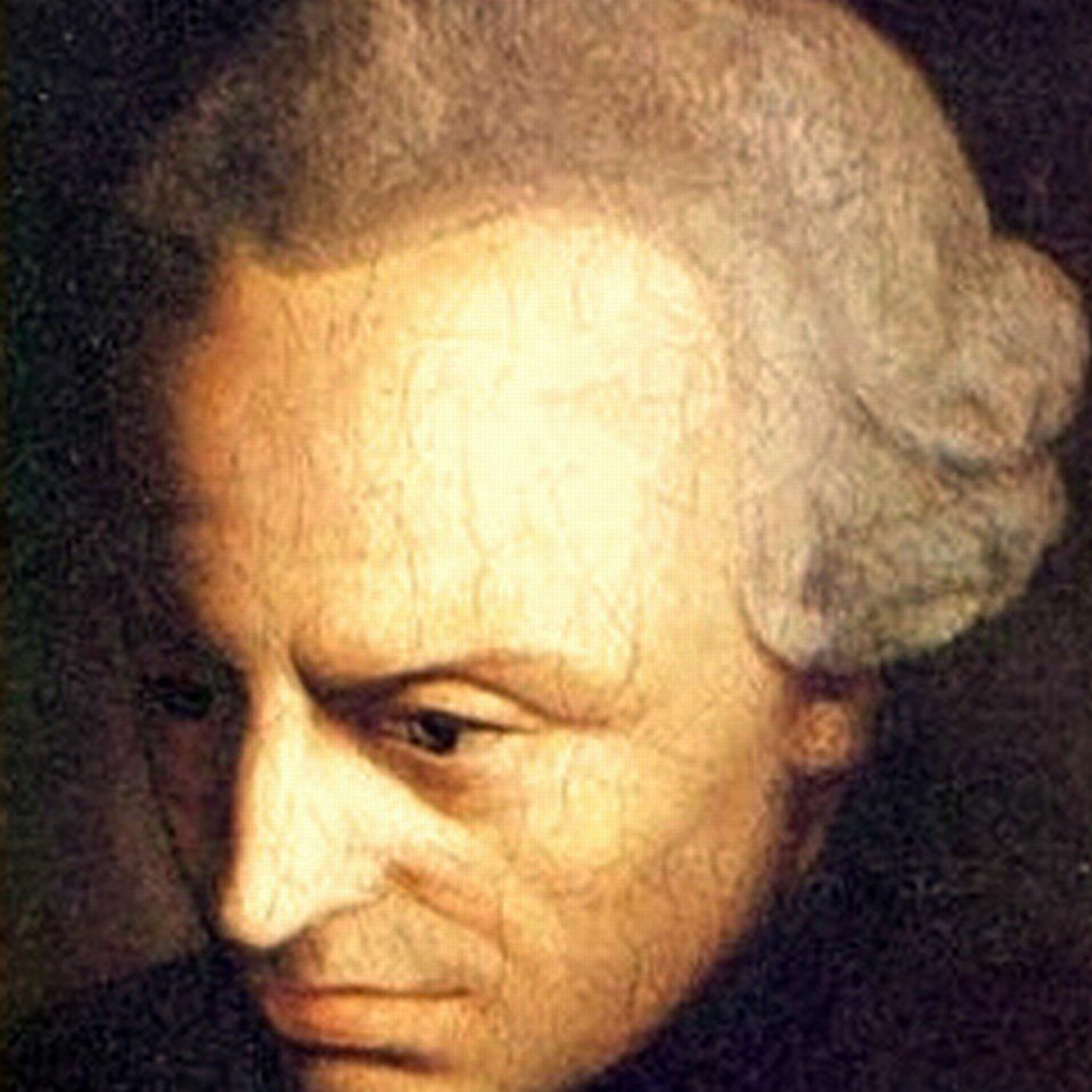
Sadler's LecturesImmanuel Kant, Prolegomena - Intuitions, Space, And Time - Sadler's LecturesThis lecture discusses key ideas from the 18th century philosopher Immanuel Kant's work, The Prolegomena to Any Future Metaphysics.
Specifically it focuses on his discussions of the a priori intuitions that are the basis for pure mathematics, namely space and time. These are the forms of empirical intuitions, preceding them logically, and they also provide geometry, arithmetic, and pure mechanics their bases.
To support my ongoing work, go to my Patreon site - www.patreon.com/sadler
If you'd like to make a direct contribution, you can do so here - www.paypal.me/ReasonIO - or at BuyMeACoffee...
2024-03-1713 min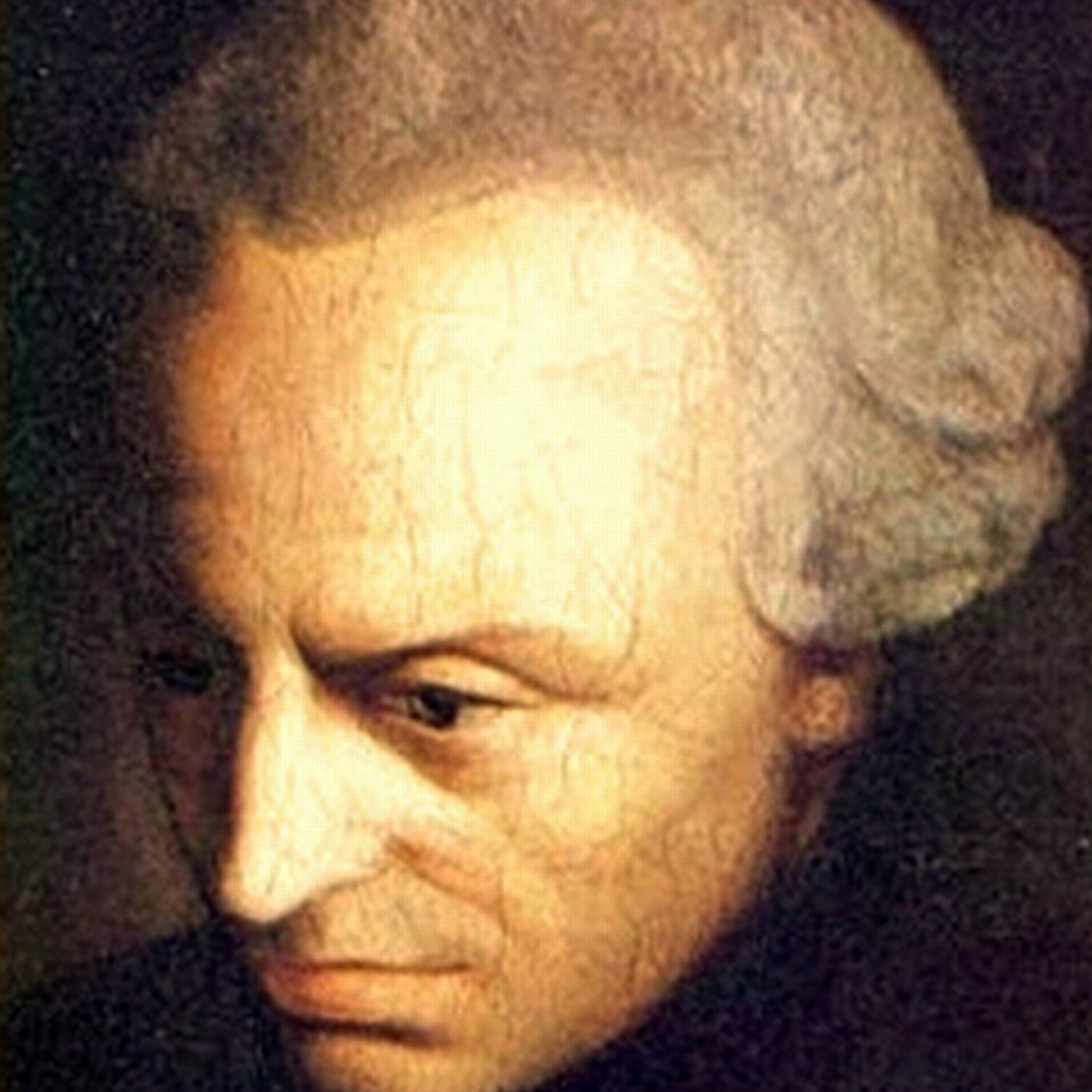
Sadler's LecturesImmanuel Kant, Prolegomena - A Priori Intuitions - Sadler's LecturesThis lecture discusses key ideas from the 18th century philosopher Immanuel Kant's work, The Prolegomena to Any Future Metaphysics.
Specifically it focuses on his discussion of the possibility of a priori intuition (Anschauung), which makes pure mathematics possible. Time and Space are such a priori intuitions, namely the forms of sensibility, the condition. for having empirical intuitions of objects.
To support my ongoing work, go to my Patreon site - www.patreon.com/sadler
If you'd like to make a direct contribution, you can do so here - www.paypal.me/ReasonIO - or at BuyMeACoffee - www.buymeacoffee.com...
2024-03-1515 min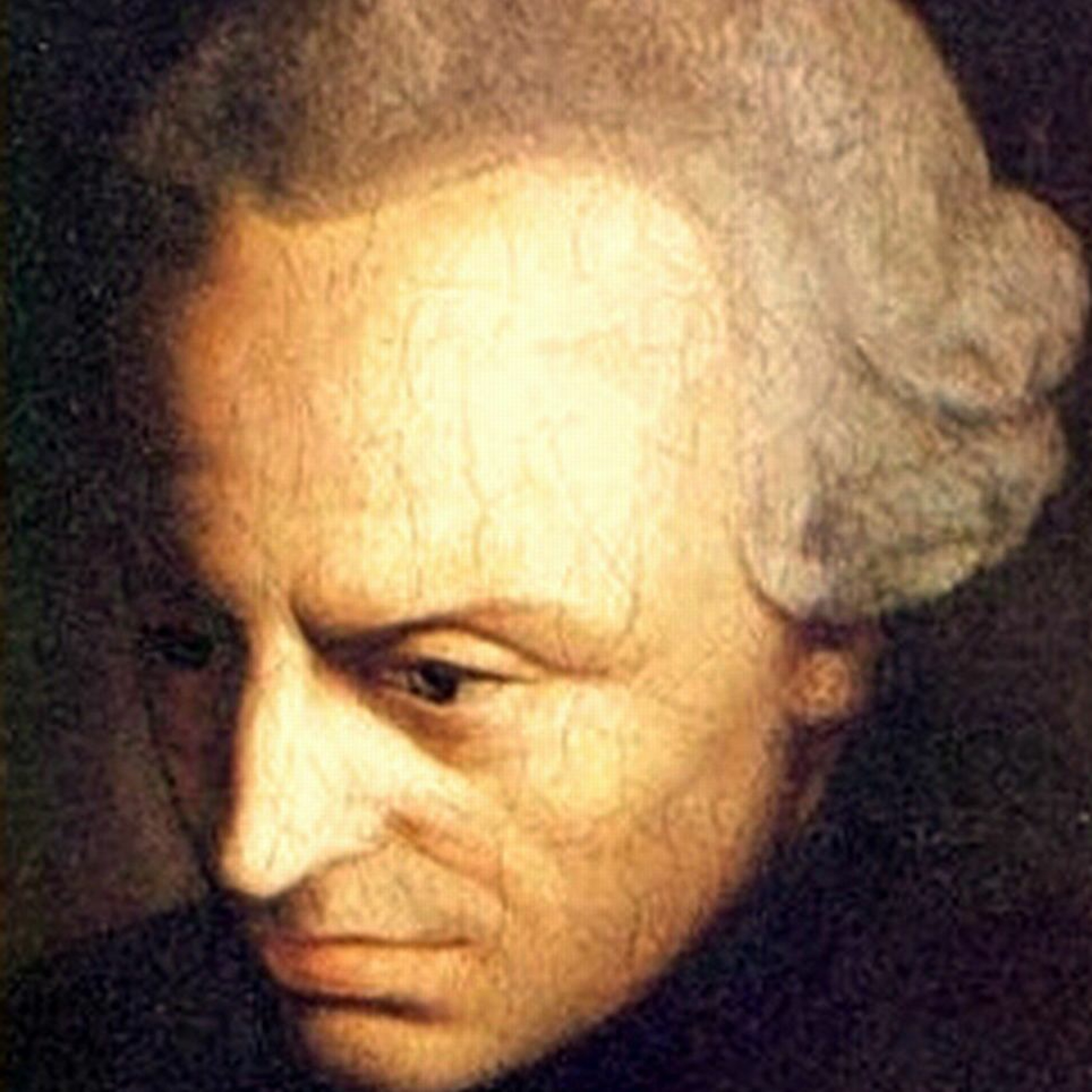
Sadler's LecturesImmanuel Kant, Prolegomena - Dogmatism, Skepticism, Metaphysics - Sadler's LecturesThis lecture discusses key ideas from the 18th century philosopher Immanuel Kant's work, The Prolegomena to Any Future Metaphysics.
Specifically it focuses on his discussion in the Preamble on the peculiarities of all metaphysical knowledge, bearing upon how and why his transcendental or critical philosophy takes metaphysics beyond two other sets of positions, those of dogmatism and skepticism
To support my ongoing work, go to my Patreon site - www.patreon.com/sadler
If you'd like to make a direct contribution, you can do so here - www.paypal.me/ReasonIO - or at BuyMeACoffee - www.buymeacoffee.com/A4...
2024-03-1313 min
Sadler's LecturesImmanuel Kant, Prolegomena - How Are Synthetic A Priori Cognitions Possible? - Sadler's LecturesThis lecture discusses key ideas from the 18th century philosopher Immanuel Kant's work, The Prolegomena to Any Future Metaphysics.
Specifically it focuses on his discussion in the Preamble on the peculiarities of all metaphysical knowledge, bearing upon what he takes to be a central problem that must be resolved if there is to be any genuine well-founded metaphysics, namely how it is that synthetic a priori cognitions (or judgements or propositions) are possible.
To support my ongoing work, go to my Patreon site - www.patreon.com/sadler
If you'd like to make a direct contribution, you can do so...
2024-03-1111 min
Sadler's LecturesImmanuel Kant, Prolegomena - Analytic And Synthetic Judgements - Sadler's LecturesThis lecture discusses key ideas from the 18th century philosopher Immanuel Kant's work, The Prolegomena to Any Future Metaphysics.
Specifically it focuses on his discussion in the Preamble on the peculiarities of all metaphysical knowledge, bearing upon the distinction he makes between analytic and synthetic judgements. Analytic judgements do not add anything to our knowledge or understanding, though they can help us to clarify concepts. Synthetic judgements do add something new to our cognitions, because the predicate is not entirely contained in the subject, and this is what allows us to make progress in sciences like mathematics and metaphysics
To...
2024-03-1017 min
Sadler's LecturesImmanuel Kant, Prolegomena - Metaphysical Judgements As Synthetic - Sadler's LecturesThis lecture discusses key ideas from the 18th century philosopher Immanuel Kant's work, The Prolegomena to Any Future Metaphysics.
Specifically it focuses on his discussion in the Preamble on the peculiarities of all metaphysical knowledge, bearing upon the nature of properly metaphysical judgements, cognitions, or propositions, namely that they are all synthetic a priori. This is what allows there to be any genuine advance in knowledge through metaphysics
To support my ongoing work, go to my Patreon site - www.patreon.com/sadler
If you'd like to make a direct contribution, you can do so here - www.paypal.me...
2024-03-0811 min
Sadler's LecturesImmanuel Kant, Prolegomena - Mathematical Judgements As Synthetic - Sadler's LecturesThis lecture discusses key ideas from the 18th century philosopher Immanuel Kant's work, The Prolegomena to Any Future Metaphysics.
Specifically it focuses on his discussion in the Preamble on the peculiarities of all metaphysical knowledge, bearing upon the nature of mathematical judgements, properly speaking. Kant argues, against previous thinkers, that properly mathematical judgements are not analytic but synthetic a priori. There is still scope for analytic judgements within mathematics that help to clarify matters or to show some equivalence or equality.
To support my ongoing work, go to my Patreon site - www.patreon.com/sadler
If you'd like to...
2024-03-0714 min
Sadler's LecturesImmanuel Kant, Prolegomena - Differentiating Metaphysics As A Science - Sadler's LecturesThis lecture discusses key ideas from the 18th century philosopher Immanuel Kant's work, The Prolegomena to Any Future Metaphysics.
Specifically it focuses on his discussion in the Preamble on the peculiarities of all metaphysical knowledge, bearing upon how Metaphysics is to be differentiated as a science from other sciences. Kant tells us that there are three main differentiating factors, namely the object, the sources of cognition, and the kind of cognition.
To support my ongoing work, go to my Patreon site - www.patreon.com/sadler
If you'd like to make a direct contribution, you can do so here...
2024-03-0513 min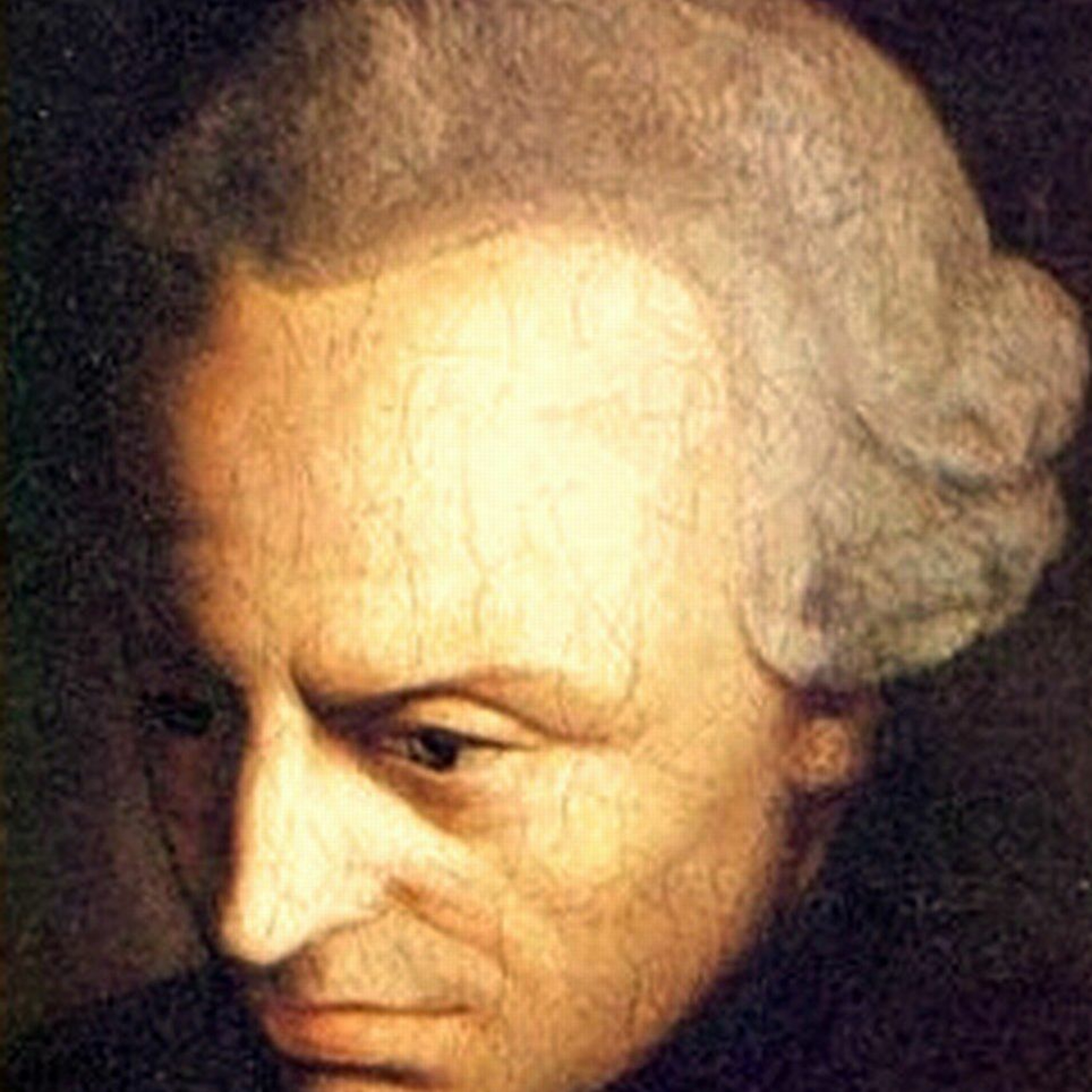
Sadler's LecturesImmanuel Kant, Prolegomena - The Prolegomena And The First Critique - Sadler's LecturesThis lecture discusses key ideas from the 18th century philosopher Immanuel Kant's work, The Prolegomena to Any Future Metaphysics.
Specifically it focuses on his discussion in the Preface that outlines the relationship between the Prolegomena and his earlier published Critique of Pure Reason. The Prolegomena as a work addresses some of the obscurity that Kant admits is present in the Critique, and is structured in an analytic rather than synthetic style of presentation
To support my ongoing work, go to my Patreon site - www.patreon.com/sadler
If you'd like to make a direct contribution, you can do so...
2024-03-0414 min
Sadler's LecturesImmanuel Kant, Prolegomena - David Hume's Spur To Kants Thinking - Sadler's LecturesThis lecture discusses key ideas from the 18th century philosopher Immanuel Kant's work, The Prolegomena to Any Future Metaphysics.
Specifically it focuses on his discussion in the Preface bearing upon how David Hume's critical examination of causality - the necessary connection between causes and effects - broke Kant's "dogmatic slumber" and spurred him to examine the possibility of metaphysics in a radical manner. This would lead to the work contained in the Critique of Pure Reason
To support my ongoing work, go to my Patreon site - www.patreon.com/sadler
If you'd like to make a direct contribution, you...
2024-03-0316 min
Sadler's LecturesImmanuel Kant, Prolegomena - Problems With Metaphysics As A Science - Sadler's LecturesThis lecture discusses key ideas from the 18th century philosopher Immanuel Kant's work, The Prolegomena to Any Future Metaphysics.
Specifically it on his discussion in the Preface, in which he raises several problems with metaphysics of his time as a science. These include the lack of universal agreement or consensus, the advances of all the other sciences, and the lack of any settled criteria for the discipline. in Kant's view, it is time to ask the question whether metaphysics as a science is even possible, and what it would require
To support my ongoing work, go to my Patreon site...
2024-03-0211 min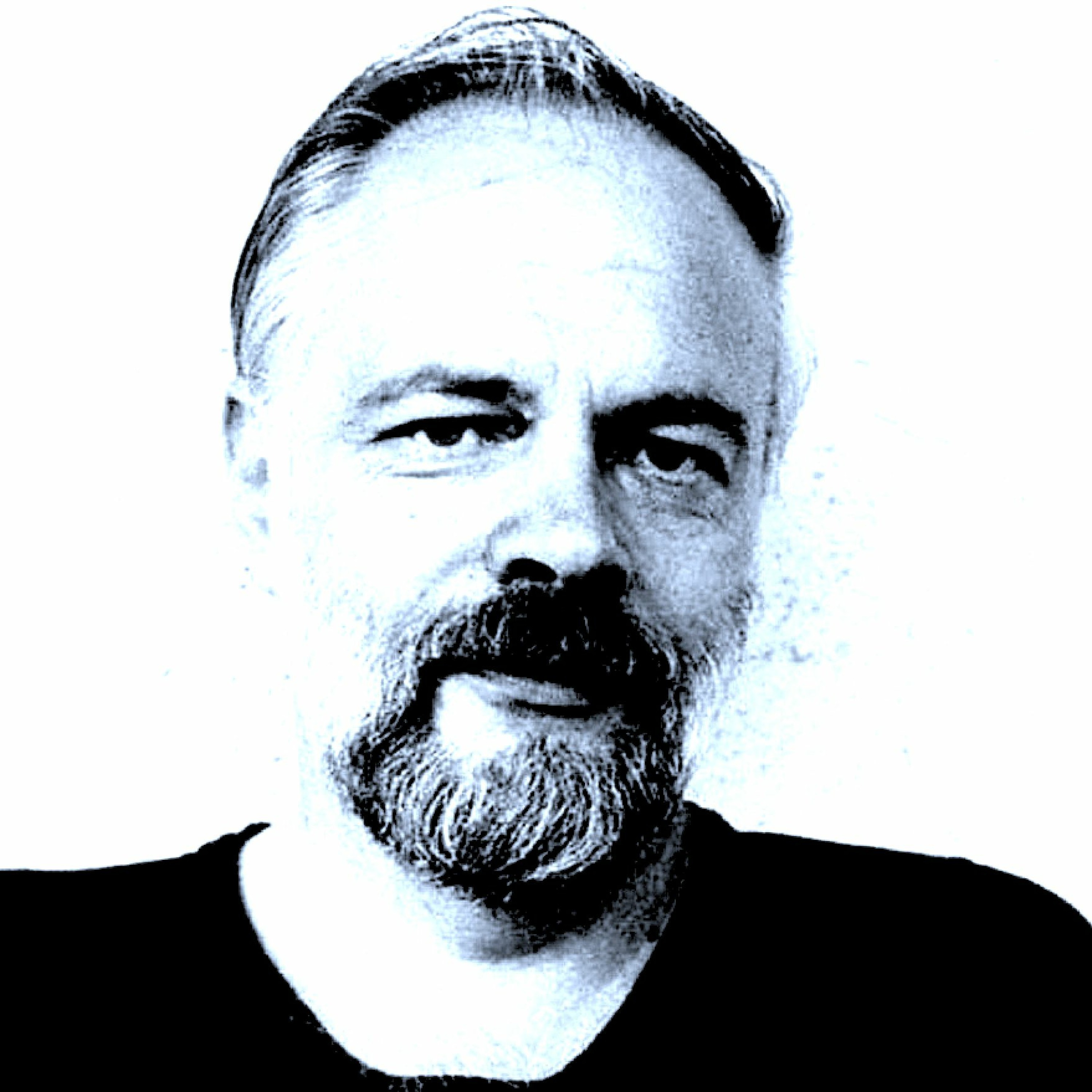
Sadler's LecturesPhilip Dick, Do Androids Dream Of Electric Sheep? - The Voight-Kampff Test - Sadler's LecturesThis lecture discusses key ideas from the 20th Century American science-fiction short story writer and novelist, Philip K. Dick's novel Do Androids Dream Of Electric Sheep
It focuses specifically on the Voight-Kampff Empathy Test used by bounty-hunters to distinguish between androids and humans. We cover how the test works, whether or not it is or remains a valid instrument, representative questions from the test, and who the test is given to in the course of the novel.
To support my ongoing work, go to my Patreon site - www.patreon.com/sadler
If you'd like to make a direct contribution...
2024-02-2322 min
Sadler's LecturesPhilip Dick, Do Androids Dream Of Electric Sheep? - John R. Isidore, Special - Sadler's LecturesThis lecture discusses key ideas from the 20th Century American science-fiction short story writer and novelist, Philip K. Dick's novel Do Androids Dream Of Electric Sheep
It focuses specifically on the character John R Isidore, who has been recently classified as a "special". He is ineligible for emigration to the colonies, lives by himself in an apartment building in the suburbs, and holds a job as a driver for a false/electric animal hospital. A number of the chapters of the novel focus on Isidore, particularly once he begins interacting with three of the androids the bounty hunter Deckard is...
2024-02-1920 min
Sadler's LecturesPhilip Dick, Do Androids Dream Of Electric Sheep - Real And Electric Animals - Sadler's LecturesThis lecture discusses key ideas from the 20th Century American science-fiction short story writer and novelist, Philip K. Dick's novel Do Androids Dream Of Electric Sheep
It focuses specifically on the importance animals have assumed for human beings in the post-war era, after the death of most animals. Empathy towards animals has become a major characteristic of human beings. Animals are also replicated in "electric" or mechanical forms
To support my ongoing work, go to my Patreon site - www.patreon.com/sadler
If you'd like to make a direct contribution, you can do so here - www.paypal.me...
2024-02-1522 min
Sadler's LecturesPhilip Dick, Do Androids Dream Of Electric Sheep? - Dialing Up Moods - Sadler's LecturesThis lecture discusses key ideas from the 20th Century American science-fiction short story writer and novelist, Philip K. Dick's novel Do Androids Dream Of Electric Sheep
It focuses specifically on the Penfield mood organ which people can use to deliberately induce moods, emotional states, and even outlooks and attitudes in themselves and others
To support my ongoing work, go to my Patreon site - www.patreon.com/sadler
If you'd like to make a direct contribution, you can do so here - www.paypal.me/ReasonIO - or at BuyMeACoffee - www.buymeacoffee.com/A4quYdWoM
You can find over 3000...
2024-02-1414 min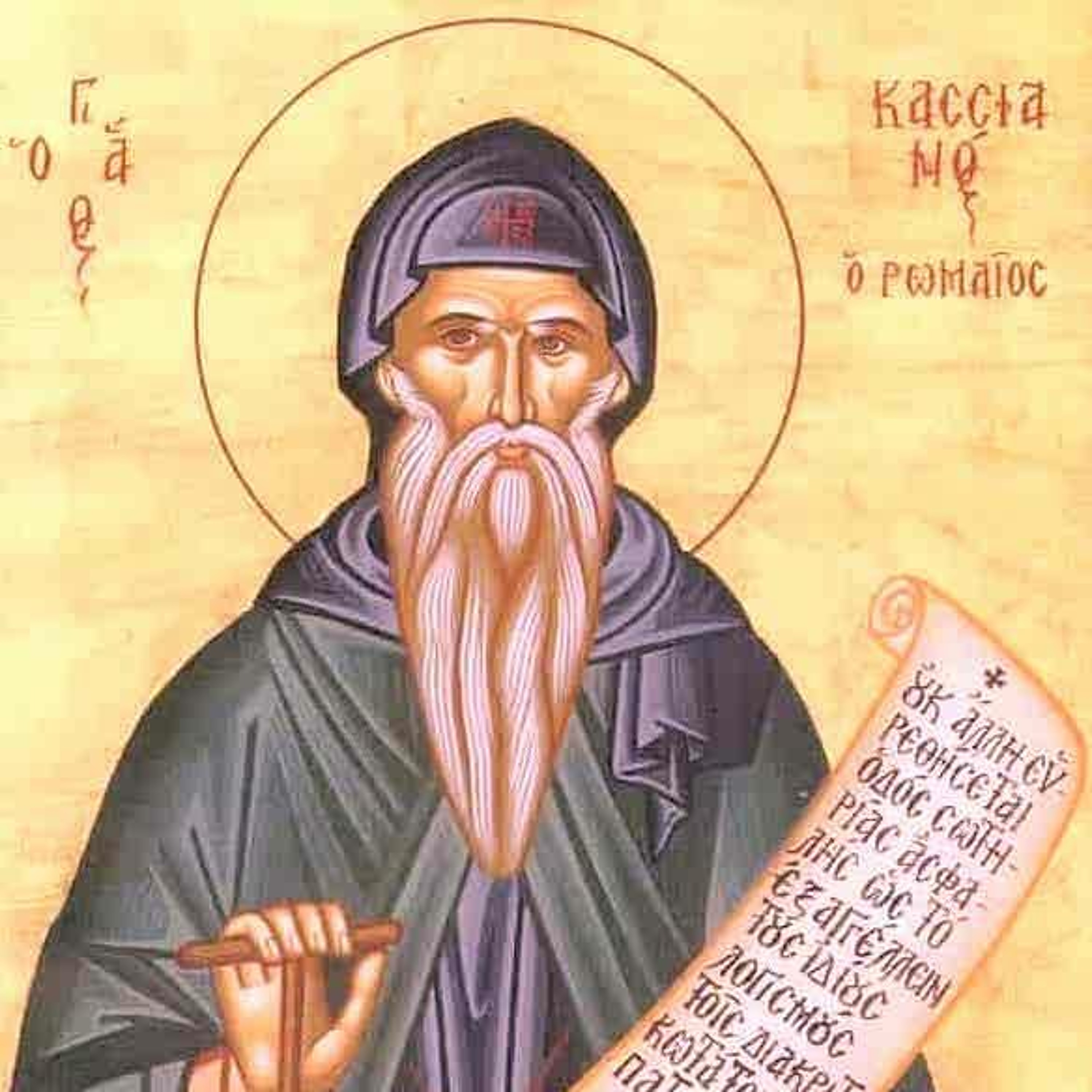
Sadler's LecturesJohn Cassian, Institutes Book 8 - Attributing Anger To God - Sadler's LecturesThis lecture discusses the late ancient monastic theologian, John Cassian's work Institutes of the Coenobia, book 8, "Of The Spirit of Anger". It focuses specifically on a common argument people make to excuse their own lapses into anger and bad temper, claiming that in Scripture God is said to get angry at people. Cassian's response is to point out that these passages are not to be taken literally, any more than are passages making other similar anthropomorphic claims about God. Instead, the divine anger is not to be understood anthropopathos, that is, along the lines of human passions or emotions.
To...
2024-02-0711 min
Sadler's LecturesJohn Cassian, Institutes Book 8 - Anger, Patience, And Solitude - Sadler's LecturesThis lecture discusses the late ancient monastic theologian, John Cassian's work Institutes of the Coenobia, book 8, "Of The Spirit of Anger". It focuses specifically on Cassian's contention that unless one deals with the anger one feels and the reasons one ends up getting angry which have to do with one's own mindset, character, and thought processes, it doesn't do one any good to leave other people behind and go out into solitude.
To support my ongoing work, go to my Patreon site - www.patreon.com/sadler
If you'd like to make a direct contribution, you can do so here...
2024-02-0613 min
Sadler's LecturesJohn Cassian, Institutes Book 8 - Rooting Out Anger Entirely - Sadler's LecturesThis lecture discusses the late ancient monastic theologian, John Cassian's work Institutes of the Coenobia, book 8, "Of The Spirit of Anger". It focuses specifically on one of the main pieces of advice that Cassian provides in that book, namely that the vice of anger ought to be entirely rooted out from the soul of a human being. His first discussion of this takes place in chapter 1
To support my ongoing work, go to my Patreon site - www.patreon.com/sadler
If you'd like to make a direct contribution, you can do so here - www.paypal.me/ReasonIO
You...
2024-02-0415 min
Sadler's LecturesJohn Cassian, Institutes Book 8 - Not Retaining Anger - Sadler's LecturesThis lecture discusses the late ancient monastic theologian, John Cassian's work Institutes of the Coenobia, book 8, "Of The Spirit of Anger". It focuses specifically on his advice that we ought to not retain anger once we begin feel the emotion, a theme that Cassian returns to at multiple points in the chapter. Specifically, we should not take the precept "let not the sun go down on your anger" as an excuse to retain anger for a given time-period
To support my ongoing work, go to my Patreon site - www.patreon.com/sadler
If you'd like to make a direct...
2024-02-0212 min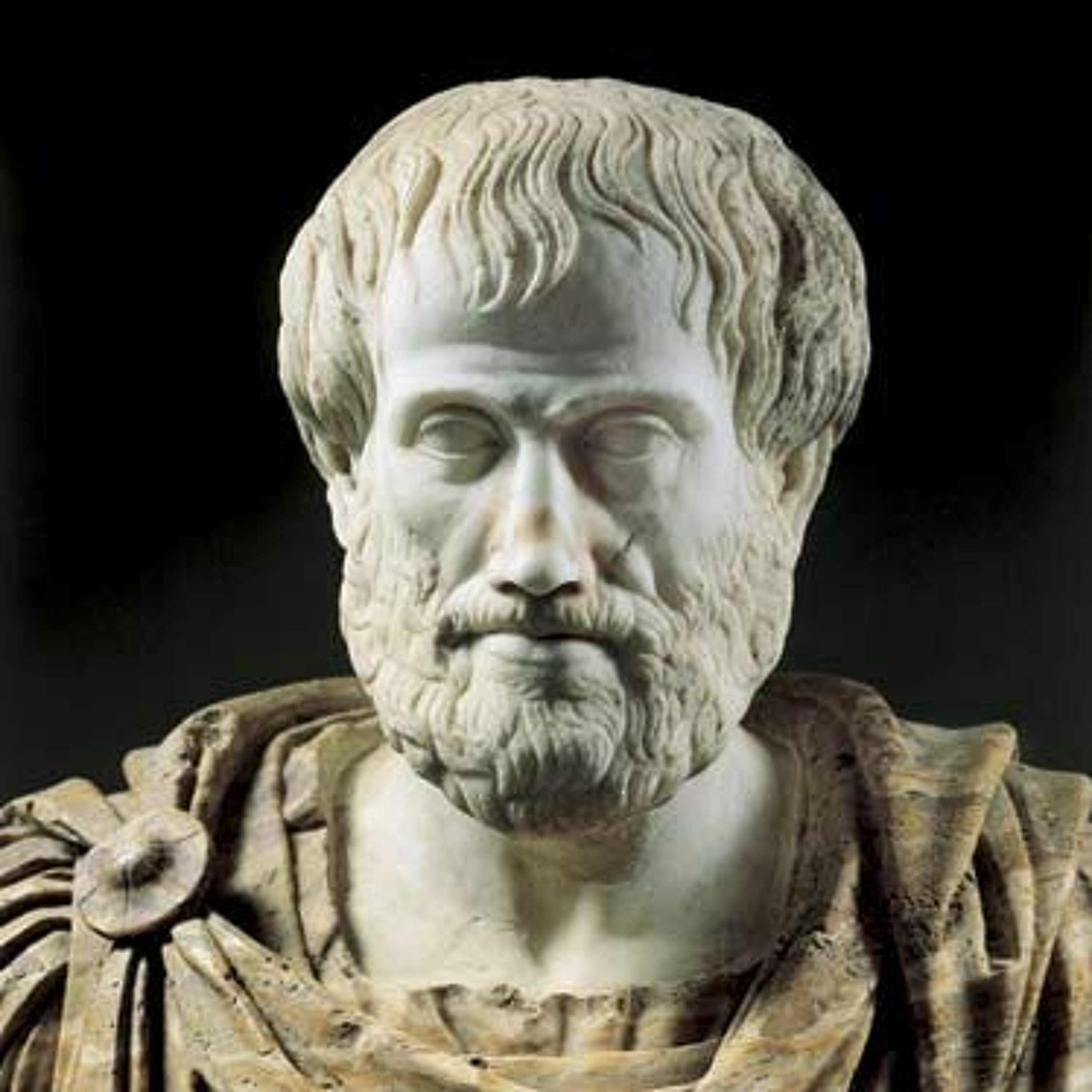
Sadler's LecturesAristotle, Poetics - Fear, Pity, And Tragedy - Sadler's LecturesThis lecture discusses the ancient Greek philosopher Aristotle' work, the Poetics, focusing on his discussions about the two emotions of pity (eleos) and fear (phobos), which Aristotle first mentions in his definition of tragedy.
To support my ongoing work, go to my Patreon site - www.patreon.com/sadler
If you'd like to make a direct contribution, you can do so here - www.paypal.me/ReasonIO
You can find over 3000 philosophy videos in my main YouTube channel - www.youtube.com/user/gbisadler
Purchase Aristotle's Poetics - amzn.to/3UcswRY
2024-01-3114 min
Sadler's LecturesAristotle, Poetics - Character, Choice, And Tragedy - Sadler's LecturesThis lecture discusses the ancient Greek philosopher Aristotle' work, the Poetics, focusing on Aristotle's discussion of character (ēthos), which he identifies as the second most important element or part of tragedy. He tells us:
"Character is that which reveals moral choice - that is, when otherwise unclear, what kinds of thing an agent chooses or rejects (which is why speeches in which there is nothing at all the speaker chooses or rejects contain no character); while thought covers the parts in which they demonstrate that something is or is not so, or declare a general view.
To support my ongoing w...
2024-01-3015 min
Sadler's LecturesAristotle, Poetics - Different Modes Of Recognition - Sadler's LecturesThis lecture discusses the ancient Greek philosopher Aristotle' work, the Poetics, focusing on the different modes of what Aristotle calls "recognition" (anagnōrisis), one of the key features of good plots in tragedy. He writes:
"The definition of recognition was stated earlier. As for its kinds, first is the least artistic and the one used the most from uninventiveness: recognition through tokens....The second kind are those contrived by the poet, and hence inartistic. ... The third kind is through memory, when the sight of something brings awareness...Fourth is recognition by reasoning . . .There is also compound recognition which depends on th...
2024-01-2914 min
Sadler's LecturesJohn Cassian, Institutes Book 8 - When Anger Is Appropriate - Sadler's LecturesThis lecture discusses the late ancient monastic theologian, John Cassian's work Institutes of the Coenobia, book 8, "Of The Spirit of Anger". It focuses specifically on the only situations in which Cassian considers anger to be legitimate and useful, that is, anger against the bad dispositions within oneself. He discusses this in chapters 7-9.
To support my ongoing work, go to my Patreon site - www.patreon.com/sadler
If you'd like to make a direct contribution, you can do so here - www.paypal.me/ReasonIO
You can find over 3000 philosophy videos in my main YouTube channel - www.youtube...
2024-01-2713 min
Sadler's LecturesAristotle, Poetics - Reversal, Recognition, And Suffering - Sadler's LecturesThis lecture discusses the ancient Greek philosopher Aristotle' work, the Poetics, focusing on three key aspects of good plots: reversal (peripeteia), recognition (anagnōrisis), and suffering (pathos).
To support my ongoing work, go to my Patreon site - www.patreon.com/sadler
If you'd like to make a direct contribution, you can do so here - www.paypal.me/ReasonIO
You can find over 3000 philosophy videos in my main YouTube channel - www.youtube.com/user/gbisadler
Purchase Aristotle's Poetics - https://amzn.to/3UcswRY
2024-01-2715 min
Sadler's LecturesAristotle, Poetics - Plot, Structure, And Unity - Sadler's LecturesThis lecture discusses the ancient Greek philosopher Aristotle' work, the Poetics, focusing on his discussions of what he considers to be the most important part or aspect of tragedy, namely plot or story (mythos). Aristotle stresses that a good plot is complex, but forms a unity.
To support my ongoing work, go to my Patreon site - www.patreon.com/sadler
If you'd like to make a direct contribution, you can do so here - www.paypal.me/ReasonIO
You can find over 3000 philosophy videos in my main YouTube channel - www.youtube.com/user/gbisadler
Purchase Aristotle's Poetics...
2024-01-2613 min
Sadler's LecturesAristotle, Poetics - Elements And Definitions Of Tragedy - Sadler's LecturesThis lecture discusses the ancient Greek philosopher Aristotle' work, the Poetics, focusing on Aristotle's definition of tragedy, which runs:
"Tragedy, then, is mimesis of an action which is elevated, complete, and of magnitude; in language embellished by distinct forms in its sections; employing the mode of enactment, not narrative; and through pity and fear accomplishing the catharsis a of such emotions. I use "embellished'' for language with rhythm and melody, and "distinct forms" for the fact that some parts are conveyed through metrical speech alone, others again through song."
He also identifies six parts or elements of tragedy, pr...
2024-01-2519 min
Sadler's LecturesAristotle, Poetics - Three Distinctions In Mimesis - Sadler's LecturesThis lecture discusses the ancient Greek philosopher Aristotle' work, the Poetics, focusing on three key distinctions he brings up early on in the work, which bear upon different kinds of mimetic arts (including tragedy, comedy, epic, other poetry, and musical performances).
The distinction is between the:
Media of the mimetic work (en hois)
Objects (or content) of the mimetic work (ha)
Mode (or how) of the mimetic work (hōs)
The six parts or elements of tragedy fall into this
Diction and Lyric Poetry are the Media
Plot, Character, and Thought are the Objects
Spectacle is the Mode
To support m...
2024-01-2314 min
Sadler's LecturesN.K. Jemisin, How Long Until Black Future Month - Those Who Stay And Fight - Sadler's LecturesThis lecture discusses key ideas from the fantasy and science fiction author N.K. Jemisin's short story The Ones Who Stay And Fight, found in her work How Long Til Black Future Month?
This story is a response to and homage about Ursula K Leguin's short story Those Who Walk Away From Omelas, and attempts to present a picture of and justification for a utopian civilization. One interesting feature of the story is that Jemisin addresses an outraged and angry interlocutor from our society who considers inequality and difference to be naturally interconnected. The utopian society of Um-Helat has people, "...
2024-01-1319 min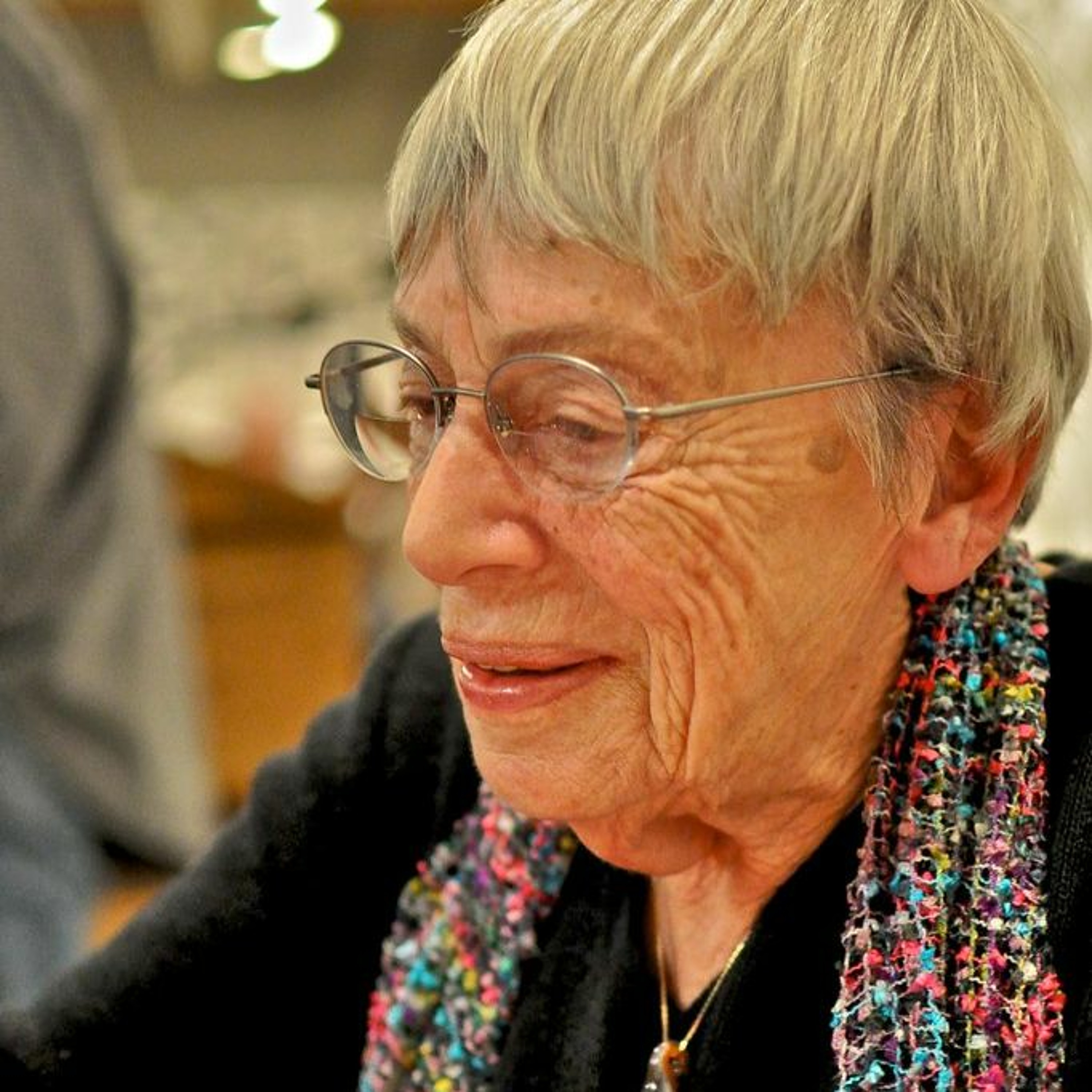
Sadler's LecturesUrsula K Leguin, The Farthest Shore - Ged, Lebannen, And Kalessin - Sadler's LecturesThis lecture discusses the science fiction and fantasy author, Ursula K. Leguin's novel, The Farthest Shore, the third of six Earthsea books
It focuses specifically on the final encounter in the book, when the oldest dragon in existence, comes to Ged and Lebannen, waking Ged and speaking with him. Kalessin has the two men mount his neck and carries them to Roke Island, then takes Ged to Gont.
To support my ongoing work, go to my Patreon site - www.patreon.com/sadler
If you'd like to make a direct contribution, you can do so here - www.paypal.me...
2024-01-0310 min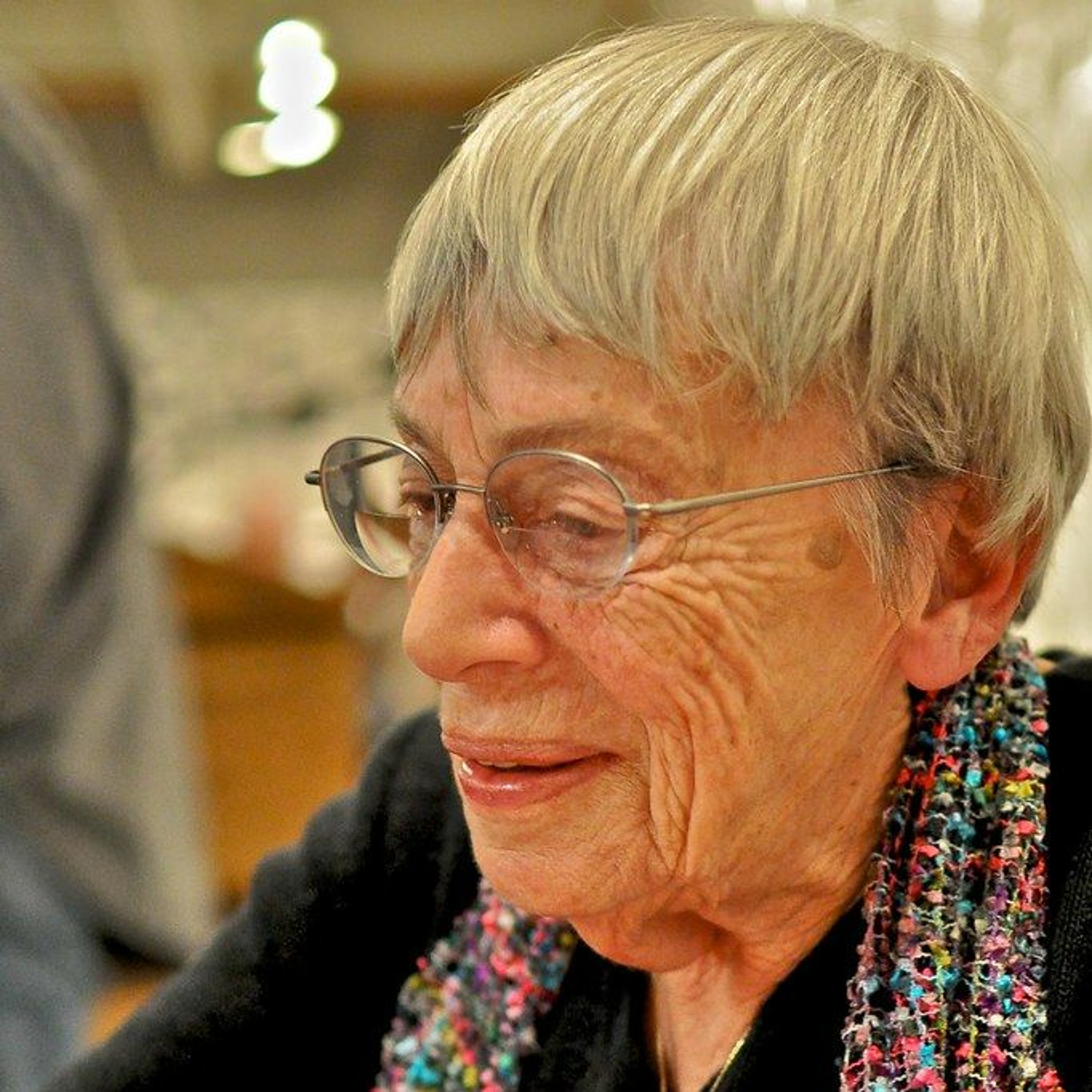
Sadler's LecturesUrsula K Leguin, The Farthest Shore - Closing The Hole In Existence - Sadler's LecturesThis lecture discusses the science fiction and fantasy author, Ursula K. Leguin's novel, The Farthest Shore, the third of six Earthsea books
It focuses specifically on how Ged, aided by his companion Lebannen/Arren, closes the hole that the evil mage Cob has opened in existence, between the Dry Land and Earthsea.
To support my ongoing work, go to my Patreon site - www.patreon.com/sadler
If you'd like to make a direct contribution, you can do so here - www.paypal.me/ReasonIO
You can find over 2,500 philosophy videos in my main YouTube channel - www.youtube.com...
2024-01-0211 min
Sadler's LecturesUrsula K Leguin, The Farthest Shore - Within The Dry Land Of Death - Sadler's LecturesThis lecture discusses the science fiction and fantasy author, Ursula K. Leguin's novel, The Farthest Shore, the third of six Earthsea books
It focuses specifically on what Ged/Sparrowhawk and Arren/Lebannen experience once they cross the threshold into the land of the dead, the Dry Land, where the evil mage Cob has fled after killing and being killed by the dragon Orm Embar
To support my ongoing work, go to my Patreon site - www.patreon.com/sadler
If you'd like to make a direct contribution, you can do so here - www.paypal.me/ReasonIO
You can find...
2024-01-0115 min
Sadler's LecturesUrsula K Leguin, The Farthest Shore - The Dragons Of The Run - Sadler's LecturesThis lecture discusses the science fiction and fantasy author, Ursula K. Leguin's novel, The Farthest Shore, the third of six Earthsea books
It focuses specifically on Ged's and Arren's sailing through the islands of the Dragons' Run, and their engagements with the dragons deprived of speech and of reason
To support my ongoing work, go to my Patreon site - www.patreon.com/sadler
If you'd like to make a direct contribution, you can do so here - www.paypal.me/ReasonIO
You can find over 2,500 philosophy videos in my main YouTube channel - www.youtube.com/user/gbisadler
Get...
2023-12-3113 min
Sadler's LecturesUrsula K Leguin, The Farthest Shore - The Dragon Orm Embar - Sadler's LecturesThis lecture discusses the science fiction and fantasy author, Ursula K. Leguin's novel, The Farthest Shore, the third of six Earthsea books
It focuses specifically on the great dragon Orm Embar, who seeks out the archmage Ged on the open sea, in order to ask his help in dealing with the new dragonlord who has taken voice and reason away from many of dragonkind. Orm Embar will sacrifice his own life in order to send the dragonlord and corrupted mage Cob back into the dry land, where Ged and Arren can dispatch him
To support my ongoing work, go to...
2023-12-3013 min
Sadler's LecturesUrsula K Leguin, The Farthest Shore - The Children Of The Open Sea - Sadler's LecturesThis lecture discusses the science fiction and fantasy author, Ursula K. Leguin's novel, The Farthest Shore, the third of six Earthsea books
It focuses specifically on the people living on great rafts out on the ocean nearly all of the year, who Ged and Arren encounter and are saved by, the Children of the Open Sea
To support my ongoing work, go to my Patreon site - www.patreon.com/sadler
If you'd like to make a direct contribution, you can do so here - www.paypal.me/ReasonIO
You can find over 2,500 philosophy videos in my main YouTube channel...
2023-12-2813 min
Sadler's LecturesUrsula K Leguin, The Farthest Shore - Arren's Confusion, Anger, And Fear - Sadler's LecturesThis lecture discusses the science fiction and fantasy author, Ursula K. Leguin's novel, The Farthest Shore, the third of six Earthsea books
It focuses specifically on the feelings of confusion, anger, and fear that Arren feels in his mission with the archmage Ged, which lead him to question Ged's motives and powers, and to lapse into despair at one point
To support my ongoing work, go to my Patreon site - www.patreon.com/sadler
If you'd like to make a direct contribution, you can do so here - www.paypal.me/ReasonIO
You can find over 2,500 philosophy videos in...
2023-12-2711 min
Sadler's LecturesUrsula K Leguin, The Farthest Shore - The Mage Cob And The Pelnish Lore - Sadler's LecturesThis lecture discusses the science fiction and fantasy author, Ursula K. Leguin's novel, The Farthest Shore, the third of six Earthsea books
It focuses specifically on a mage who Ged had previously encountered in his travels, Cob, who was using the Pelnish lore to bring the spirits of the dead to the domain of the living
To support my ongoing work, go to my Patreon site - www.patreon.com/sadler
If you'd like to make a direct contribution, you can do so here - www.paypal.me/ReasonIO
You can find over 2,500 philosophy videos in my main YouTube channel...
2023-12-2215 min
Sadler's LecturesUrsula K Leguin, The Farthest Shore - Despair In Hort Town & Lorbanery - Sadler's StoriesThis lecture discusses the science fiction and fantasy author, Ursula K. Leguin's novel, The Farthest Shore, the third of six Earthsea books
It focuses specifically on the despair that Ged and Arren encounter when they voyage to Hort Town and Lorbanery, a manifestation of magic and joy being sucked out of Earthsea.
To support my ongoing work, go to my Patreon site - www.patreon.com/sadler
If you'd like to make a direct contribution, you can do so here - www.paypal.me/ReasonIO
You can find over 2,500 philosophy videos in my main YouTube channel - www.youtube.com...
2023-12-2015 min
Sadler's LecturesUrsula K Leguin, The Farthest Shore - Ged On Action, Choice, And Balance - Sadler's StoriesThis lecture discusses the science fiction and fantasy author, Ursula K. Leguin's novel, The Farthest Shore, the third of six Earthsea books
It focuses specifically on the lessons that the archmage Ged/Sparrowhawk imparts to his young companion Arren, pertaining to actions and choices, good and evil, and the balance or "equilibrium"
To support my ongoing work, go to my Patreon site - www.patreon.com/sadler
If you'd like to make a direct contribution, you can do so here - www.paypal.me/ReasonIO
You can find over 2,500 philosophy videos in my main YouTube channel - www.youtube.com...
2023-12-1919 min
Sadler's LecturesUrsula K Leguin, The Farthest Shore - Roke's Masters And The Crisis - Sadler's StoriesThis lecture discusses the science fiction and fantasy author, Ursula K. Leguin's novel, The Farthest Shore, the third of six Earthsea books
It focuses specifically on the conferences between the masters of magic on the island of Roke and the archmage Ged. Responding to the reports of weakening or failure of magic in the outer isles, the council is divided, and Ged determines that he will go out to find out more about the trouble, accompanied by Arren.
To support my ongoing work, go to my Patreon site - www.patreon.com/sadler
If you'd like to make a direct...
2023-12-1817 min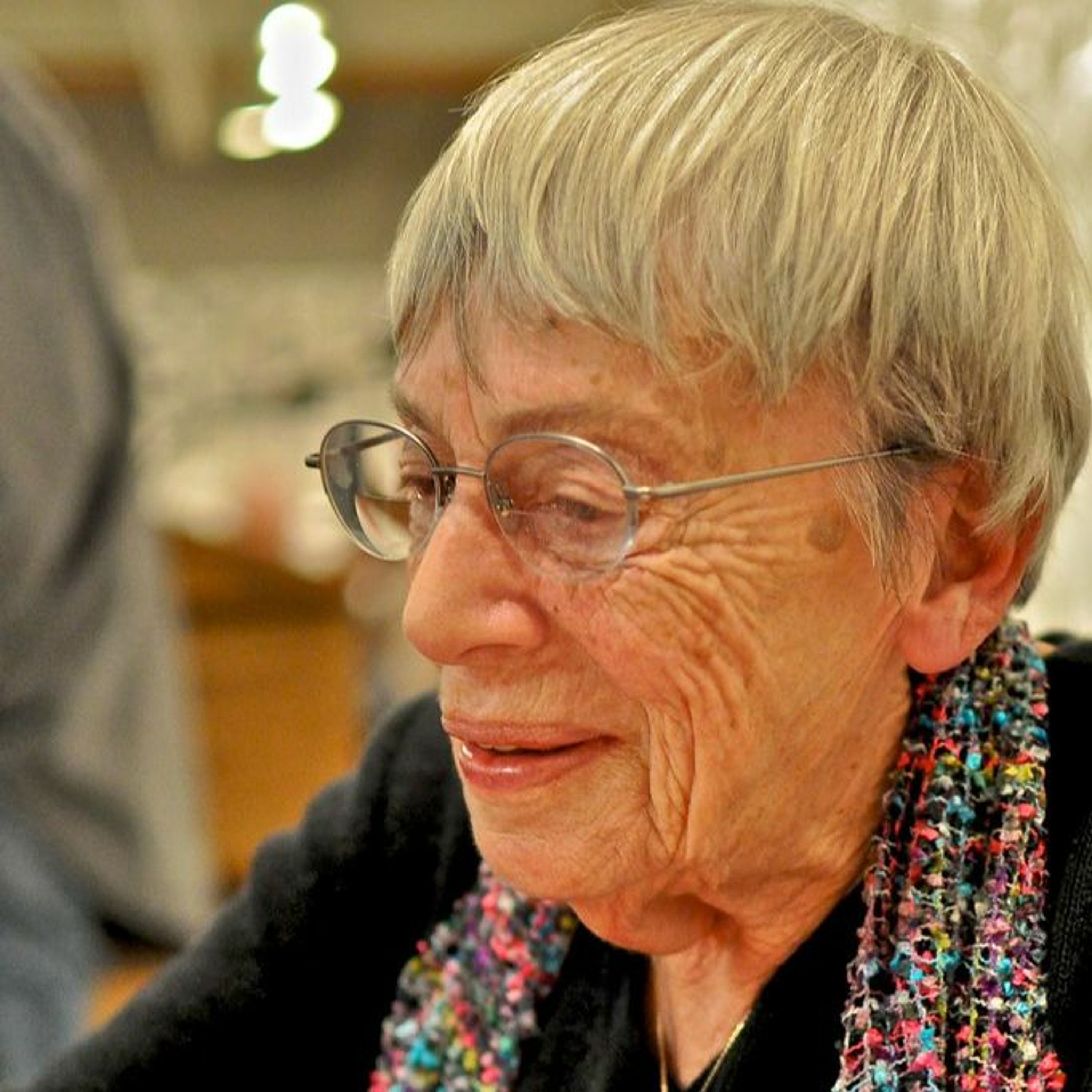
Sadler's LecturesUrsula K Leguin, The Farthest Shore - Arren's Commitment To The Archmage - Sadler's StoriesThis lecture discusses the science fiction and fantasy author, Ursula K. Leguin's novel, The Farthest Shore, the third of six Earthsea books
It focuses specifically on the young nobleman, Arren's encounter with Ged/Sparrowhawk, the Archmage of Earthsea. Arren comes to the island of Roke bringing reports of a problem with magic failing in the islands, and he commits himself to Ged, an offer Ged will take him up on, as they sail out to find and confront the source of the problem.
To support my ongoing work, go to my Patreon site - www.patreon.com/sadler
If you'd...
2023-12-1814 min
Sadler's LecturesUrsula K Leguin, The Tombs Of Atuan - Tenar's Choice Of Life - Sadler's LecturesThis lecture discusses the science fiction and fantasy author, Ursula K. Leguin's novel, The Tombs of Atuan, the second of six Earthsea books
It focuses specifically on the choices Tenar must make near the end of the novel, each of which represents a choice for life and an uncertain future
To support my ongoing work, go to my Patreon site - www.patreon.com/sadler
If you'd like to make a direct contribution, you can do so here - www.paypal.me/ReasonIO
You can find over 2,500 philosophy videos in my main YouTube channel - www.youtube.com/user/gbisadler
...
2023-12-1613 min
Sadler's LecturesUrsula K Leguin, The Tombs Of Atuan - Ged And Tenar's Escape - Sadler's LecturesThis lecture discusses the science fiction and fantasy author, Ursula K. Leguin's novel, The Tombs of Atuan, the second of six Earthsea books
It focuses specifically on the escape Tenar and Ged make from the Tombs of Atuan and from the Island of Atuan itself
To support my ongoing work, go to my Patreon site - www.patreon.com/sadler
If you'd like to make a direct contribution, you can do so here - www.paypal.me/ReasonIO
You can find over 2,500 philosophy videos in my main YouTube channel - www.youtube.com/user/gbisadler
Get Ursula K Leguin's The...
2023-12-1509 min
Sadler's LecturesUrsula K Leguin, The Tombs Of Atuan - The Power Of Trust - Sadler's LecturesThis lecture discusses the science fiction and fantasy author, Ursula K. Leguin's novel, The Tombs of Atuan, the second of six Earthsea books
It focuses specifically on what Ged calls "the power of trust" and how that enables Ged and Tenar to escape from the Tombs
To support my ongoing work, go to my Patreon site - www.patreon.com/sadler
If you'd like to make a direct contribution, you can do so here - www.paypal.me/ReasonIO
You can find over 2,500 philosophy videos in my main YouTube channel - www.youtube.com/user/gbisadler
Get Ursula K Leguin's...
2023-12-1414 min
Sadler's LecturesUrsula K Leguin, The Tombs Of Atuan - Tenar Regains Her Name - Sadler's LecturesThis lecture discusses the science fiction and fantasy author, Ursula K. Leguin's novel, The Tombs of Atuan, the second of six Earthsea books
It focuses specifically on how Tenar regains her name, after existing as Arha, the "eaten one" for over a decade, and the implications of her taking on that identify.
To support my ongoing work, go to my Patreon site - www.patreon.com/sadler
If you'd like to make a direct contribution, you can do so here - www.paypal.me/ReasonIO
You can find over 2,500 philosophy videos in my main YouTube channel - www.youtube.com...
2023-12-1315 min
Sadler's LecturesUrsula K Leguin, The Tombs Of Atuan - Erreth-Akbes's Ring - Sadler's LecturesThis lecture discusses the science fiction and fantasy author, Ursula K. Leguin's novel, The Tombs of Atuan, the second of six Earthsea books
It focuses specifically on the stories about the broken ring or amulet or Erreth-Akbe, which motivates the entire story.
To support my ongoing work, go to my Patreon site - www.patreon.com/sadler
If you'd like to make a direct contribution, you can do so here - www.paypal.me/ReasonIO
You can find over 2,500 philosophy videos in my main YouTube channel - www.youtube.com/user/gbisadler
Get Ursula K Leguin's The Tombs of Atuan...
2023-12-1219 min